The Ruta de Scott.
From the bustling high-desert city of Durango we were looking for a route south that ticked a few boxes: interesting landscapes; small villages; quiet roads; preferably dirt; mostly hilly. While our ride up to Durango from the coast had been on pavement (and amazing pavement it was) our goal for the rest of Mexico, and indeed the rest of our ride to Ushuaia, is to stick to dirt as much as possible.
There is not much written up for dirt-road touring in Mexico, for reasons of which we are unsure – could be the uncertainty of camping, navigation hassles or fear of cartel (or otherwise illegal) activity. We spent quite some time Googling and researching options and in the process stumbled upon Scott Pauker’s website documenting his ride towards Zacatecas, Guanajuato and the volcano of Nevado de Toluca – places that were priorities for us too. Scott’s route looked like it stuck to dirt roads, rural land and mountains and he was also riding a Surly Ogre, so it sounded perfect.
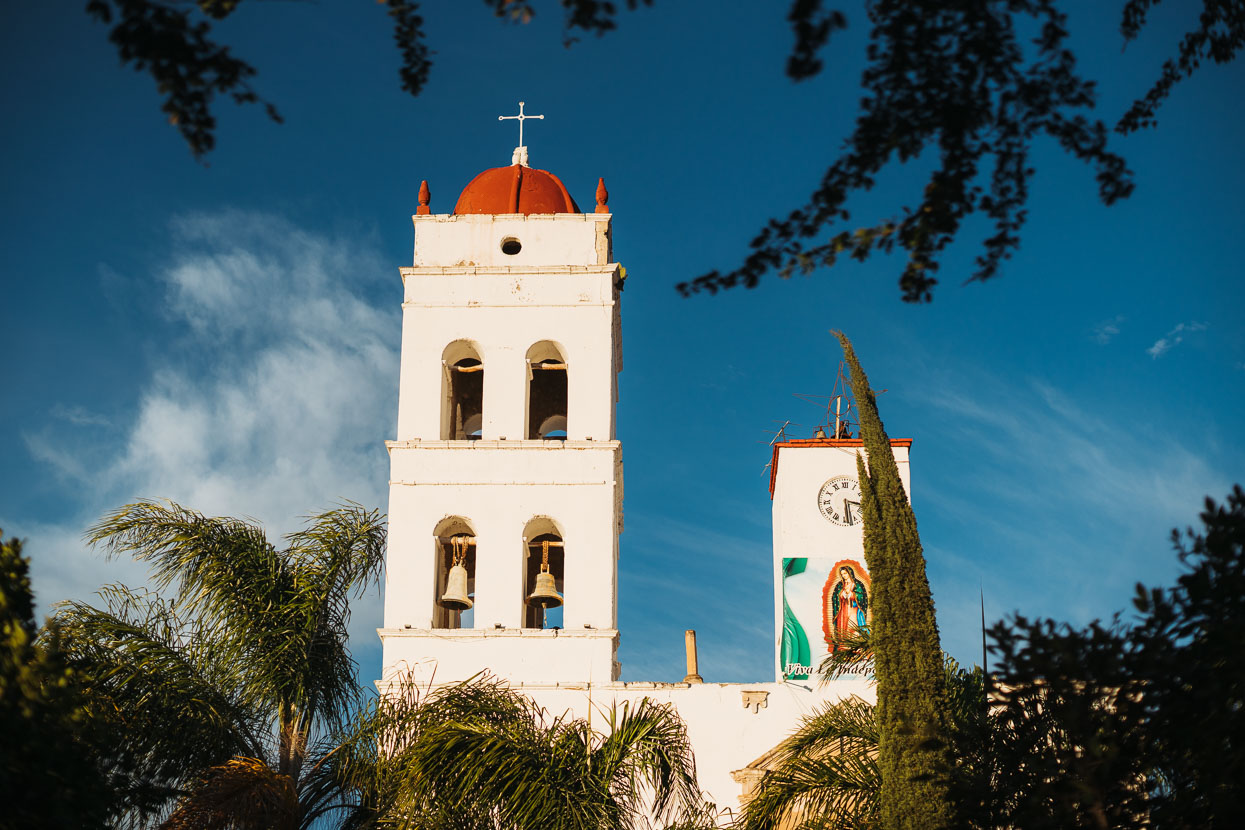
We just took one day off in Durango to recover from the wild Sierra Madre ride up from the coast. Out of Durango the route took to the tarmac (very little traffic) towards the remote town of San Francisco de Mezquital, tucked into deep and broad canyon country almost directly south of the city. We had a late start so it was a full afternoon’s ride to get there.
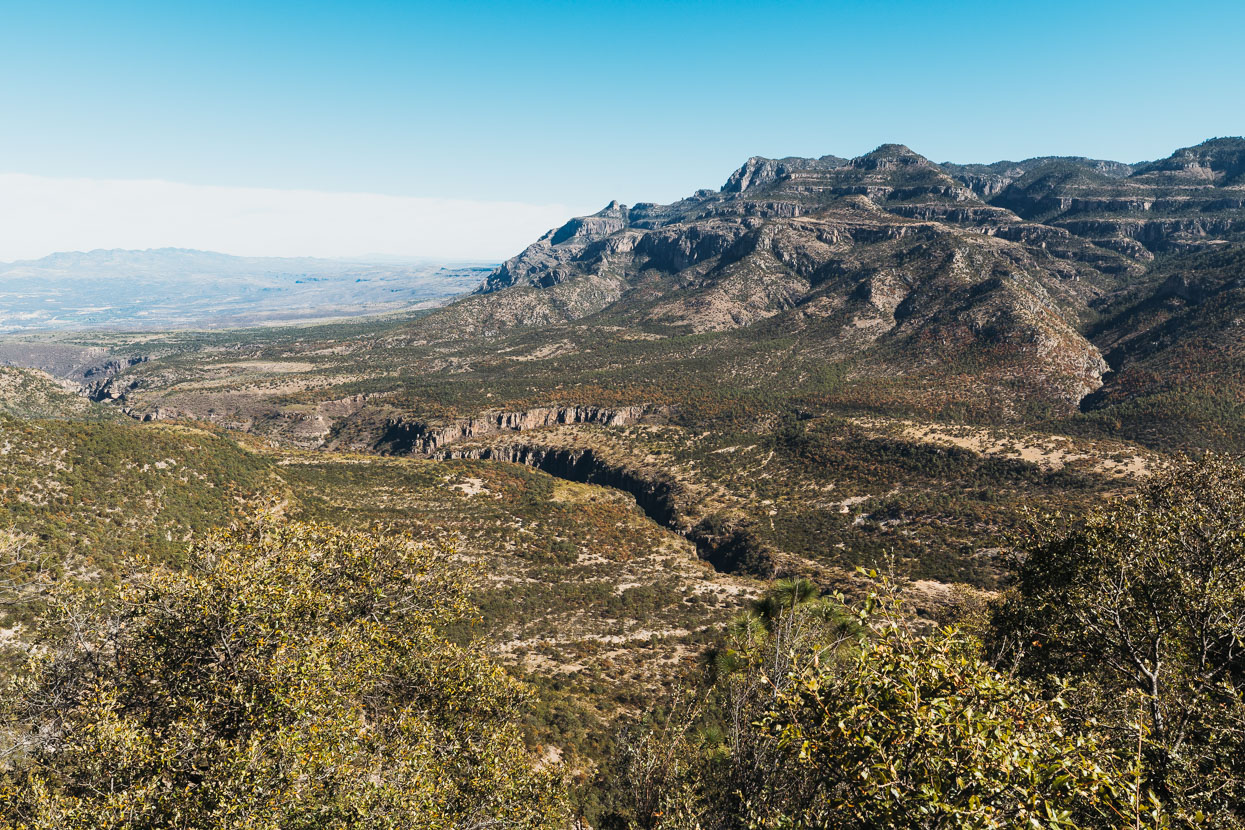
Next day out of San Francisco de Mezquital was another full on day of climbing. We’d lost quite a lot of elevation dropping from Durango back down into the canyons and on this day we gained all that back again – and more. The day kicked off with a 1000 metre climb on a remote paved road, taking us from the cactus and scrub dotted valley floor back into forest and pine trees.
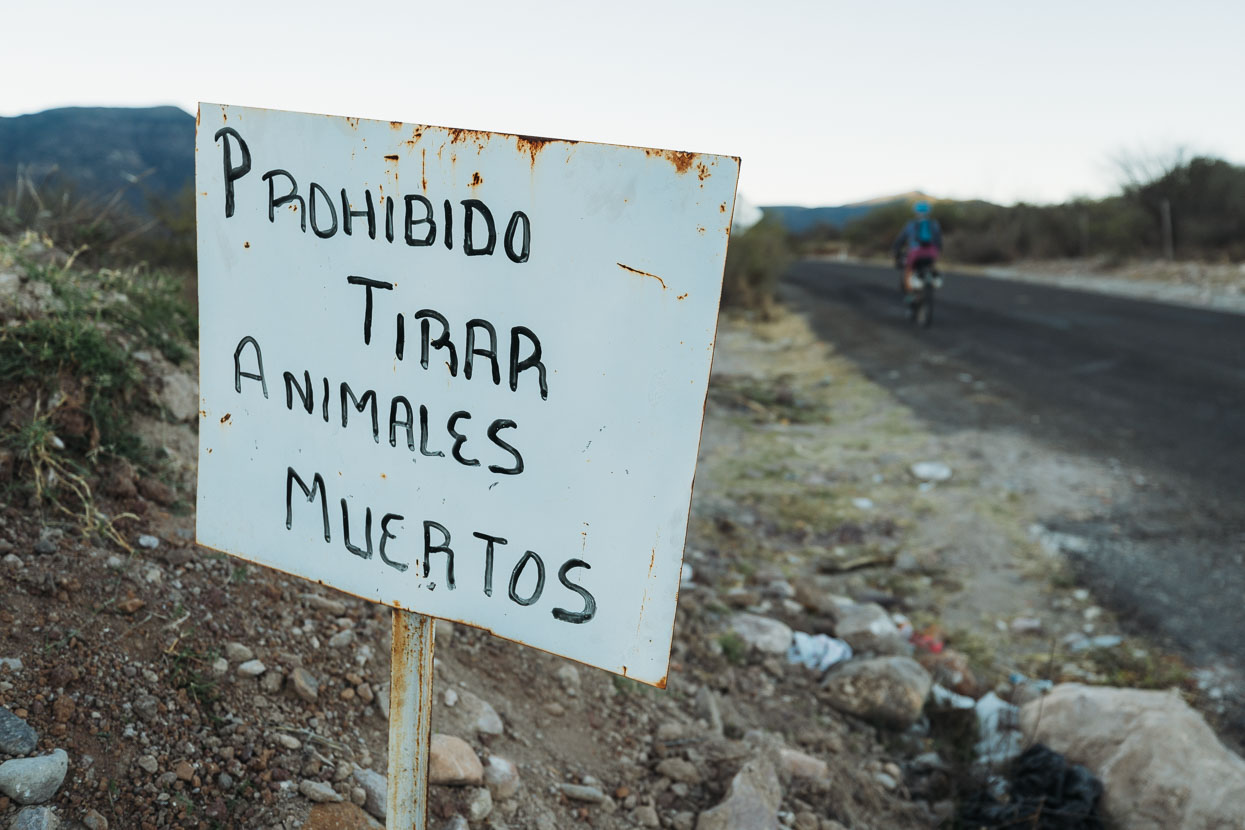
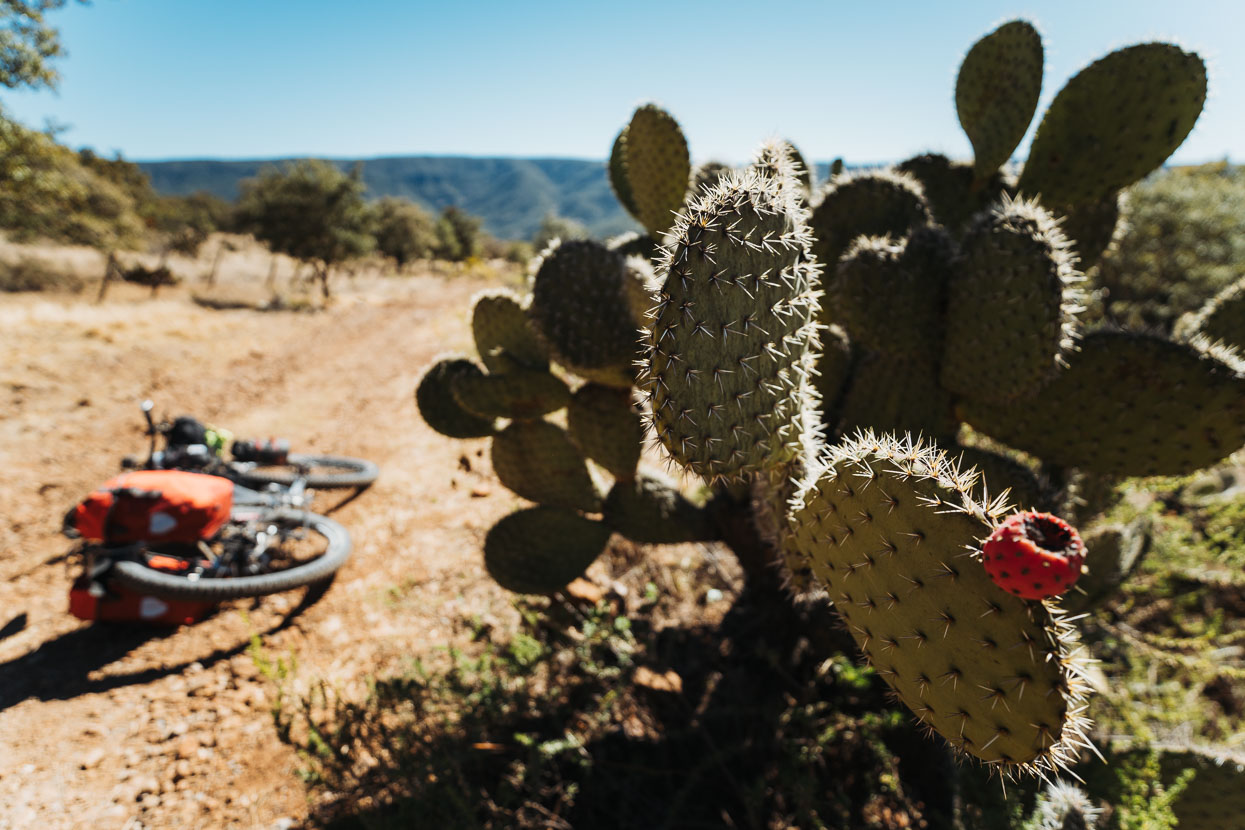
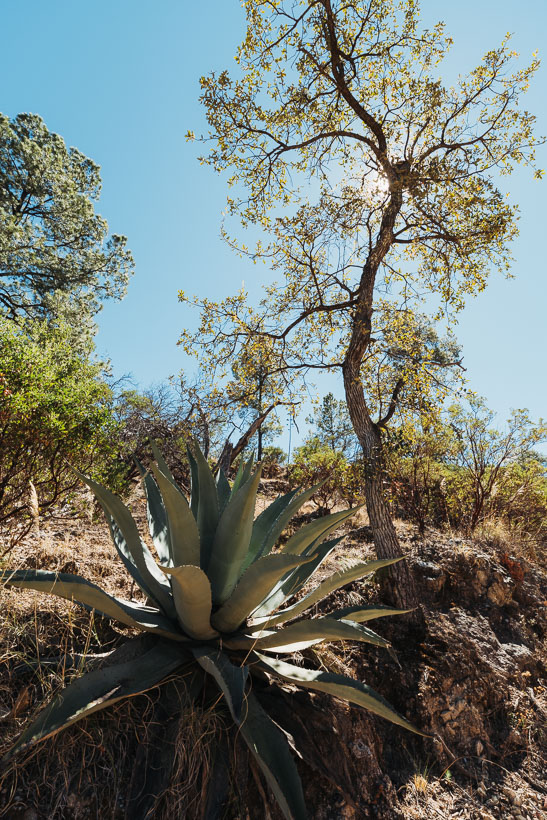
We then dropped off a broad ridge into a forest conservation area (some locked gates to negotiate) winding our way down a rocky road to a stream in the valley bottom. A 650 metre climb back out followed that was super steep in places, and loose under tyre, forcing us to walk a few spots.
We saw no one for most of the day, except this group of men from Mezquital logging timber. They were cutting it into planks on-site for a new casa. This was inside the gated conservation area, so permitted or poaching; we weren’t sure.
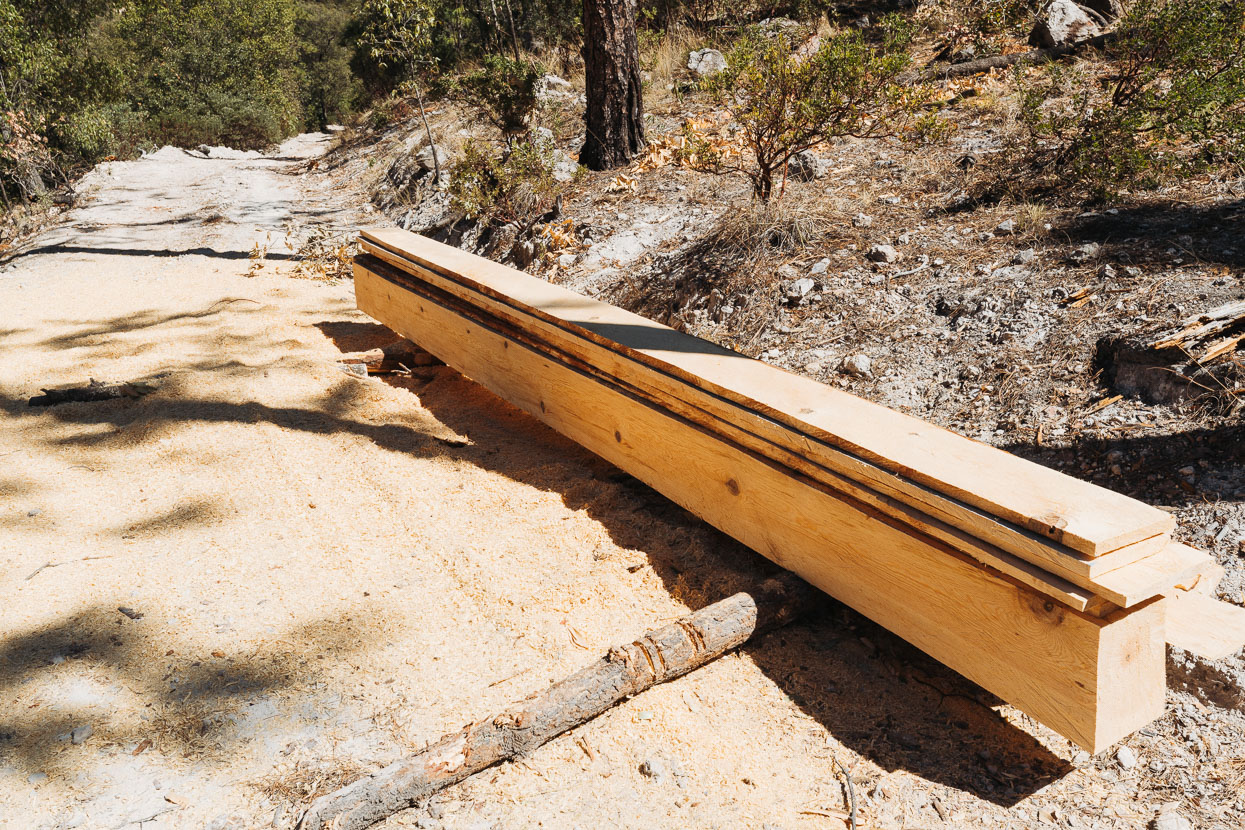
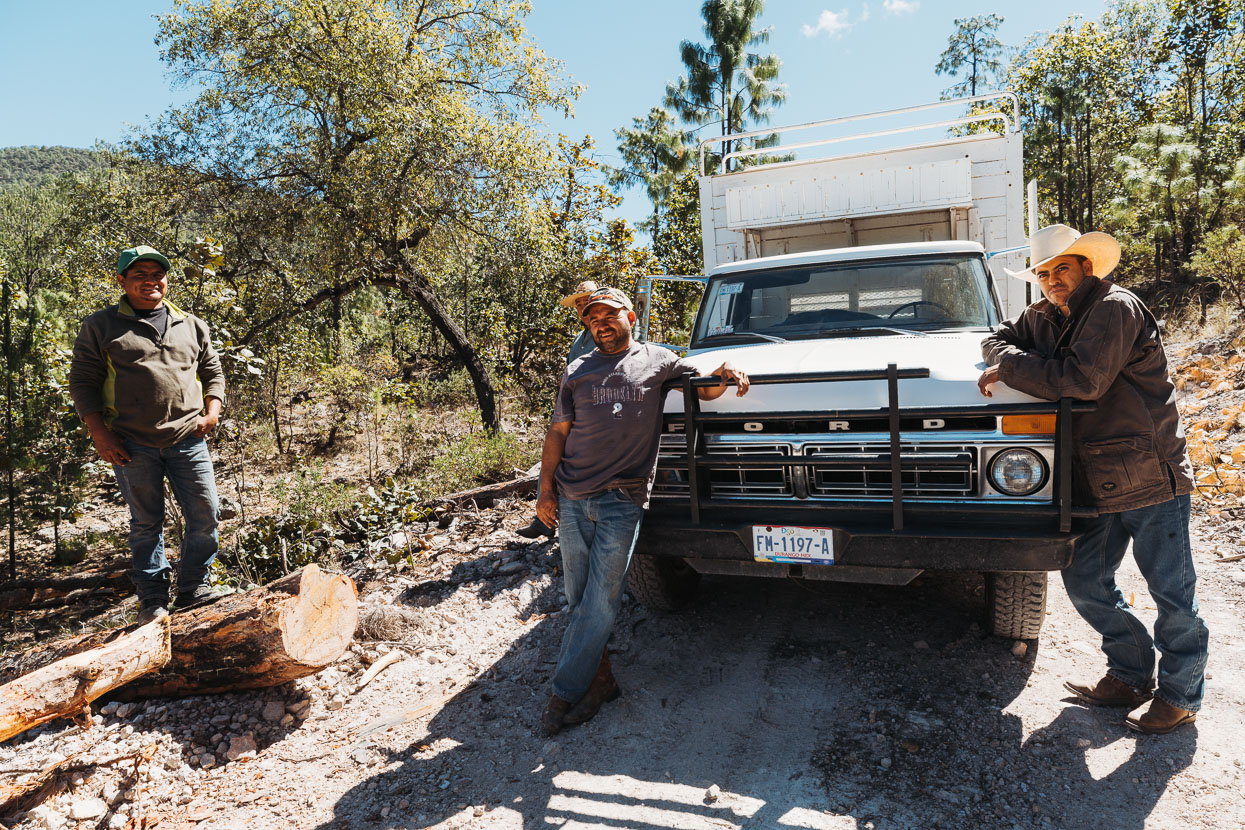
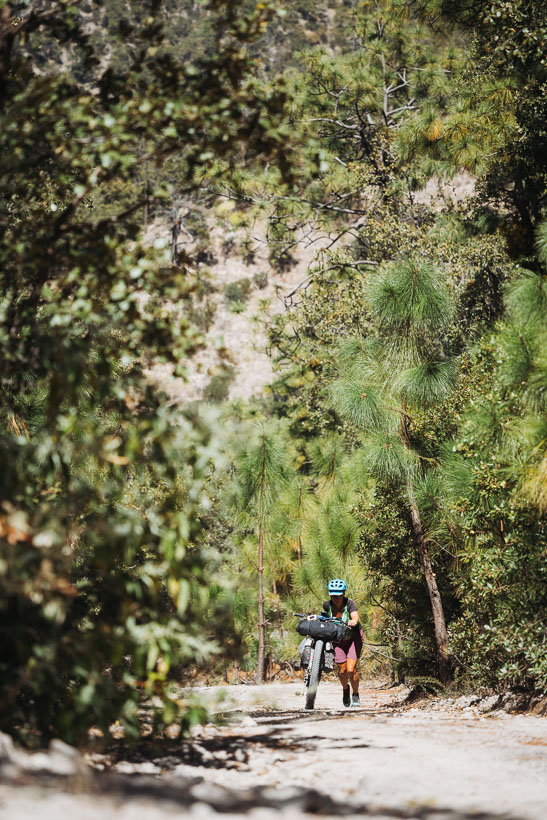
This day was the first of many encounters we have now had with locked gates on rural roads and tracks in Mexico. Public access is permitted (as far as we can tell) everywhere we have been, but locked gates are common, presumably to prevent cattle theft and poaching. Usually there is a big enough gap that we can drag the bikes underneath once the front wheel and rear panniers are removed.
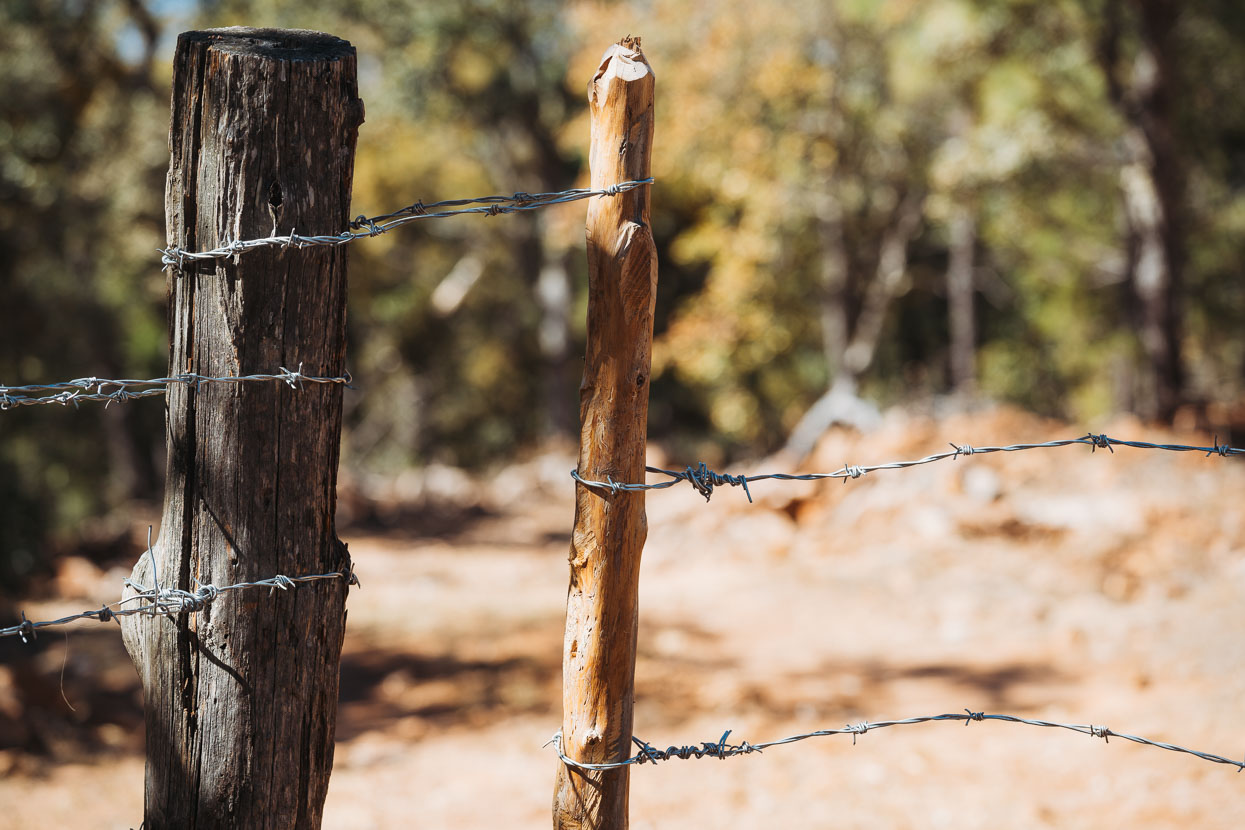
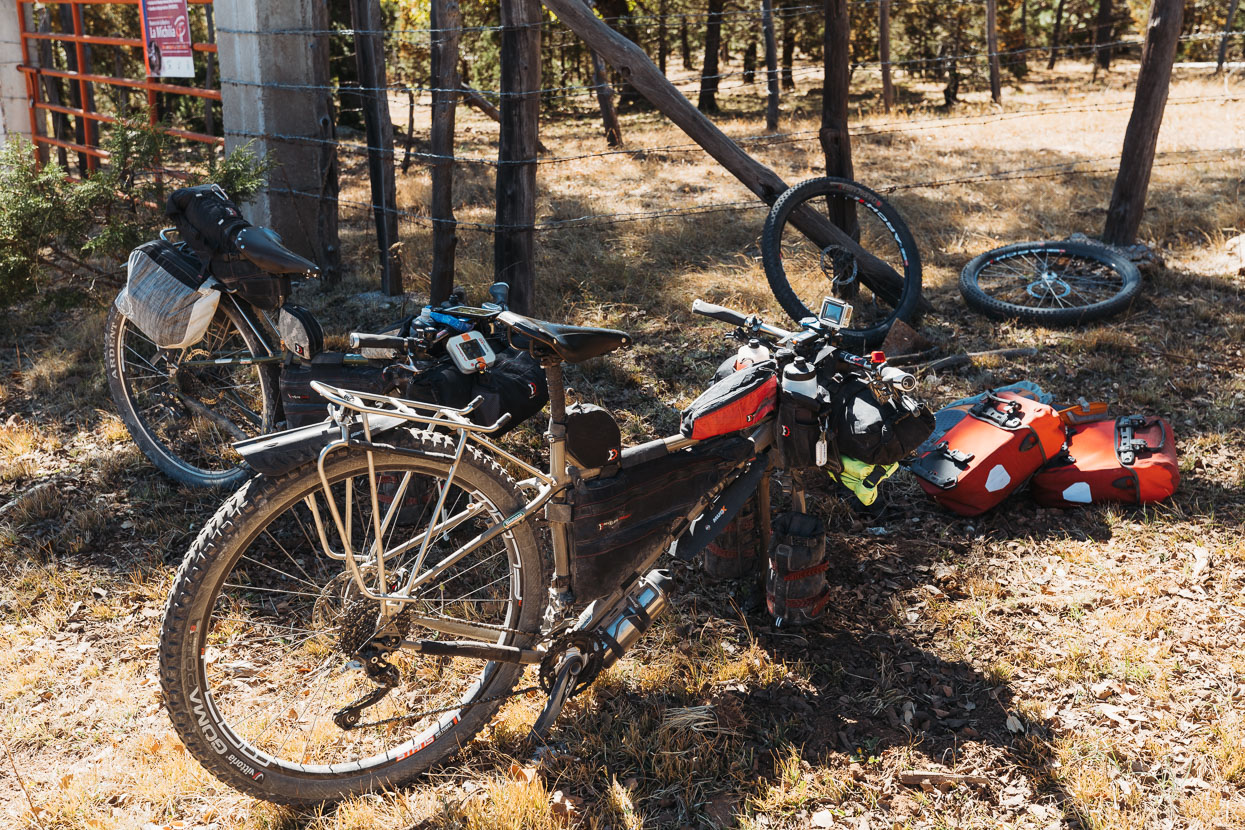
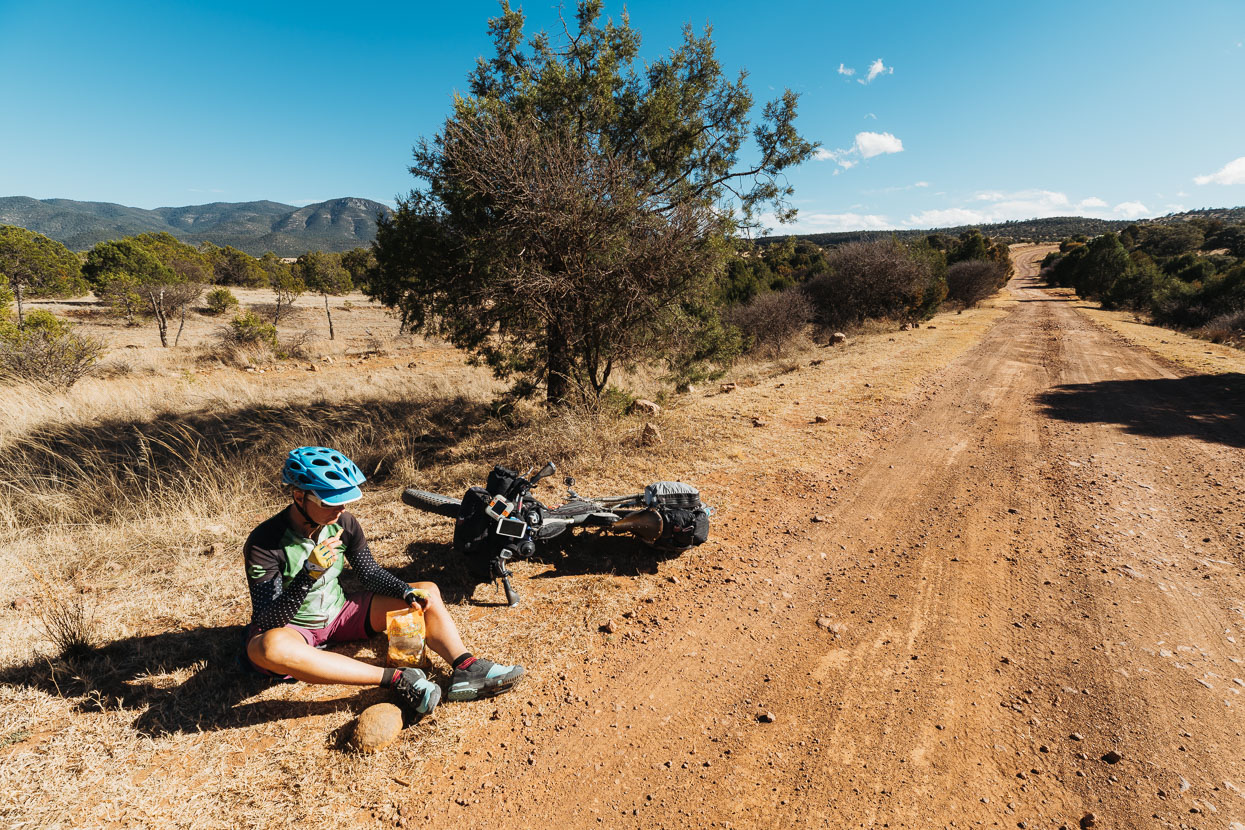
Once over the second steep climb fast and fairly smooth dirt roads made nice riding.
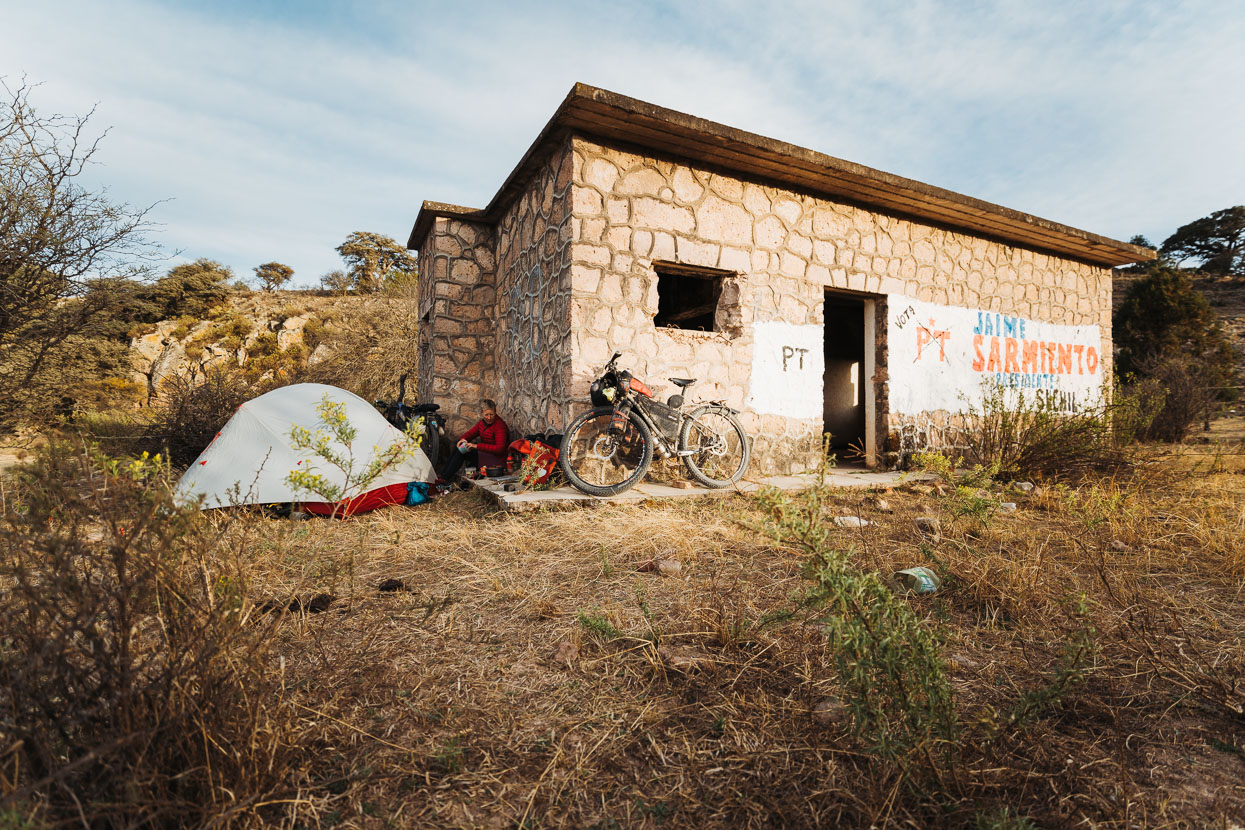
Late in the afternoon an abandoned building with some unfenced, flat land (but by the road) provided a tempting campsite. We chatted to an elderly couple in a passing truck who reckoned camping there would be fine: ‘this is a very quiet valley’, they said.
We pitched our tent and began cooking dinner. Shortly before dark a fellow in a hoodie, with a dog alongside walked by, stopped, and asked if were staying there for the night. Before proceeding to say ‘no es bueno’ many many times, due to the many borrachos (drunks) who would be driving back into the valley from a boozy weekend in town.
‘Come and stay at my house’, he offered. ‘You’ll be safe there – it’s away from the road’.
We were a little reluctant to pack everything back up again, but seeing as he’d made an offer of something safer it seemed worth it – even though we knew nothing about this guy and he looked a little suspect himself.
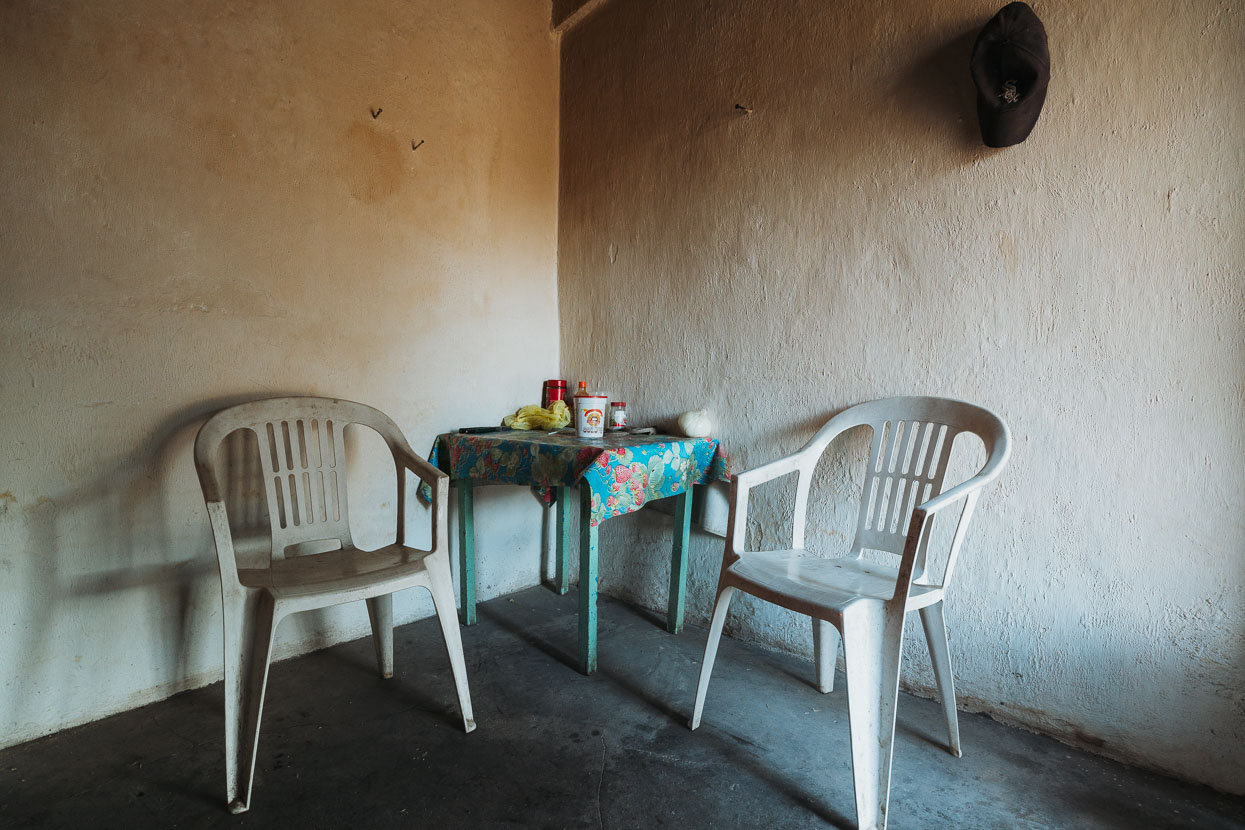
To call Jeraldo’s living arrangement modest is possibly too grandiose a term. He worked at a nearby ranch, had also worked in the USA (but spoke only a tiny bit of English), and had family in a city not too far away; but lived in this valley in a three room stone-walled hut with virtually no possessions.
Jeraldo made us feel immediately comfortable in his minimal dwelling, lighting a fire to heat water for tea (he had no stove), and offering somewhere private to sleep. He also lit another fire under a boiler to provide us hot water for a shower.
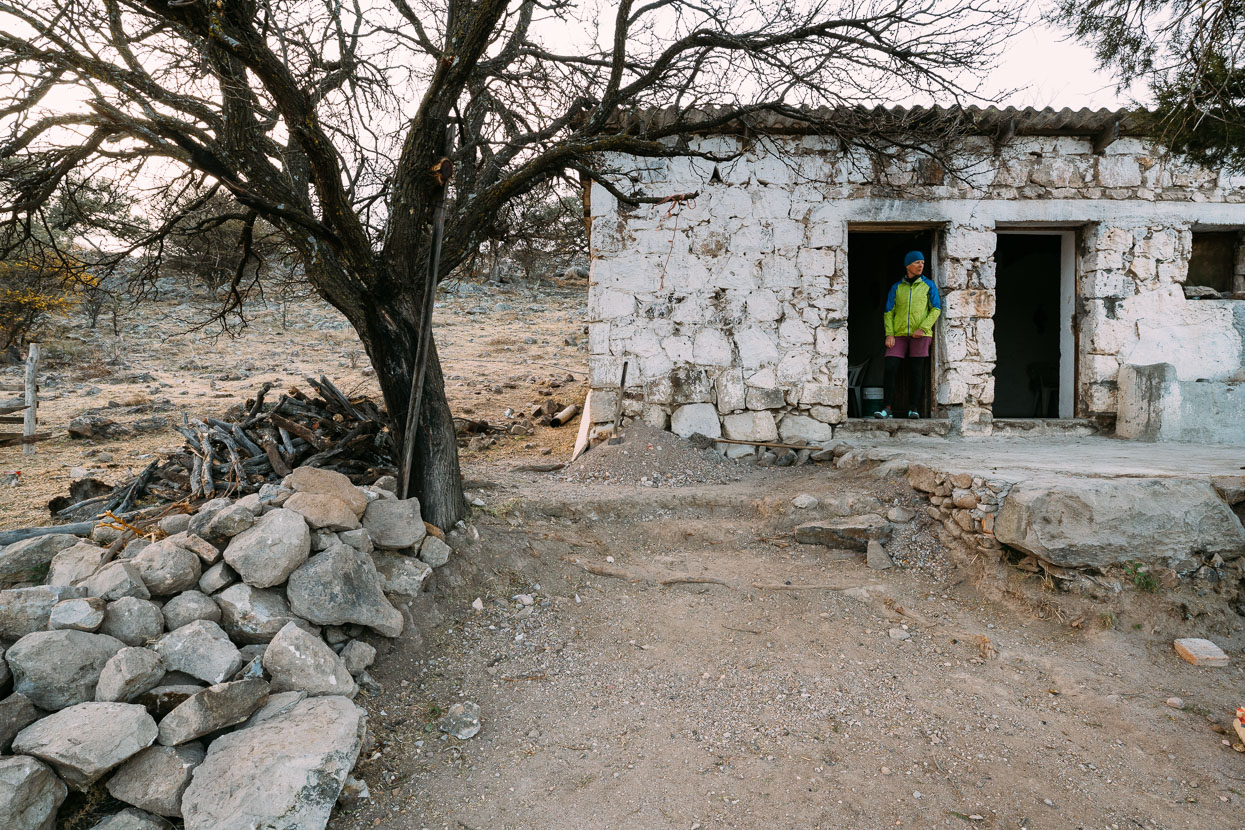
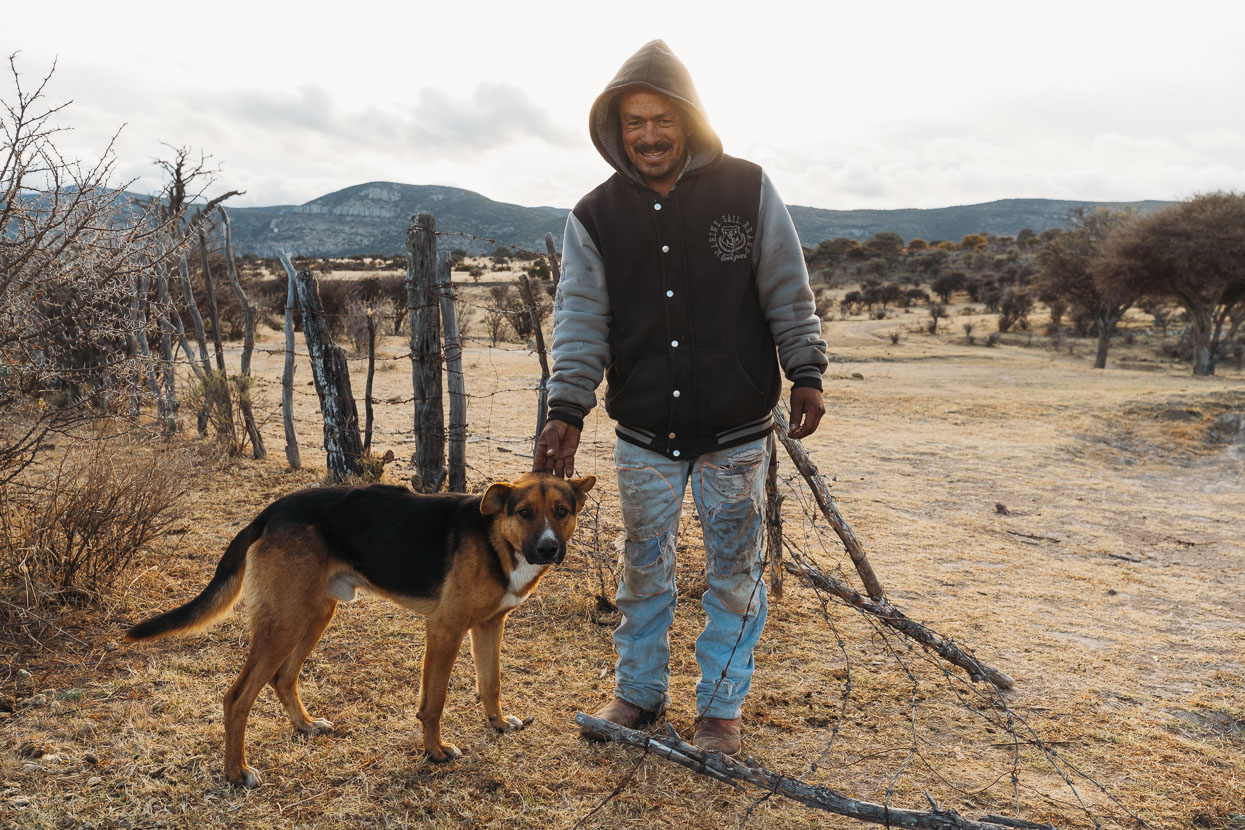
We slept well and in the morning Jeraldo walked us back to the road and bade us farewell. We had discretely left him 100 pesos on the kitchen table as a thank you.
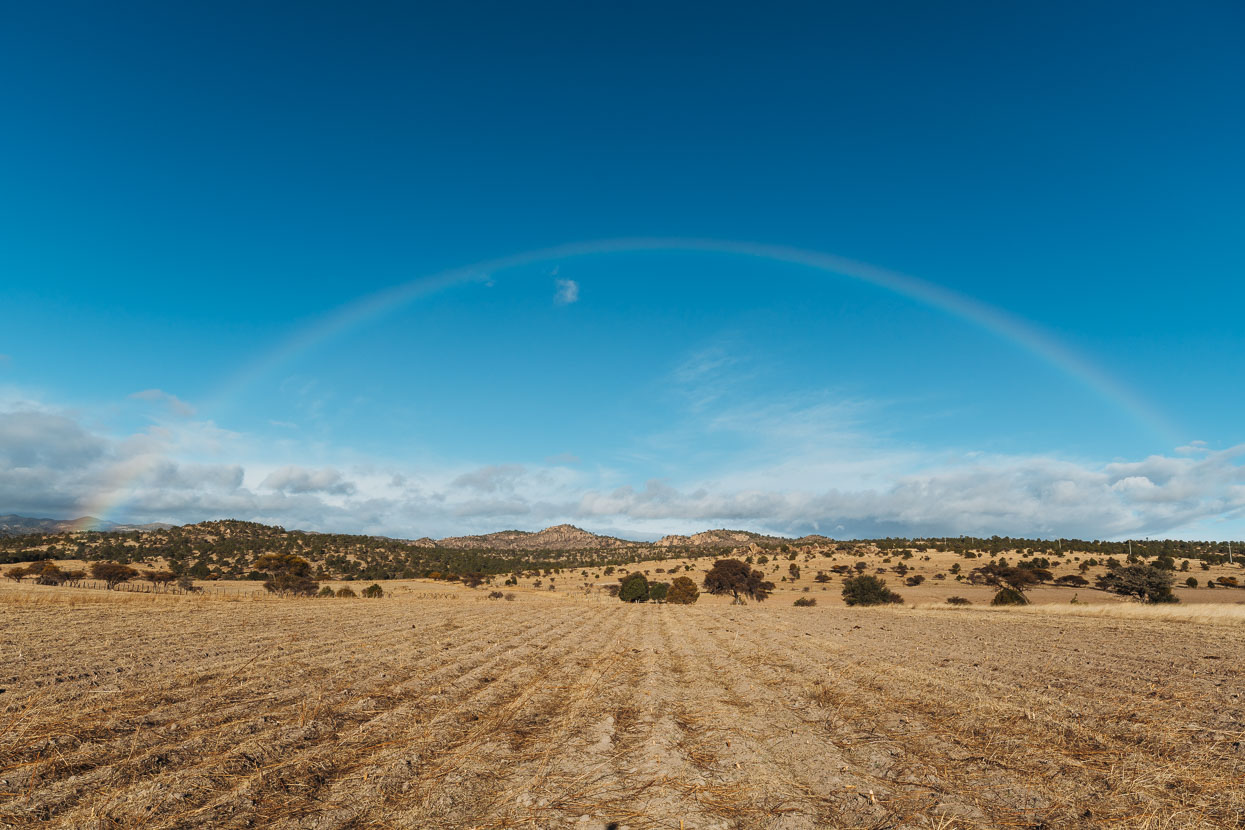
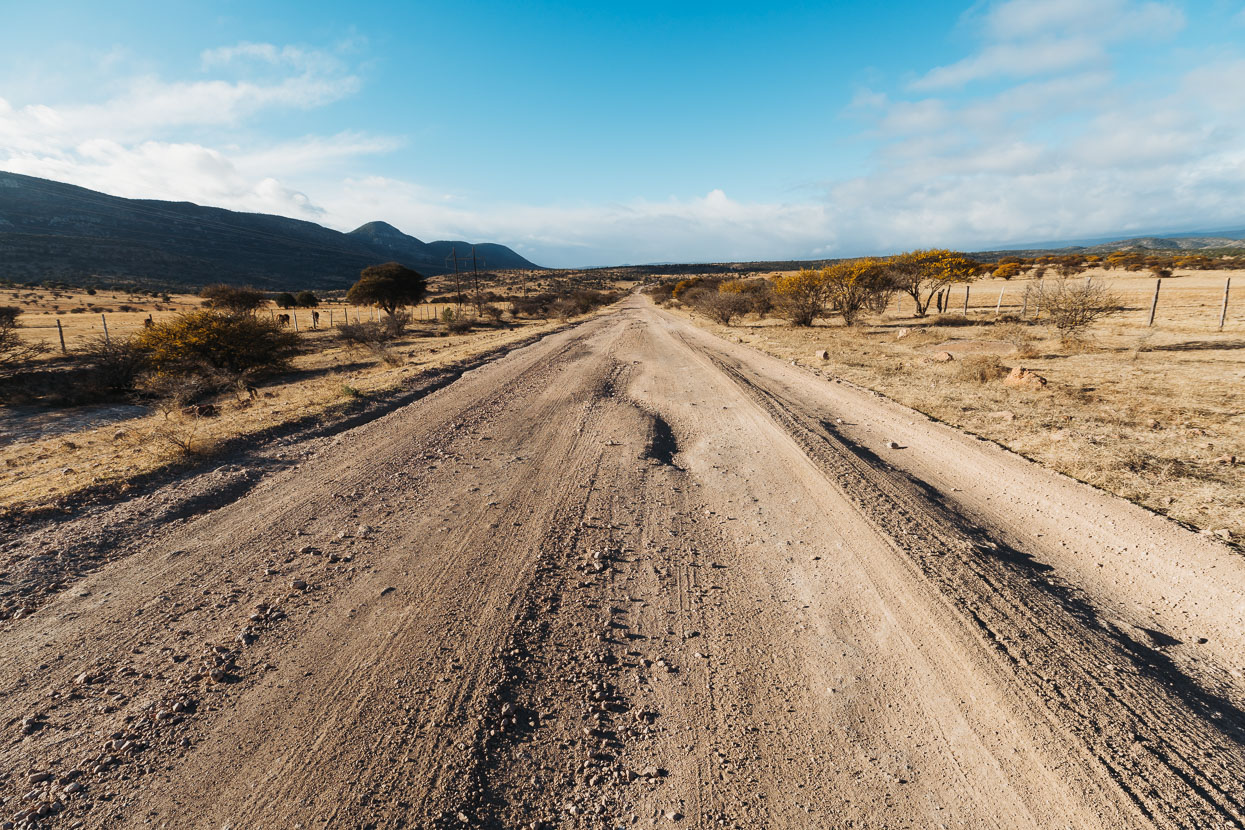
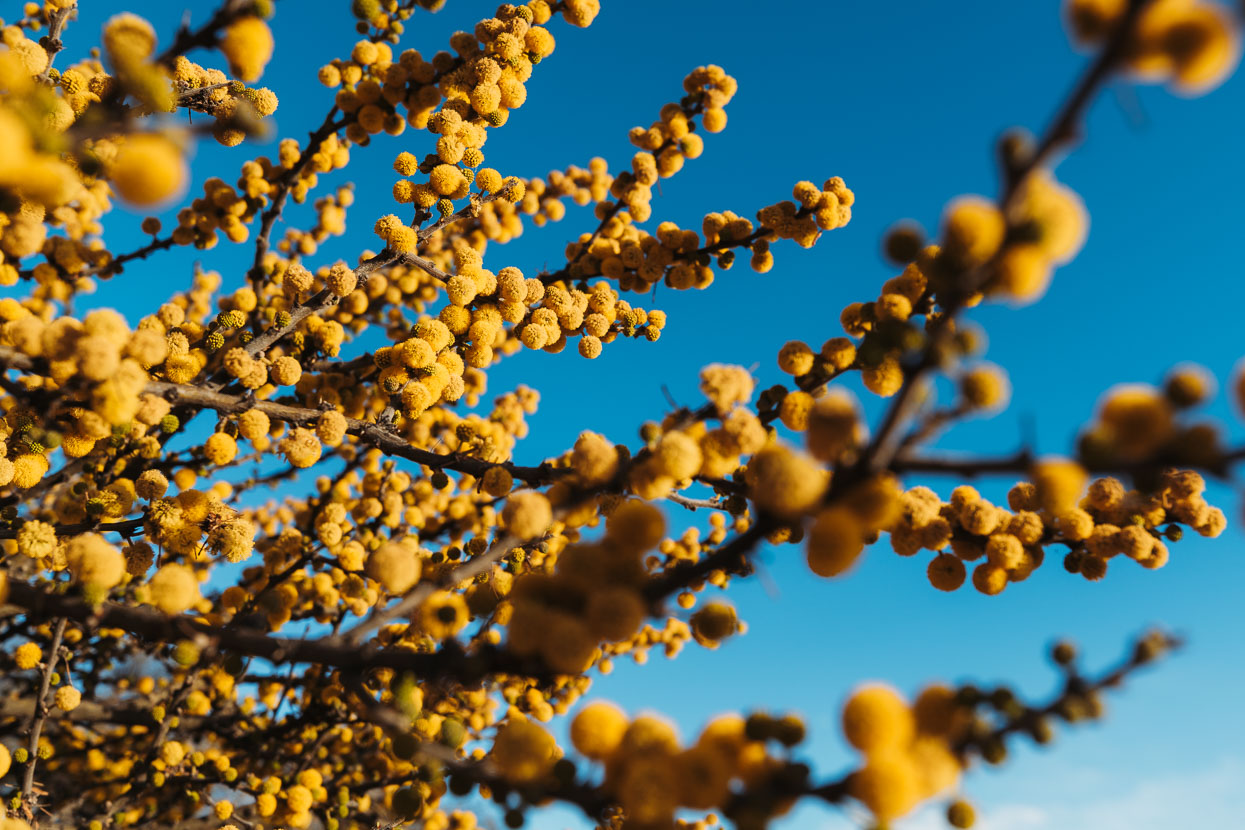
Threatening skies and drizzle blowing from afar chased us out of the foothills as we gradually lost elevation down to the town of Suchil.
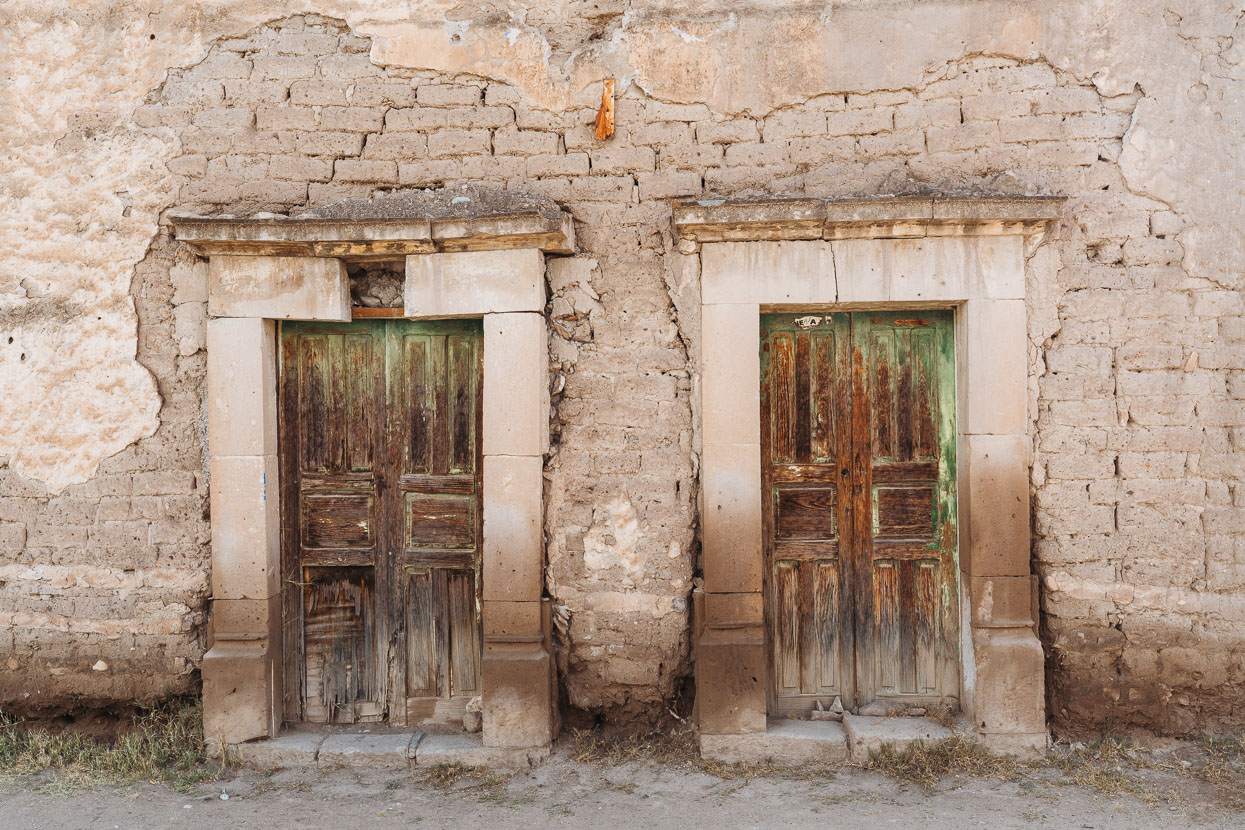
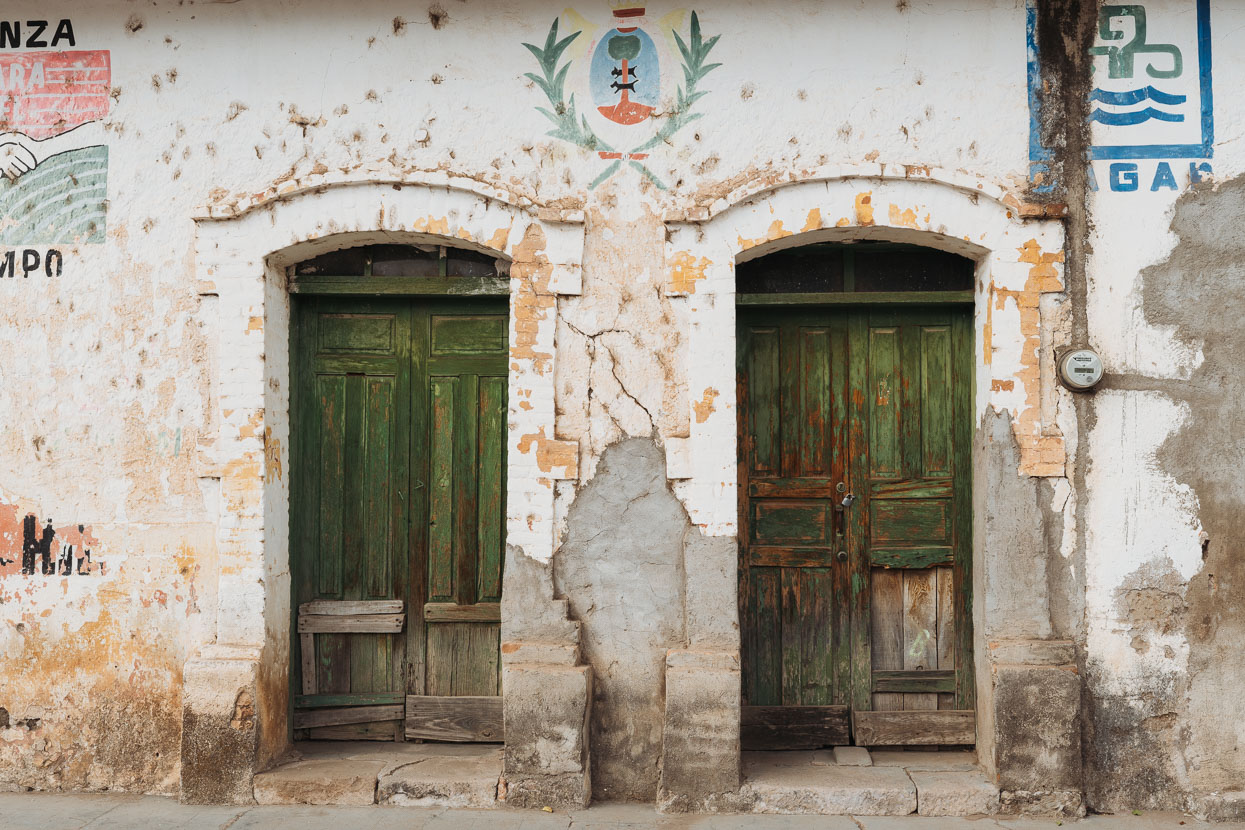
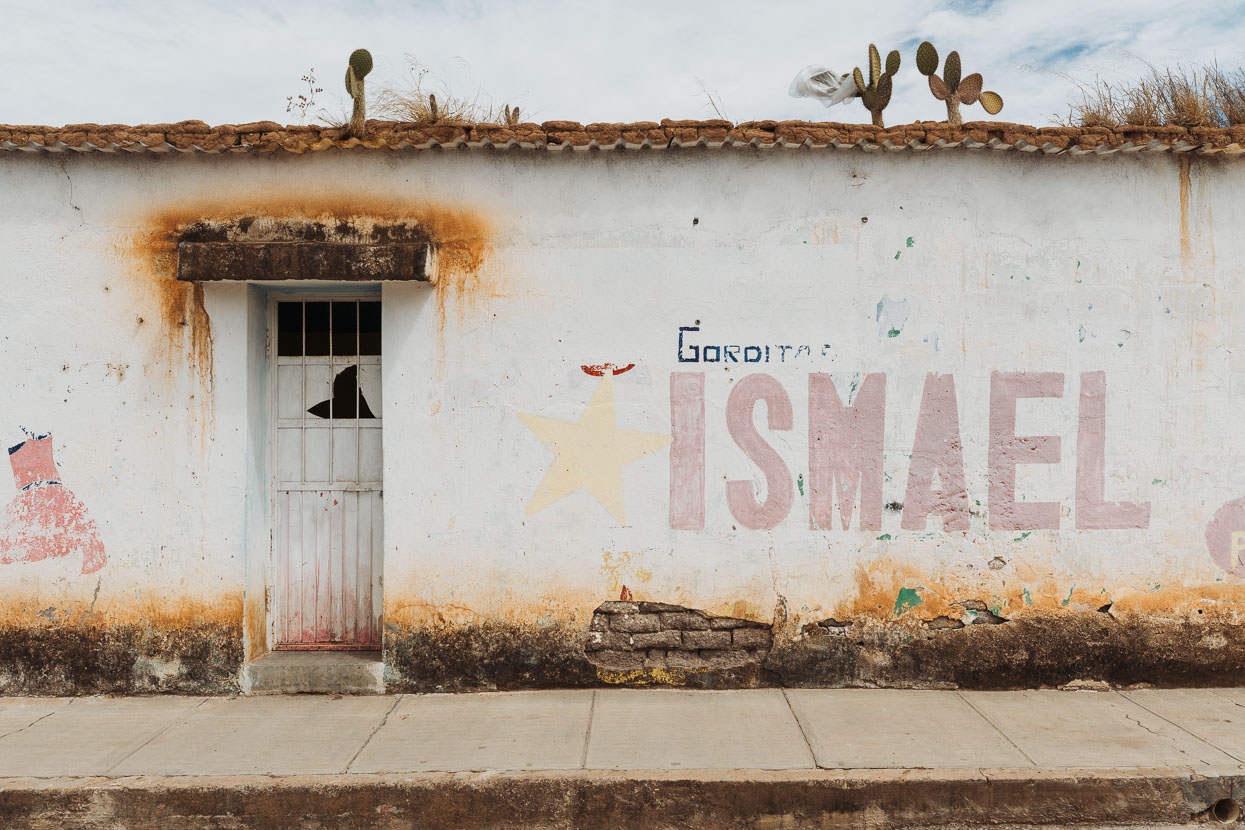
From Suchil onwards most of the rest of the day was on quiet paved roads, as gale force winds propelled us towards Sombrerete. Finally we turned off onto dirt again, headed towards San José de Mesillas.
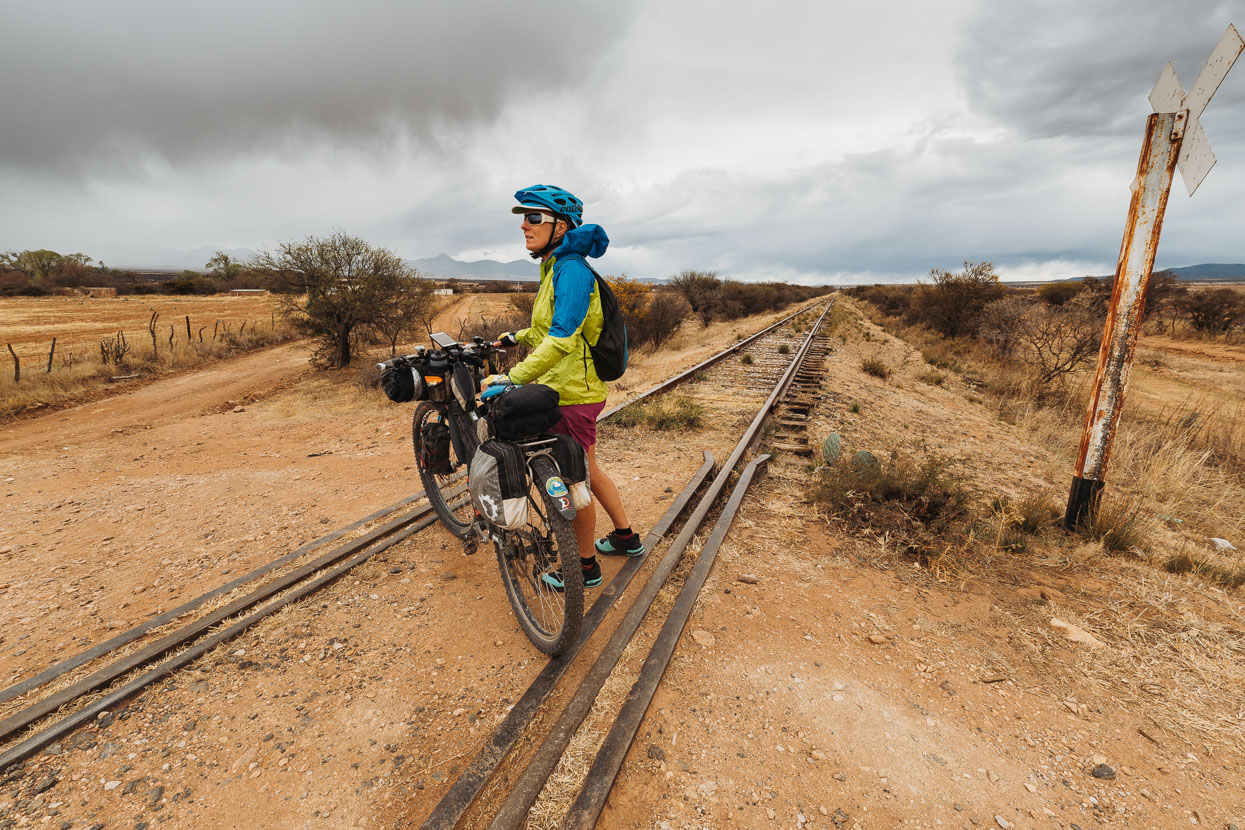
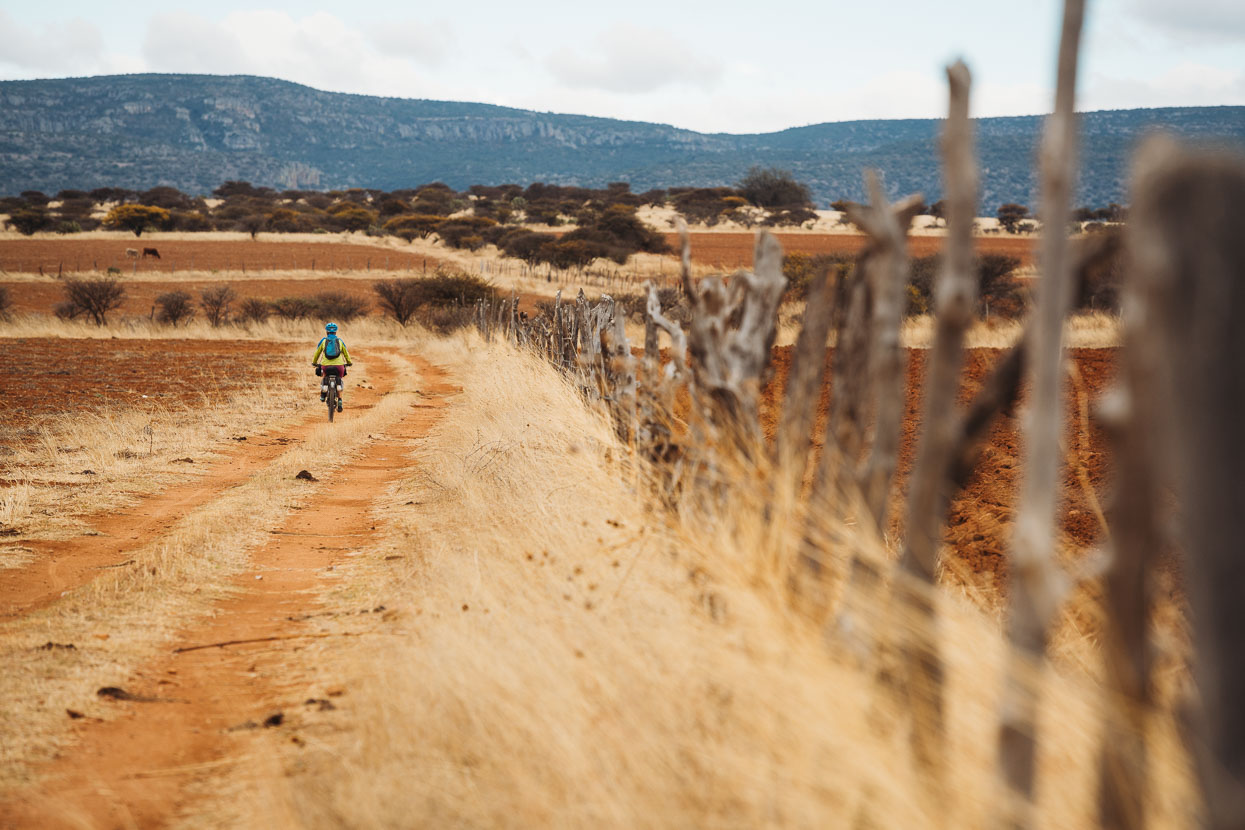
The route linked together a series of pleasant double tracks through some farming hamlets and along the edge of fields as we drew closer to the ranges again.
Mesillas was almost deserted. We considered staying in some rooms that were available to rent (not a hotel exactly) but decided to ride on out of town and camp.
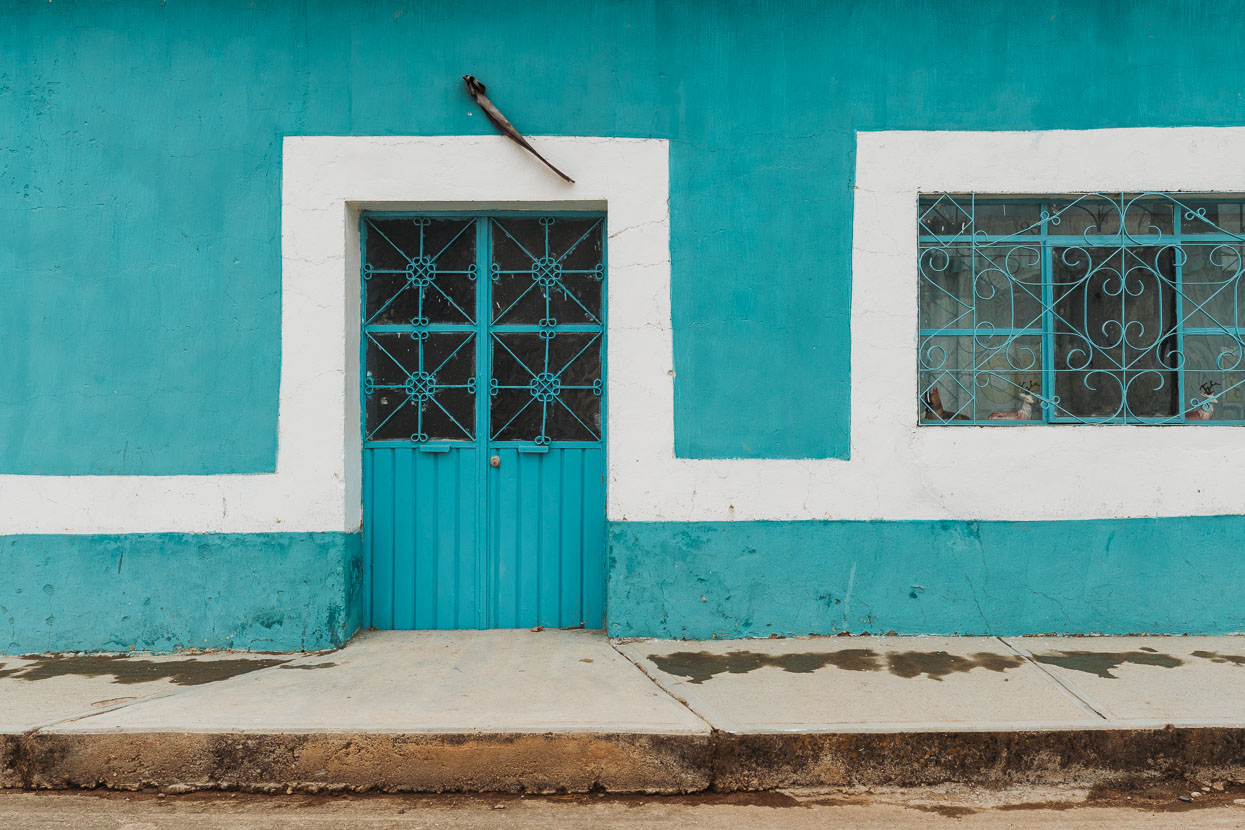
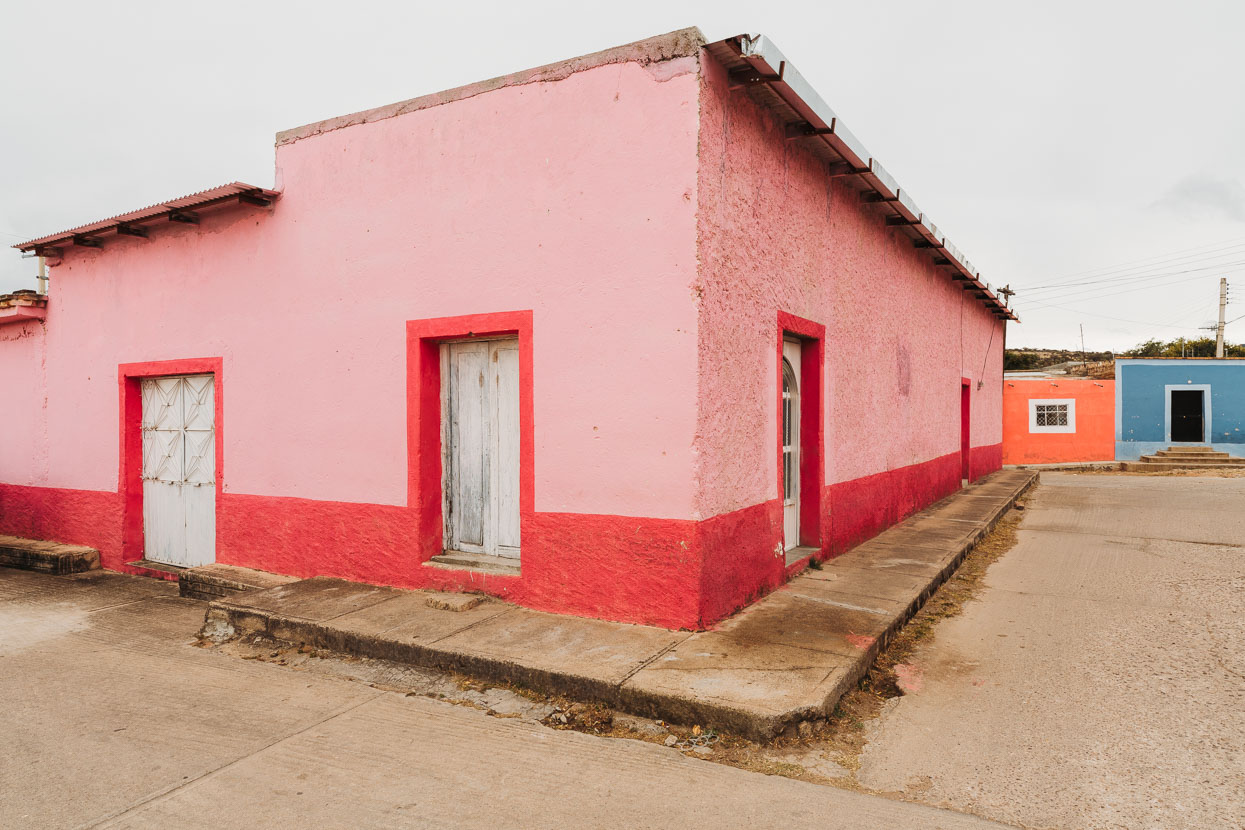
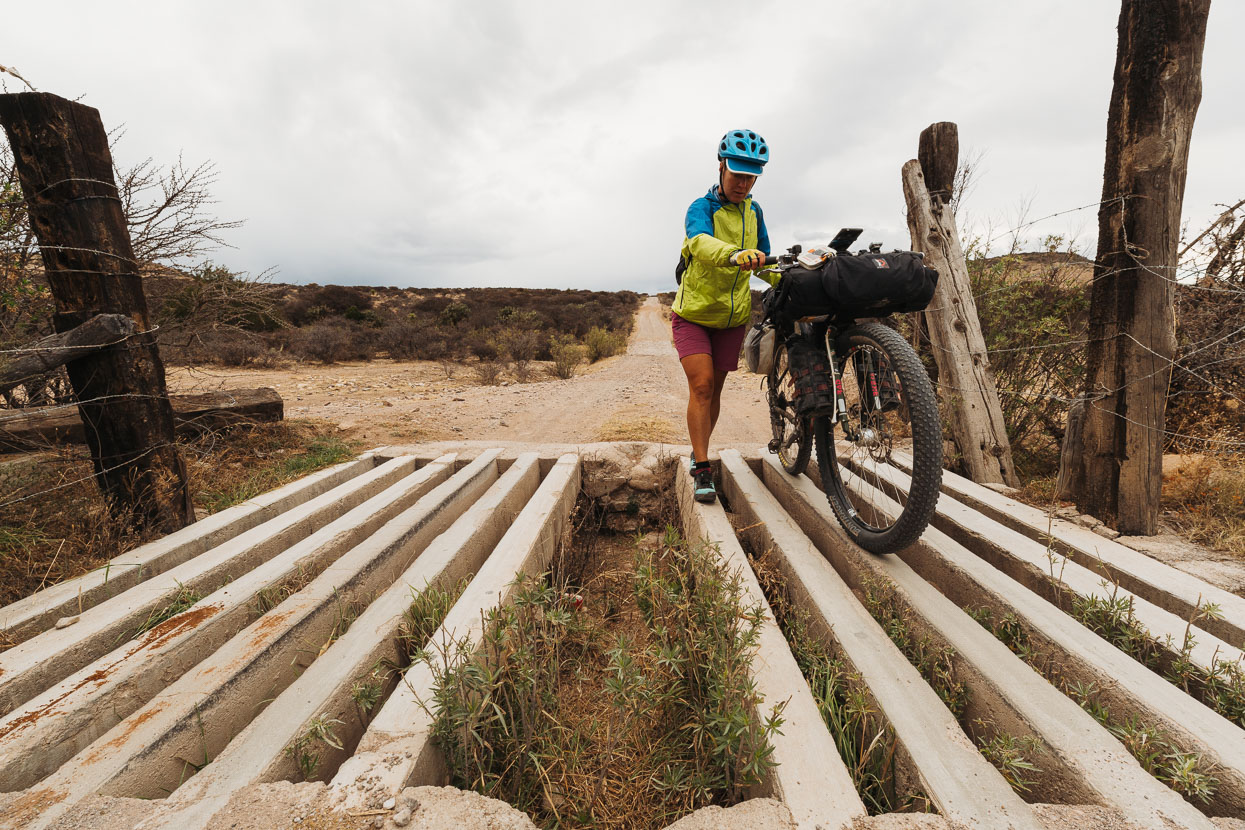
‘Texas gates’ here are seriously cyclist unfriendly.
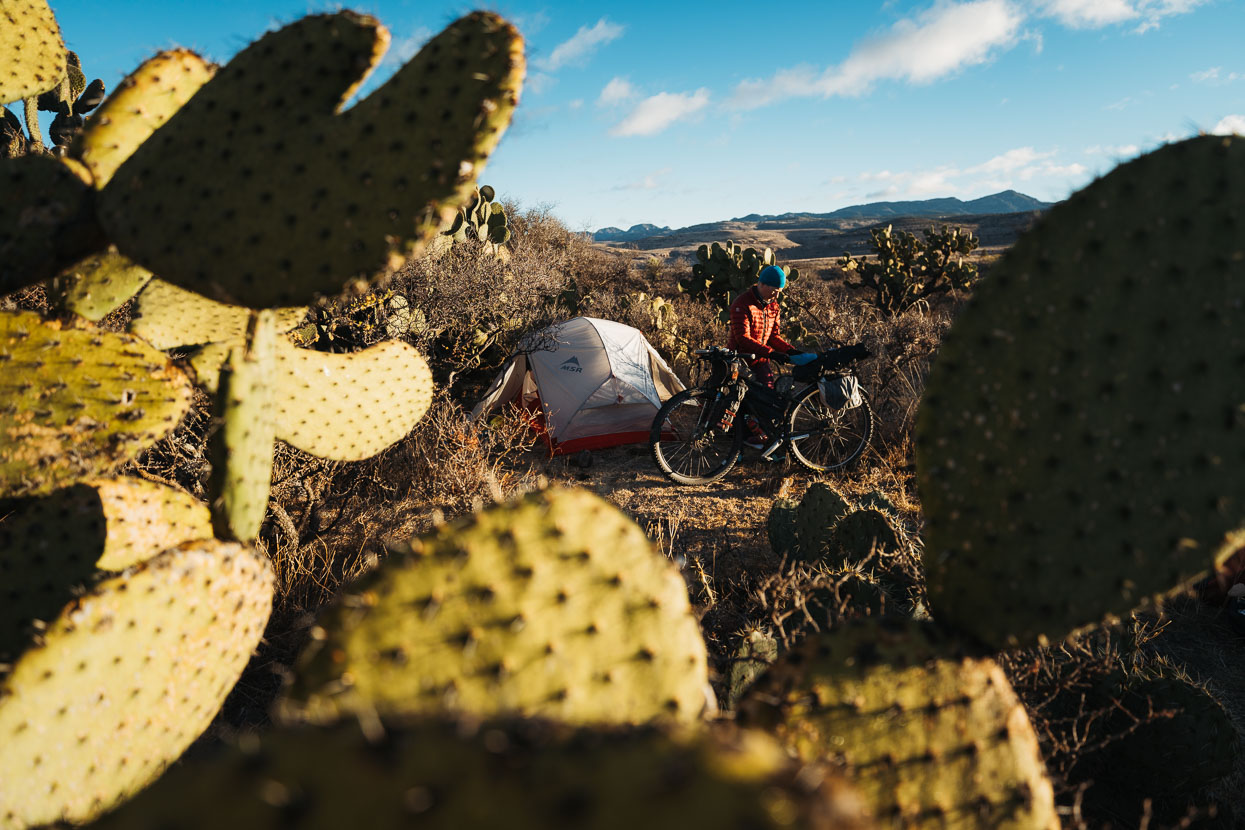
Our camping strategy in Mexico is ‘Make sure nobody knows where you are’. Even locals question us to ask if we have had any ‘trouble’ here. And more than one person has said to us ‘Do not travel at night, that’s when things happen. Daytime, no problem!’ You’d be foolish to camp right by the side of a main road in the USA, and it’s the same for Mexico, except here it’s generally considered risky to camp even on the side of rural roads.
So we wait until just before dark, make sure we can see no dwellings, and pick our way into the thickest cover we can find. At this site we were only 100 metres from a dirt road, so the couple of times we heard a vehicle we turned off our lights.
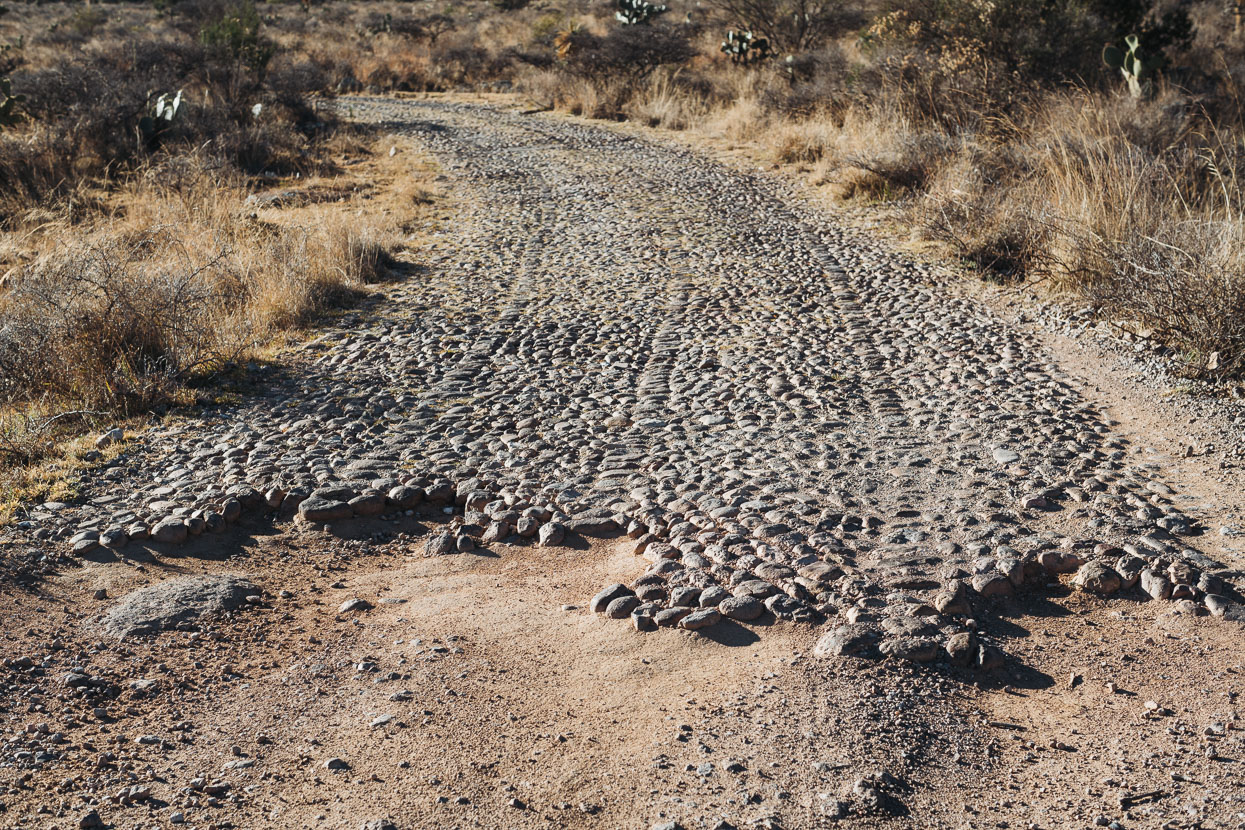
In the morning the dirt road soon turned into a cobbled fiesta, but it didn’t last long. Roads here are exceedingly random: turning one moment from dirt, to concrete pavement for 500 metres, then back to dirt and then to cobbles with little logic.
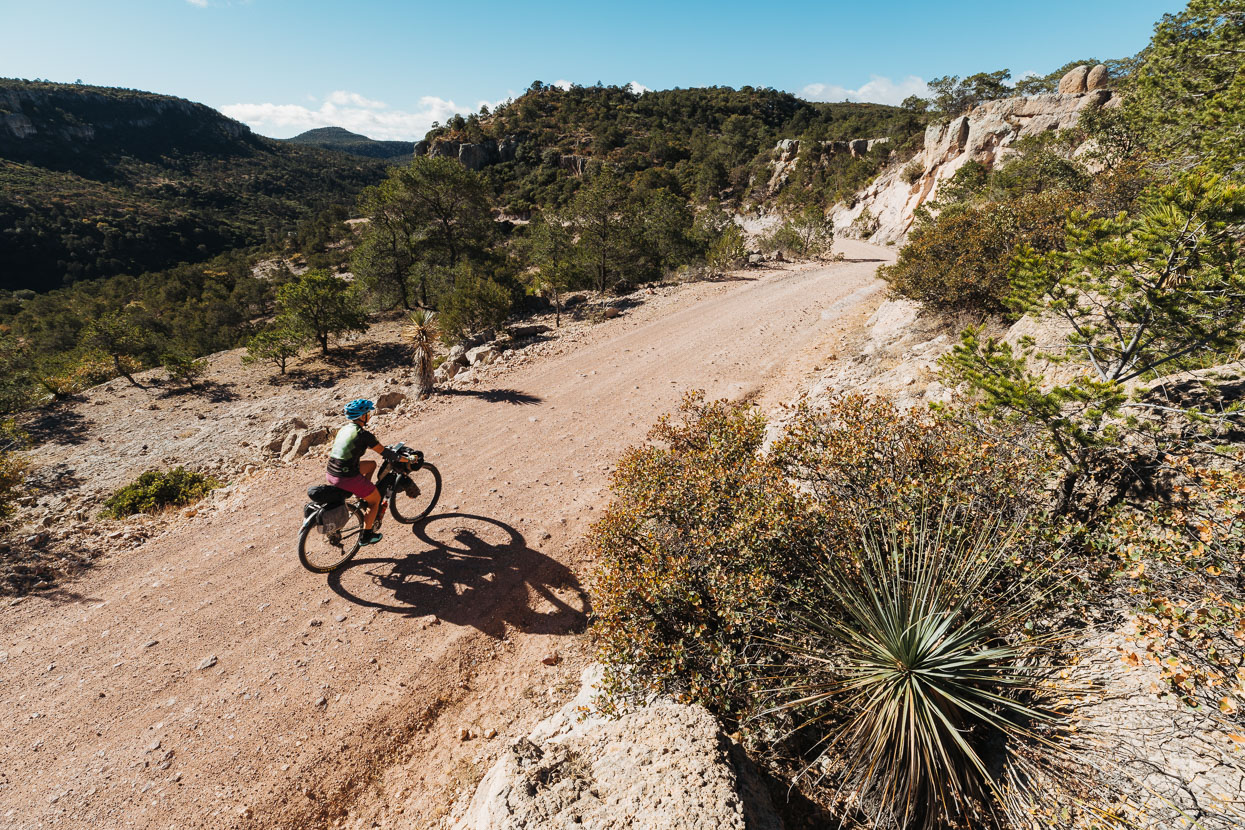
We could have sworn we were back in New Mexico as the road climbed steadily away from Mesillas into beautiful forested canyon country. We stayed in these hills for most of the morning.
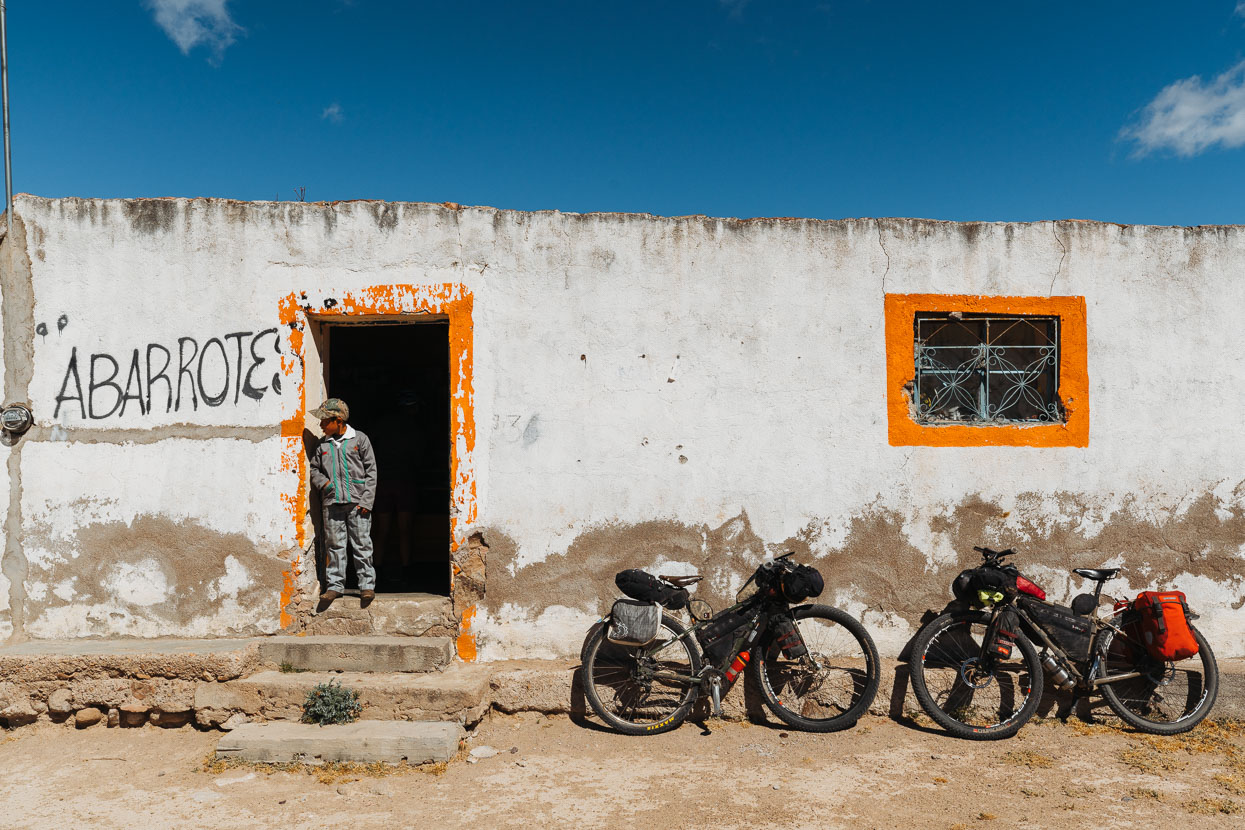
Passing through the smallest of villages. Abbarotes = groceries.
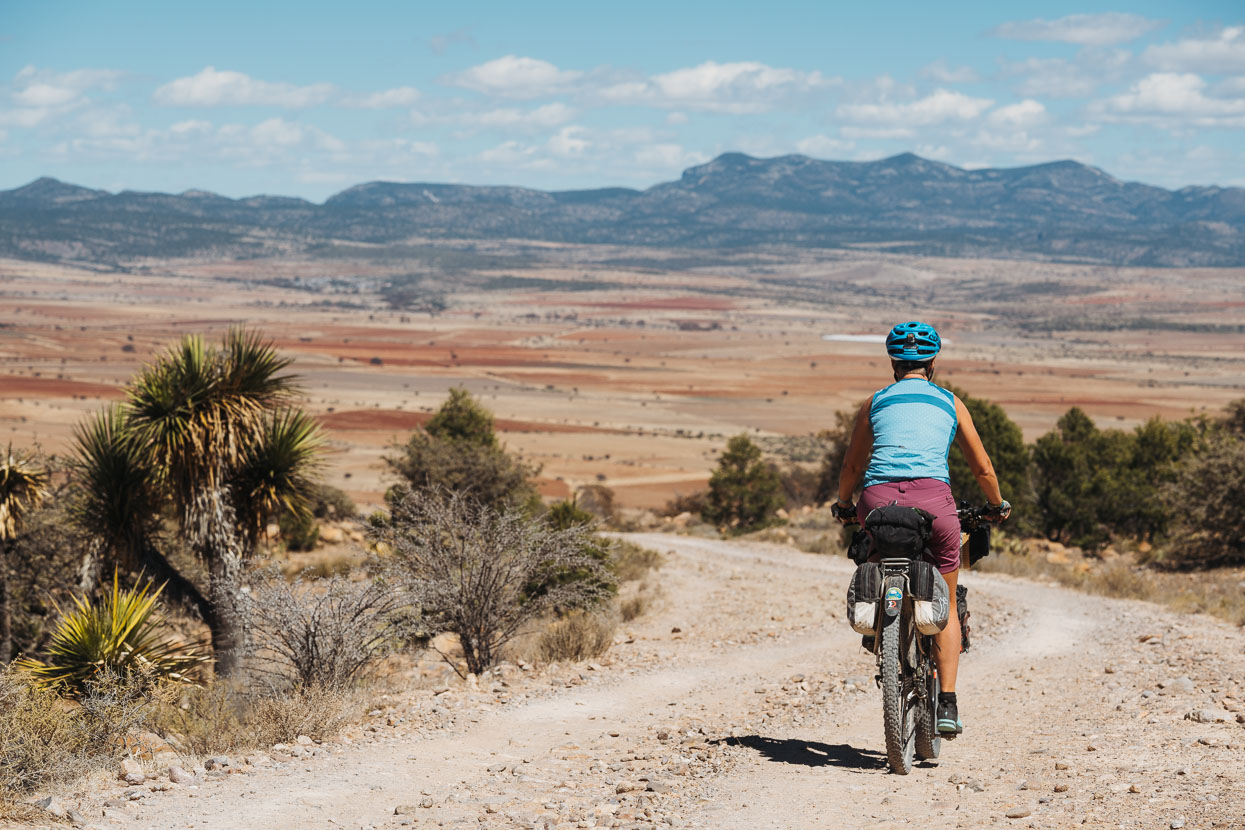
Before finally making a descent into Francisco I. Madero and a high and sun-baked basin.
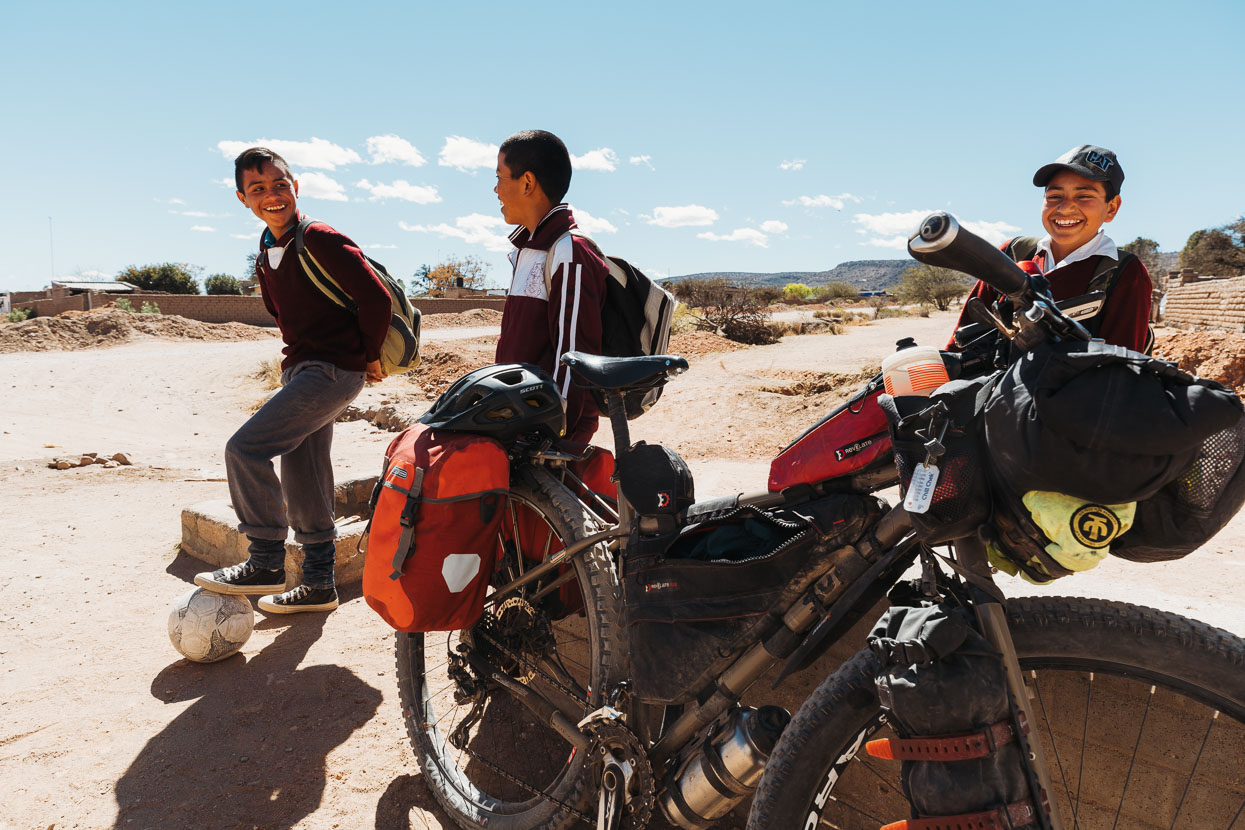
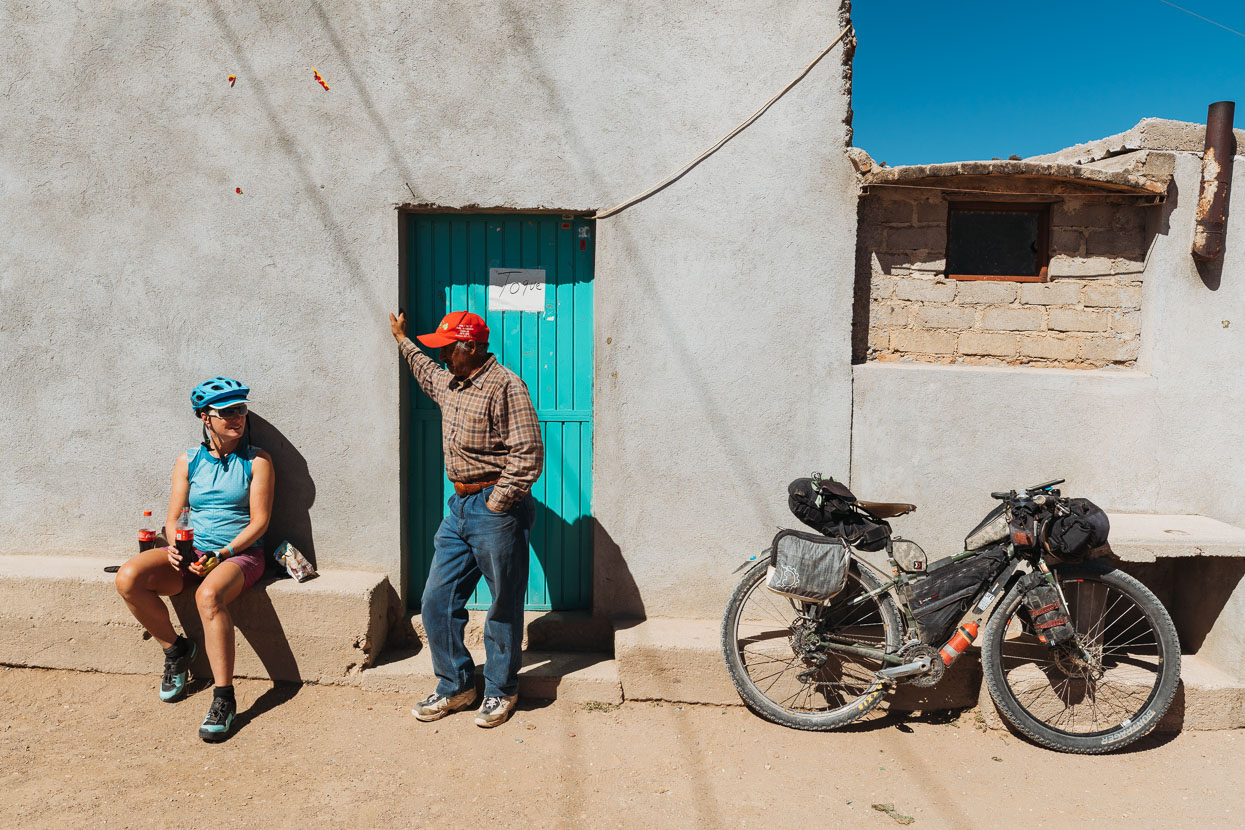
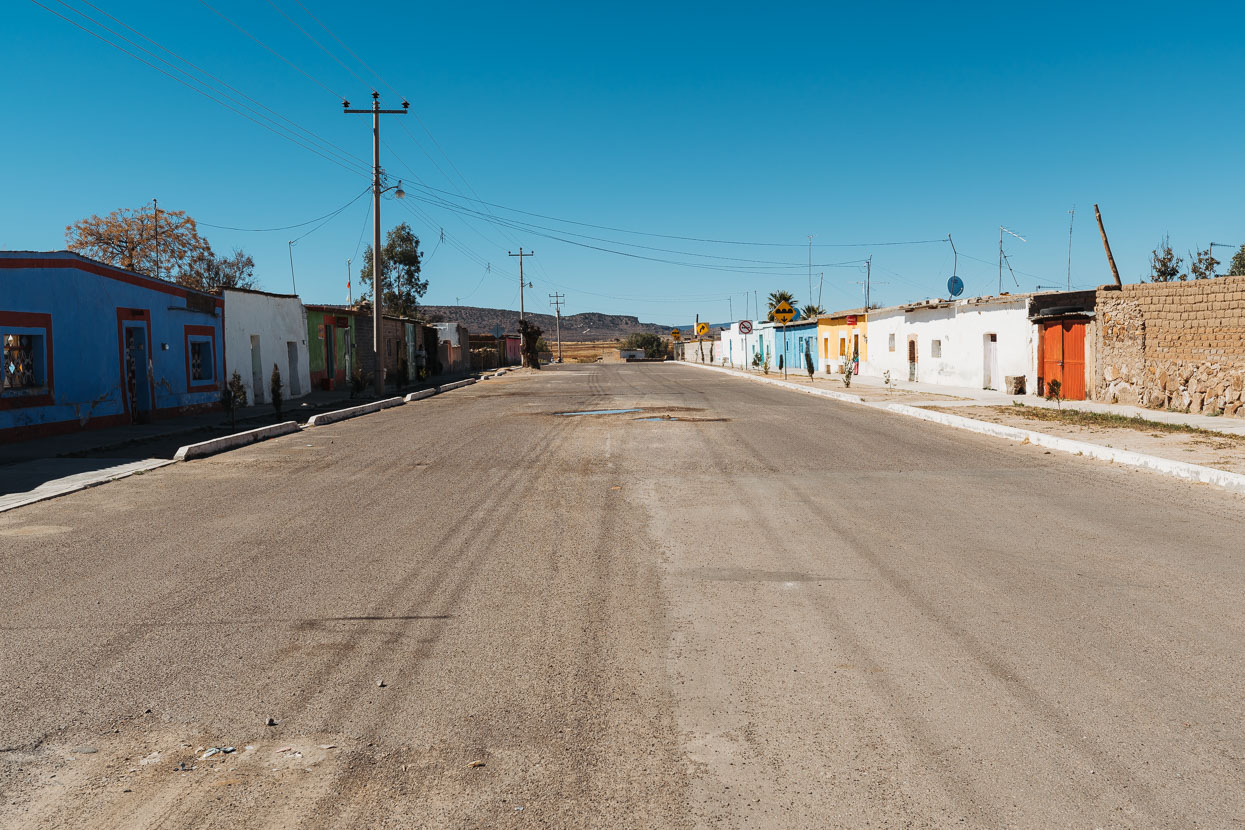
Typical of the small farming villages we passed through as we rode in a south westerly direction towards Zacatecas.
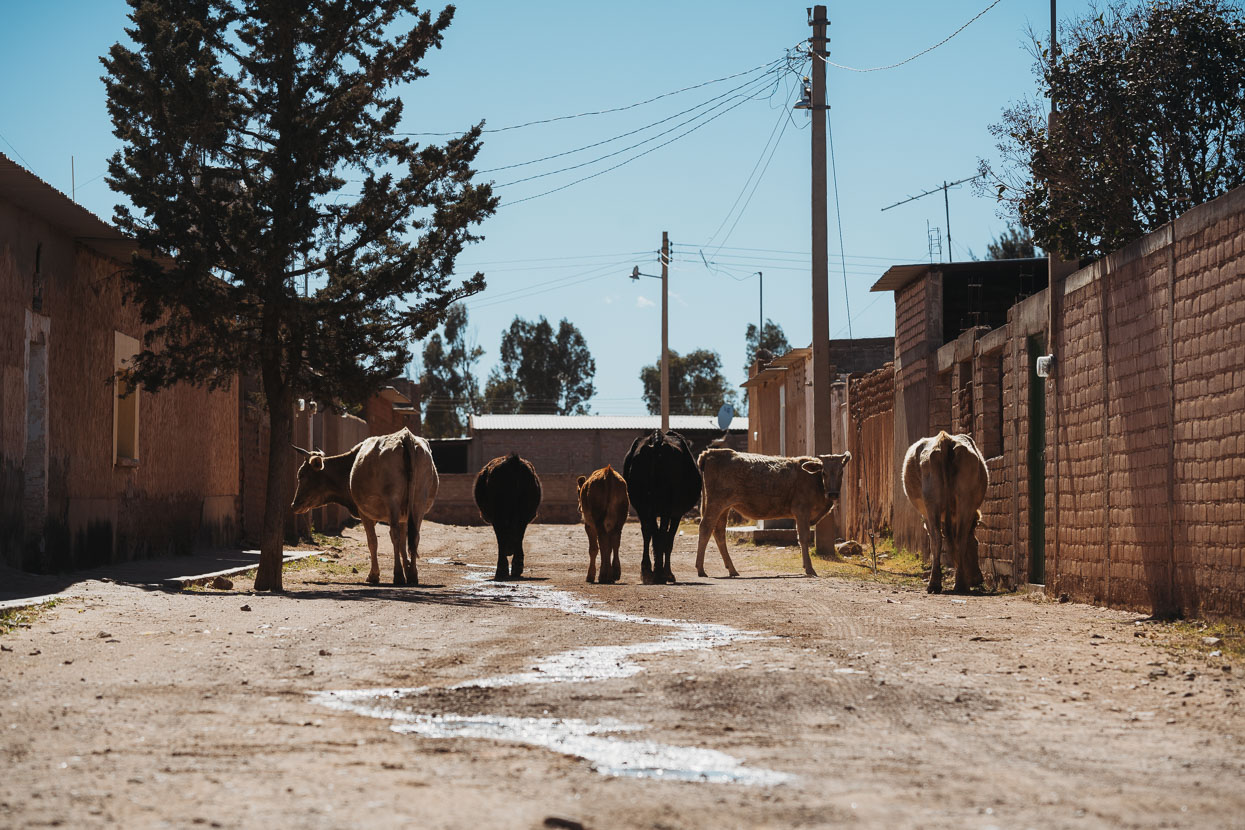
More cattle than locals on the streets of this place.
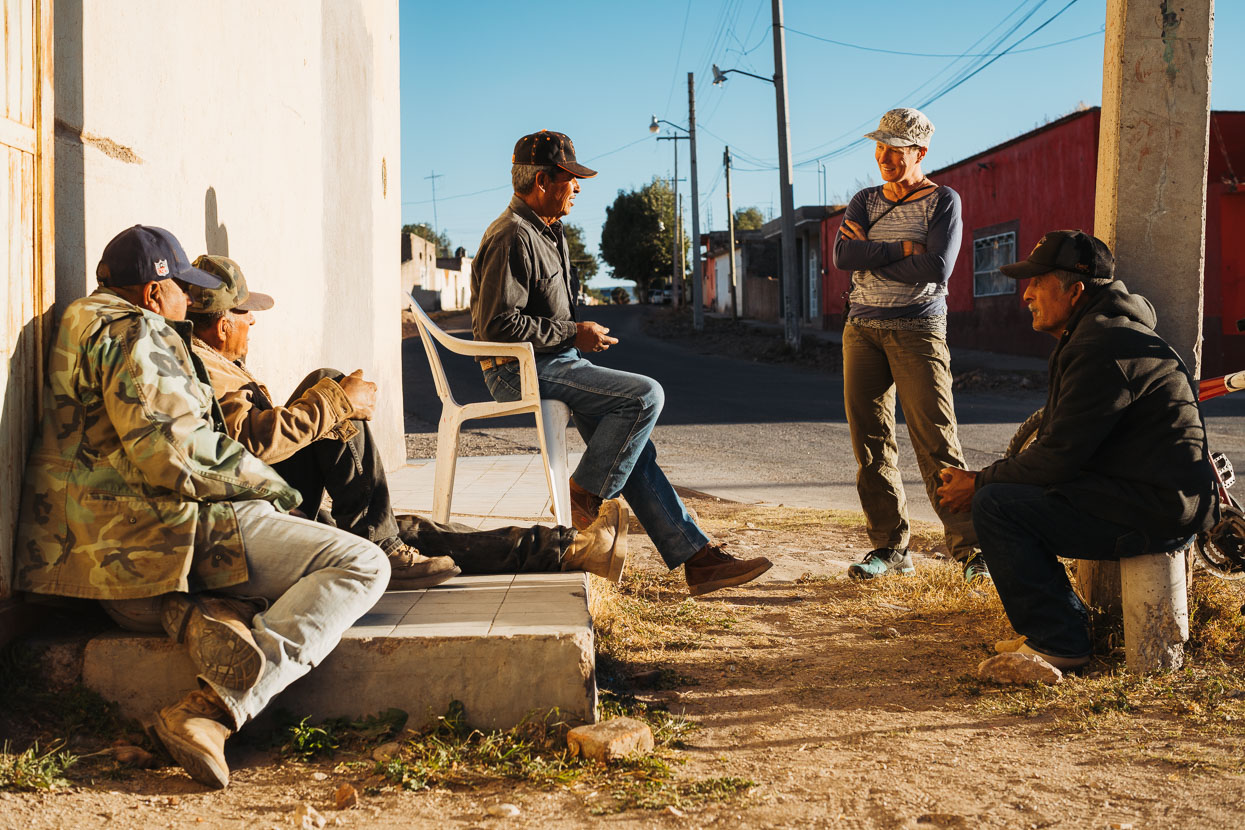
In the late afternoon, just before reaching a main road, we arrived in Cabrales hoping to find a place to stay for the night. Most of these smaller farming villages don’t have any sort of formal accommodation, but we asked anyway and were offered the ‘Salon’ (a large village hall) for the night. Complete with baño (bathroom) and electricity. In the afternoons it’s common to see pair or groups of older hombres sitting in the sun and chatting on street corners. These are the people to ask if you need something as one of them will often be senior in the village, and they are usually equal parts respectful of our needs and curious about our travels.
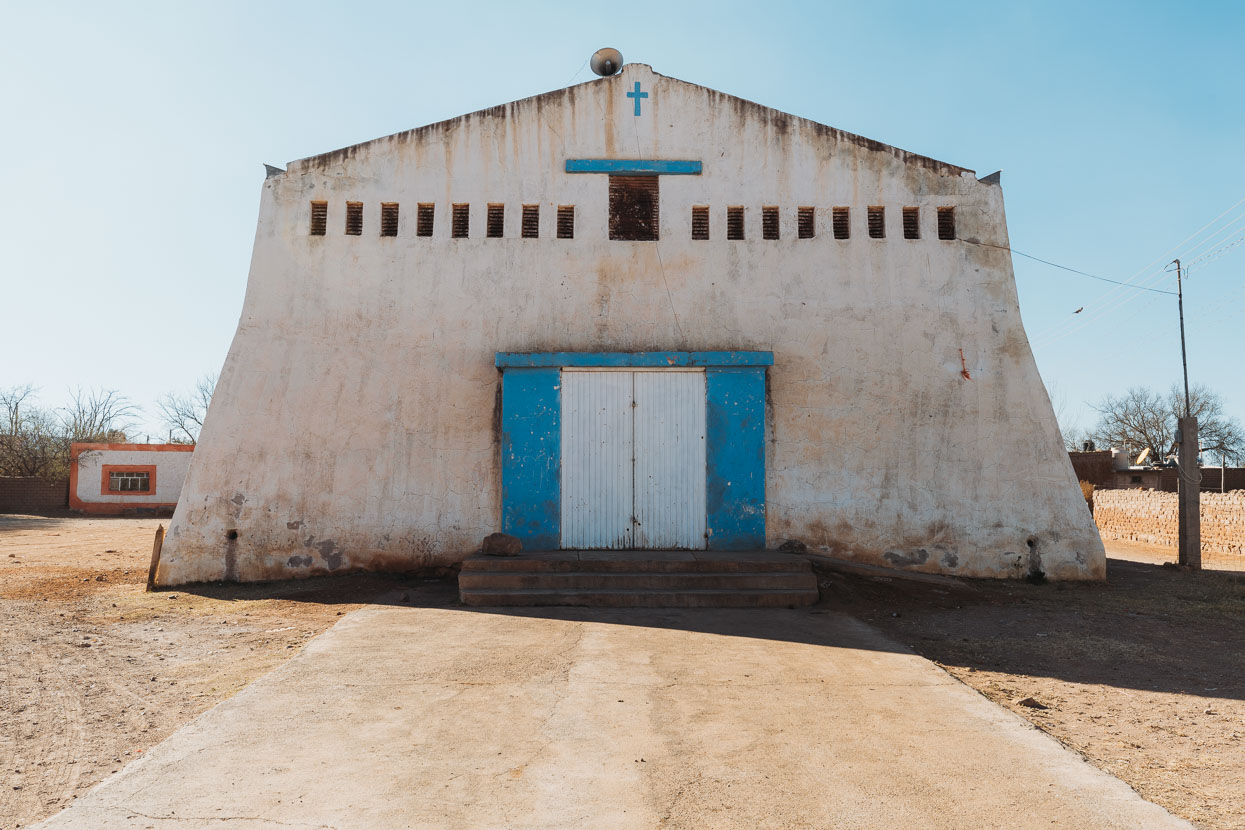
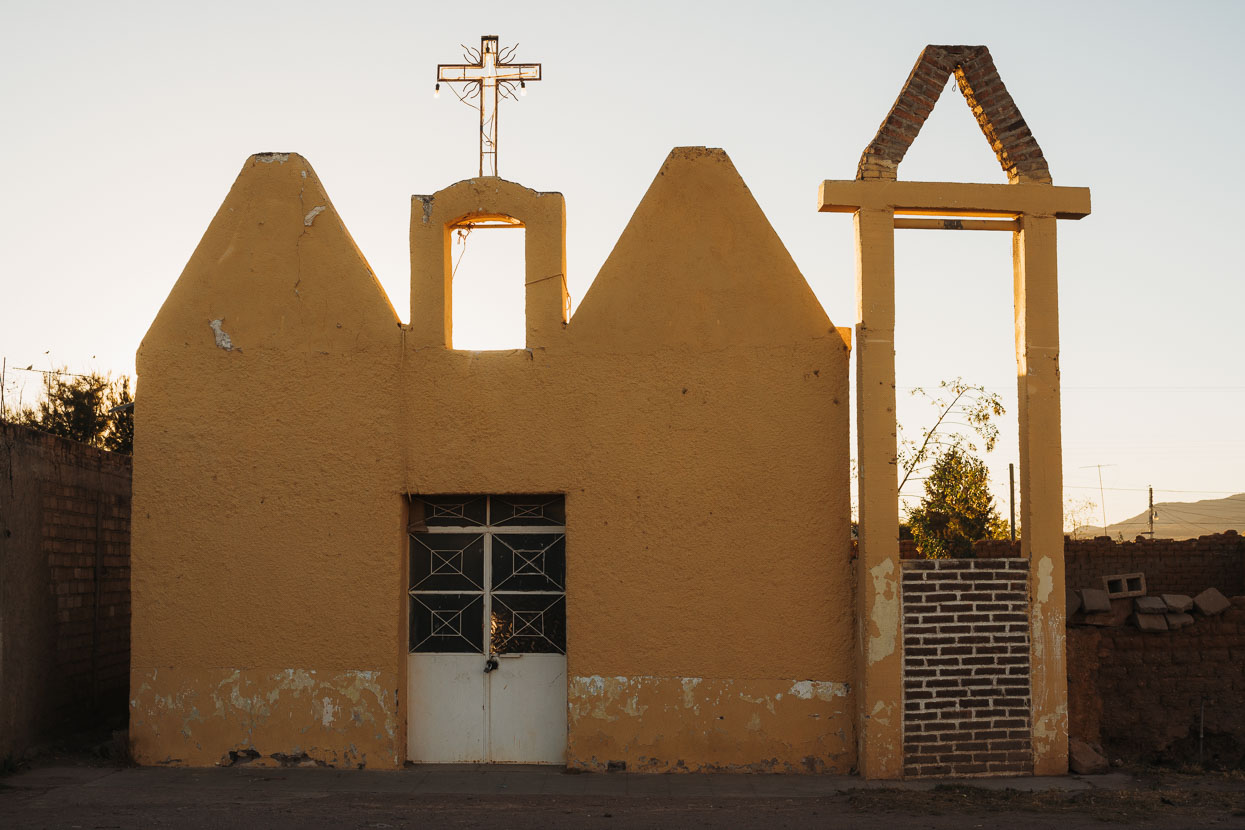
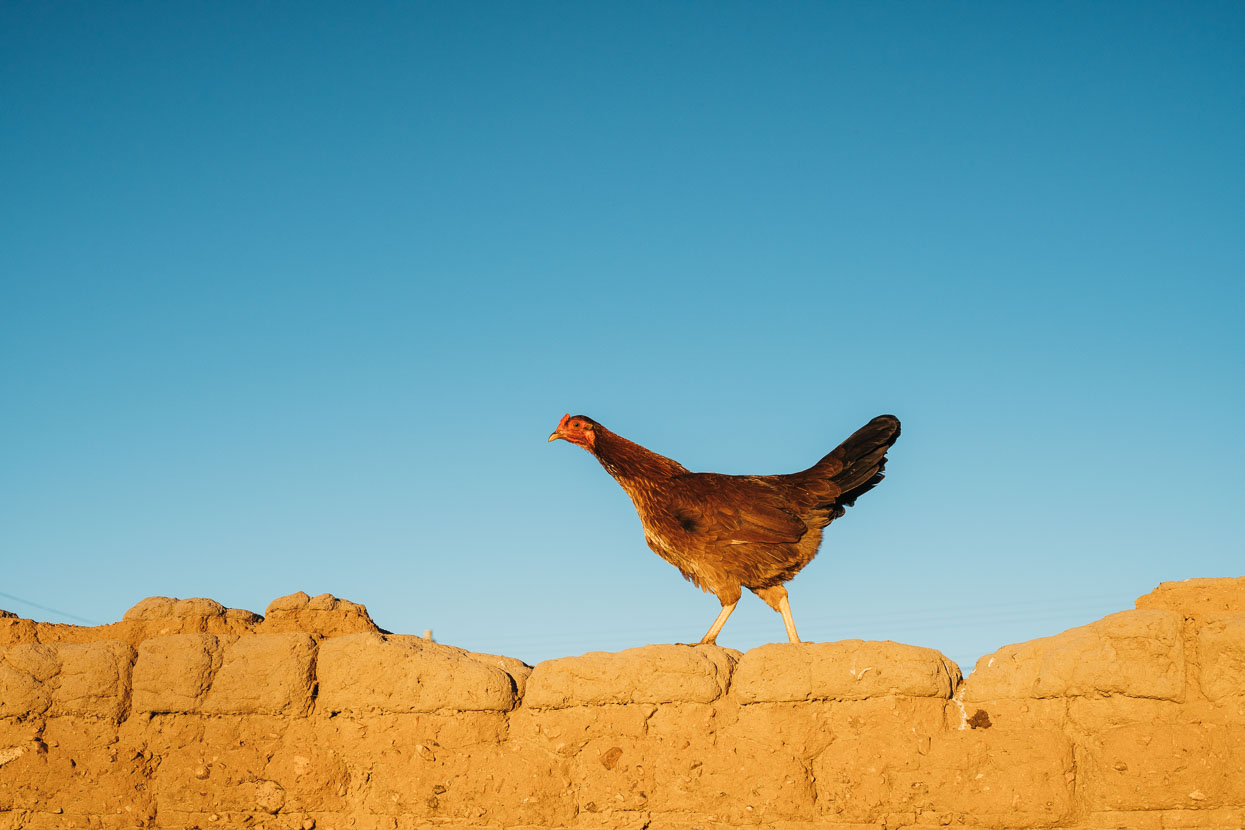
Public health messages are seen in every small village.
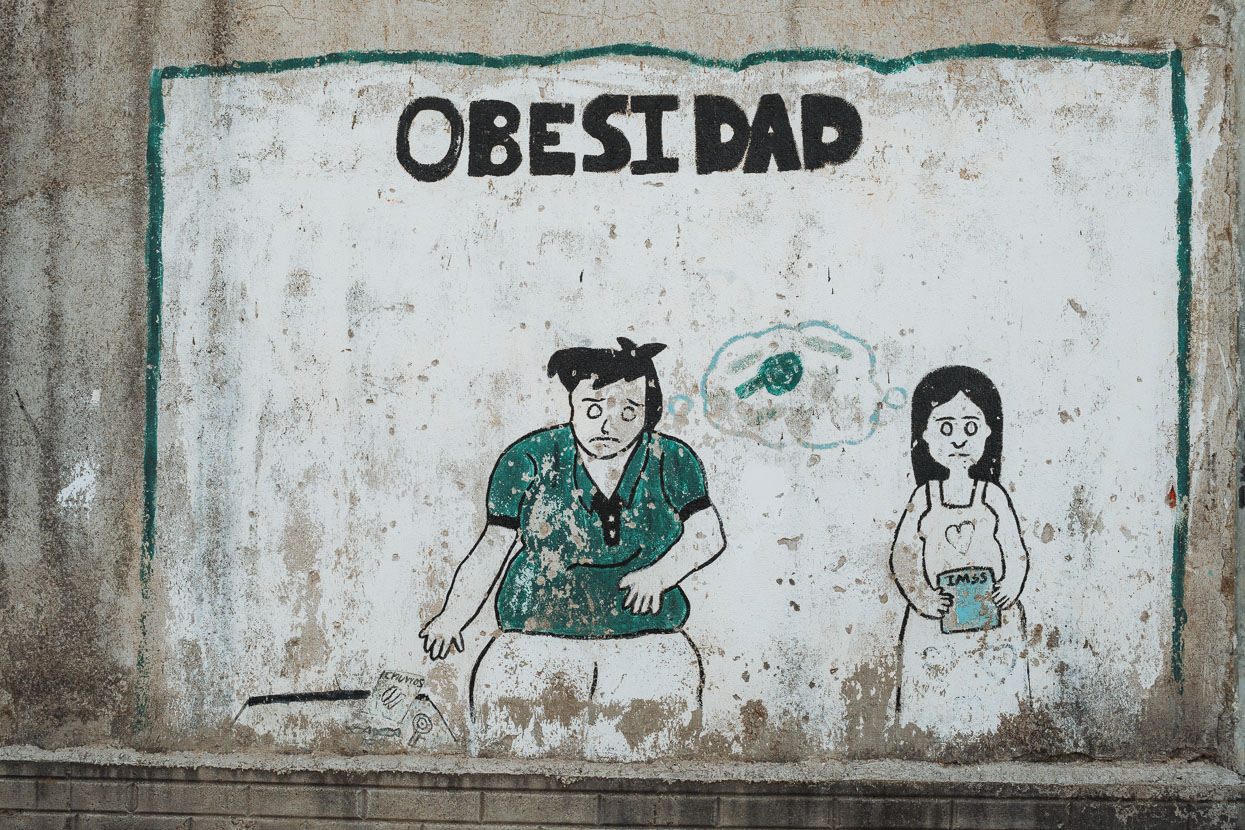
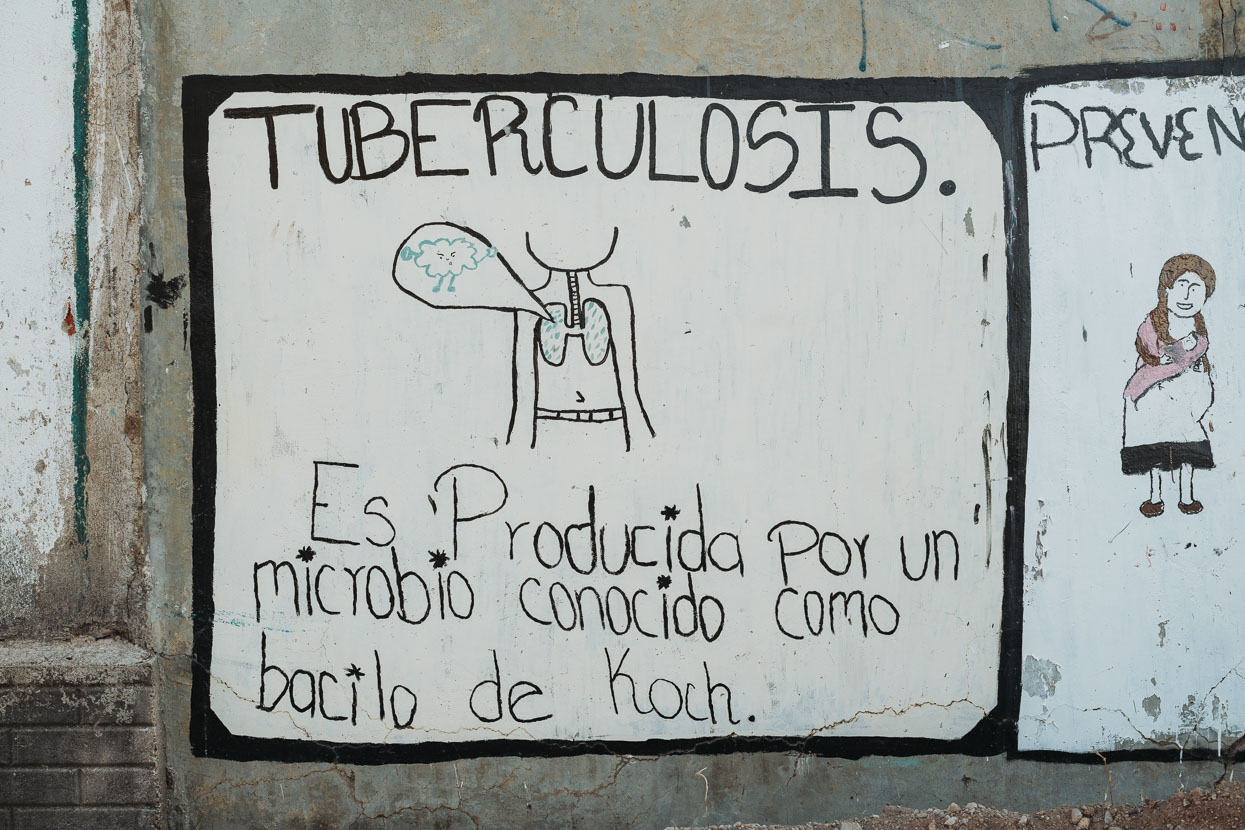
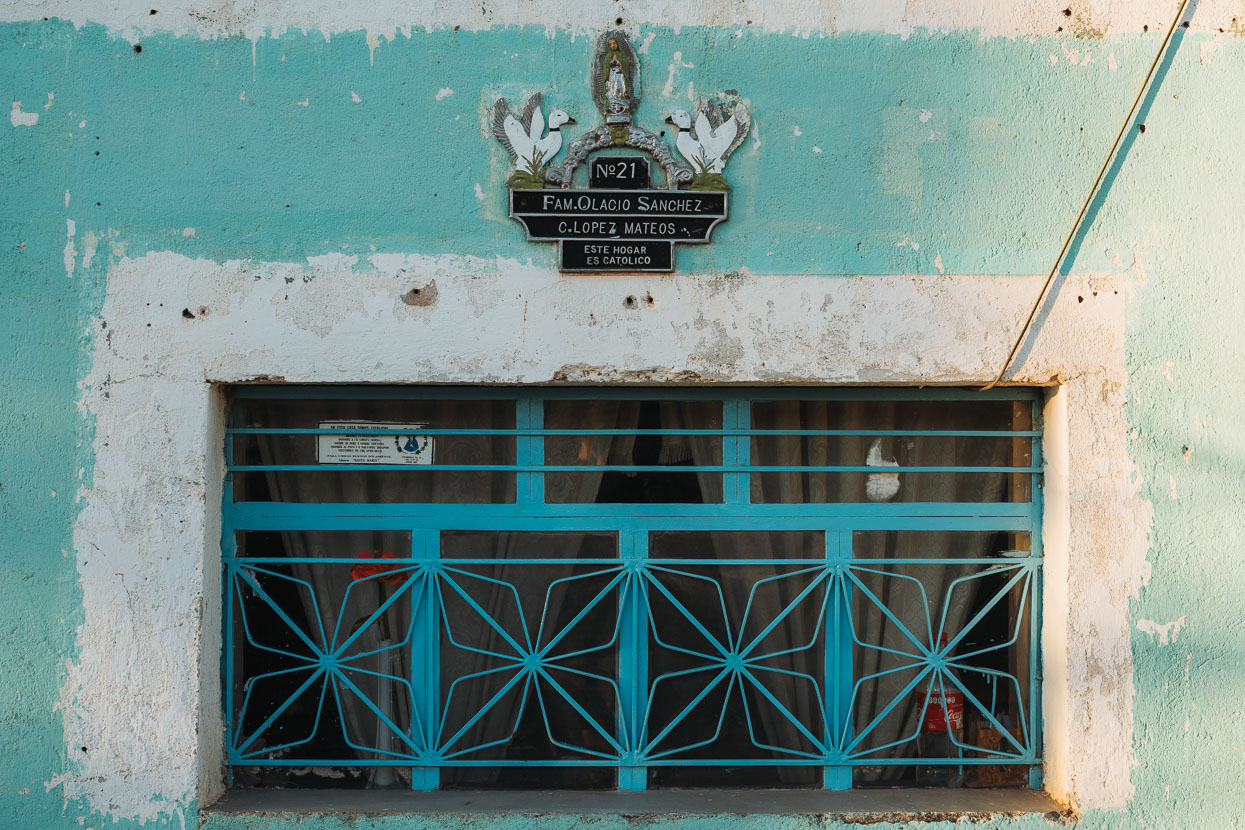
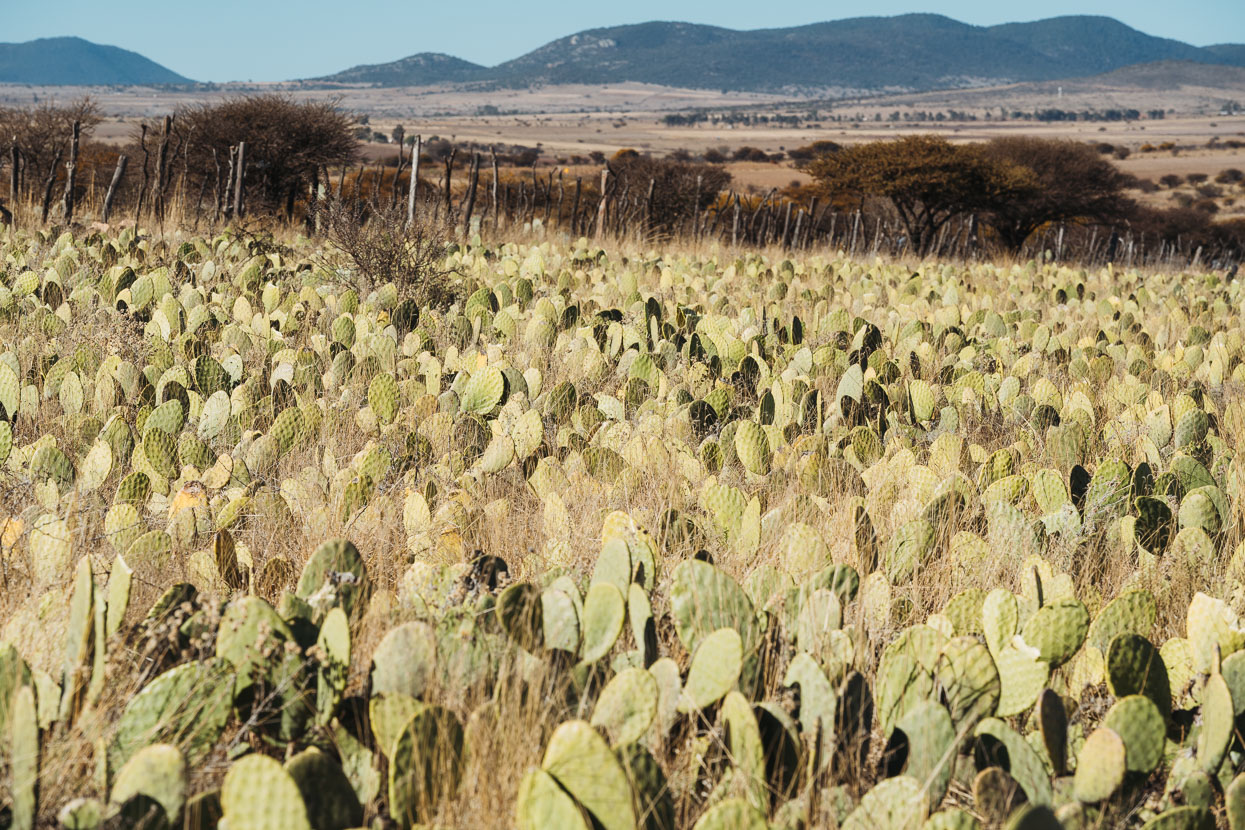
Nopales are a relatively common crop here – for both cattle and humans. These tasty cactus’ often come with an order of carne asada.
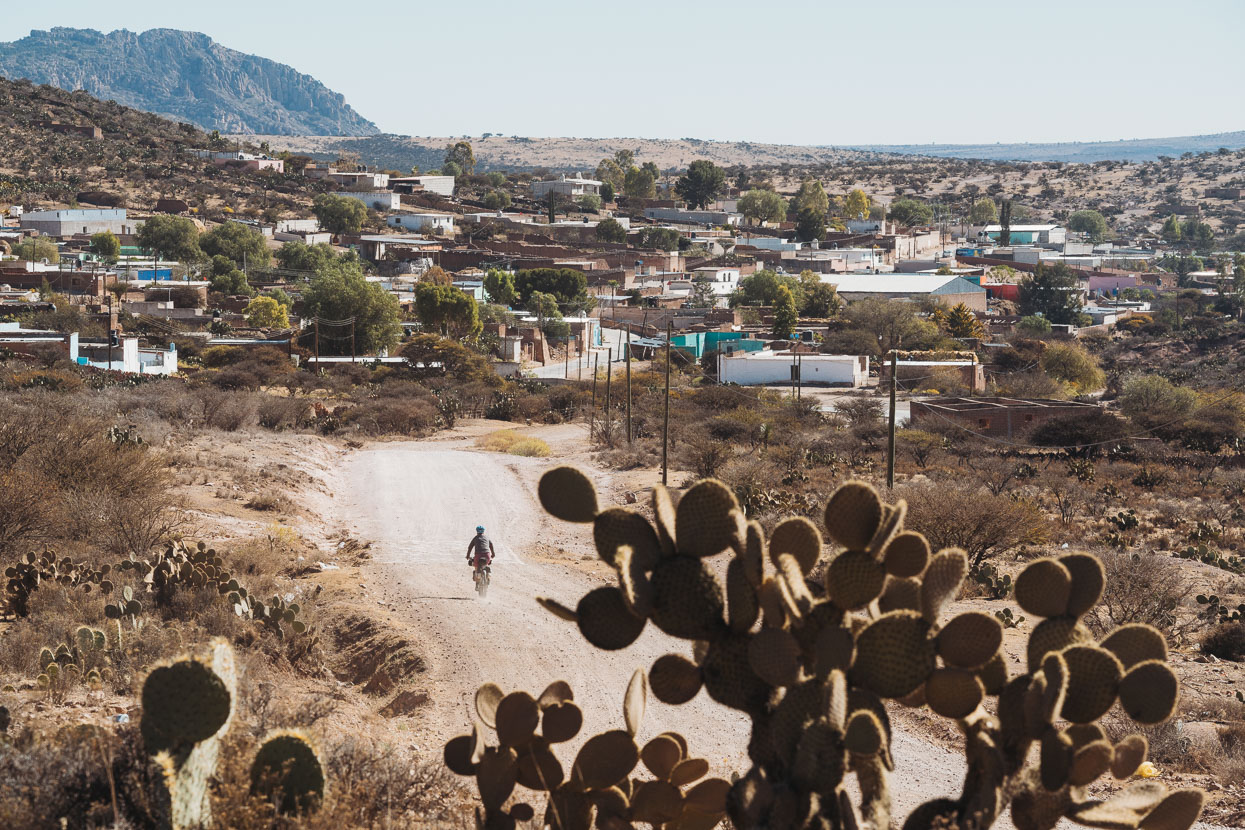
We knocked out the final long day to Zacatecas in one go, and the day was a great mix of riding in the hills, plains and villages; avoiding any busy roads and sticking mostly to dirt. The landscape becoming ever more arid as the day passed.
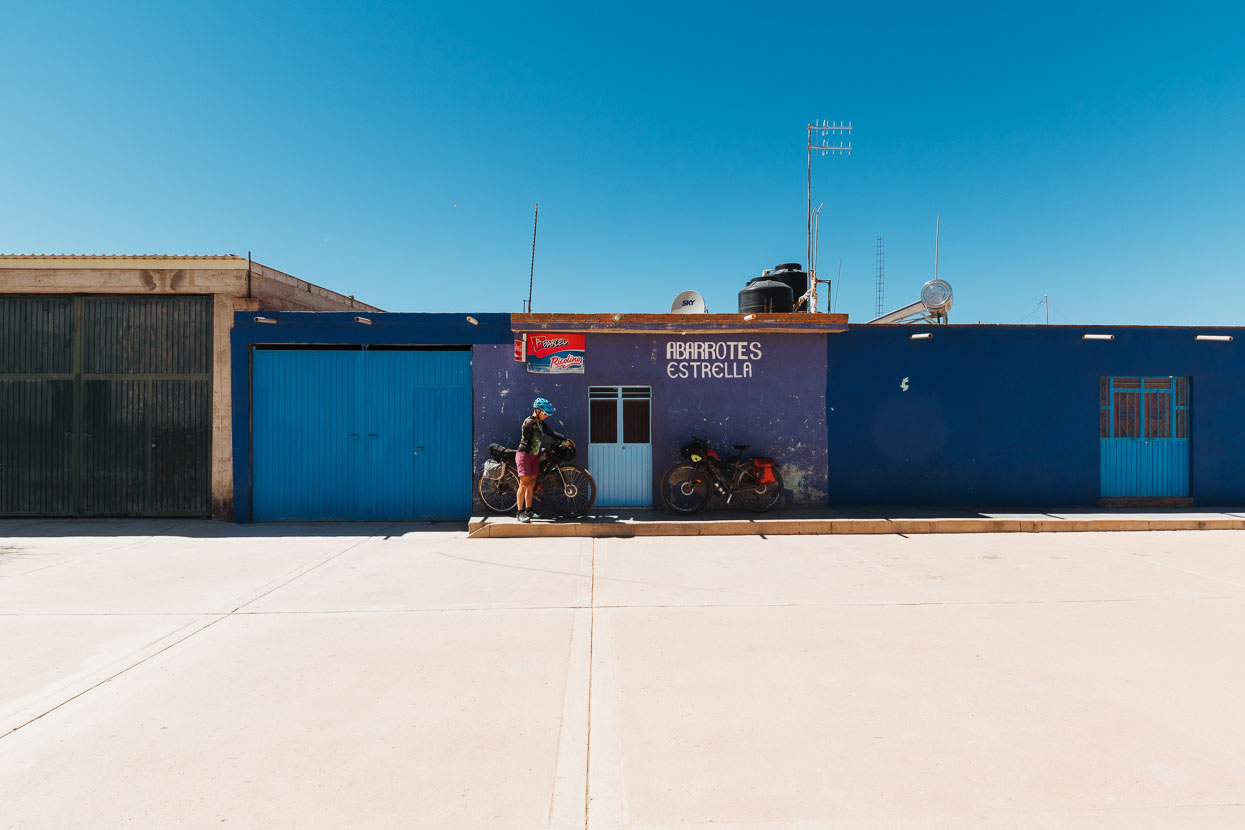
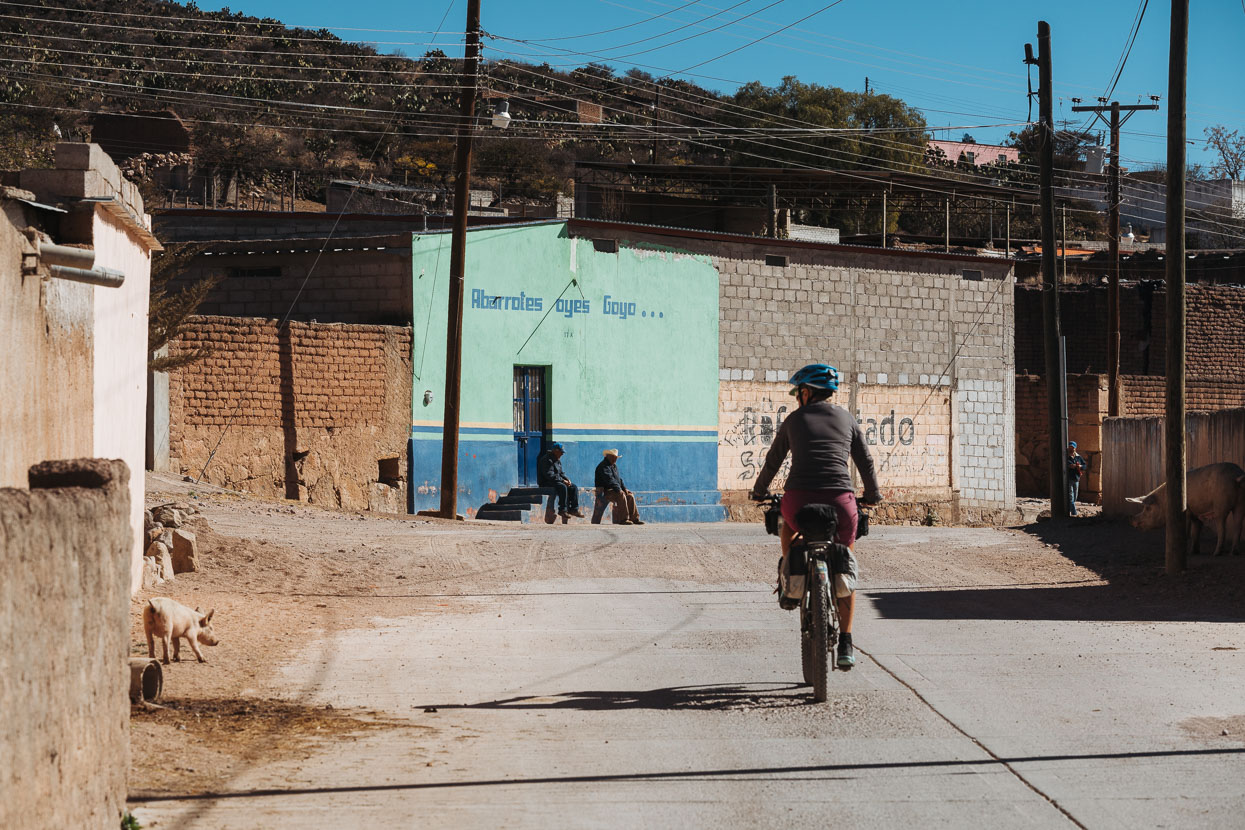
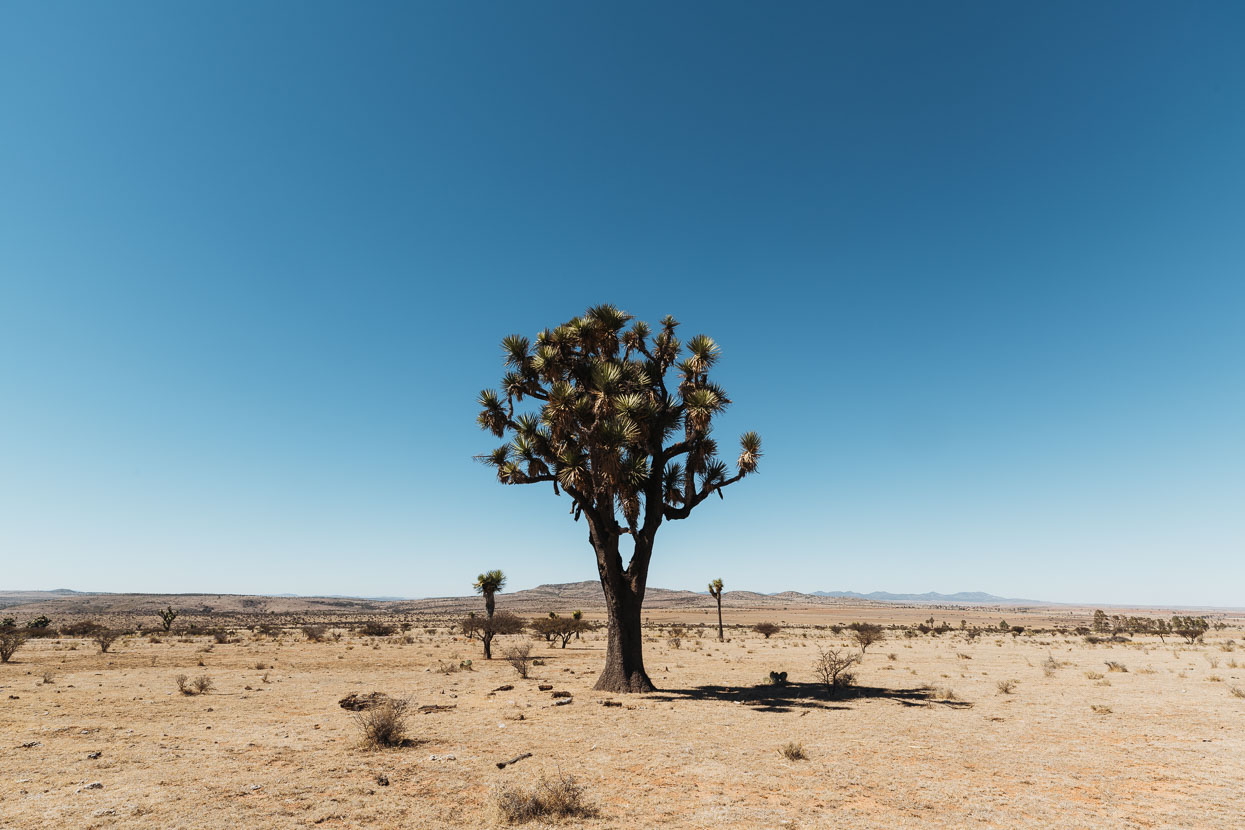
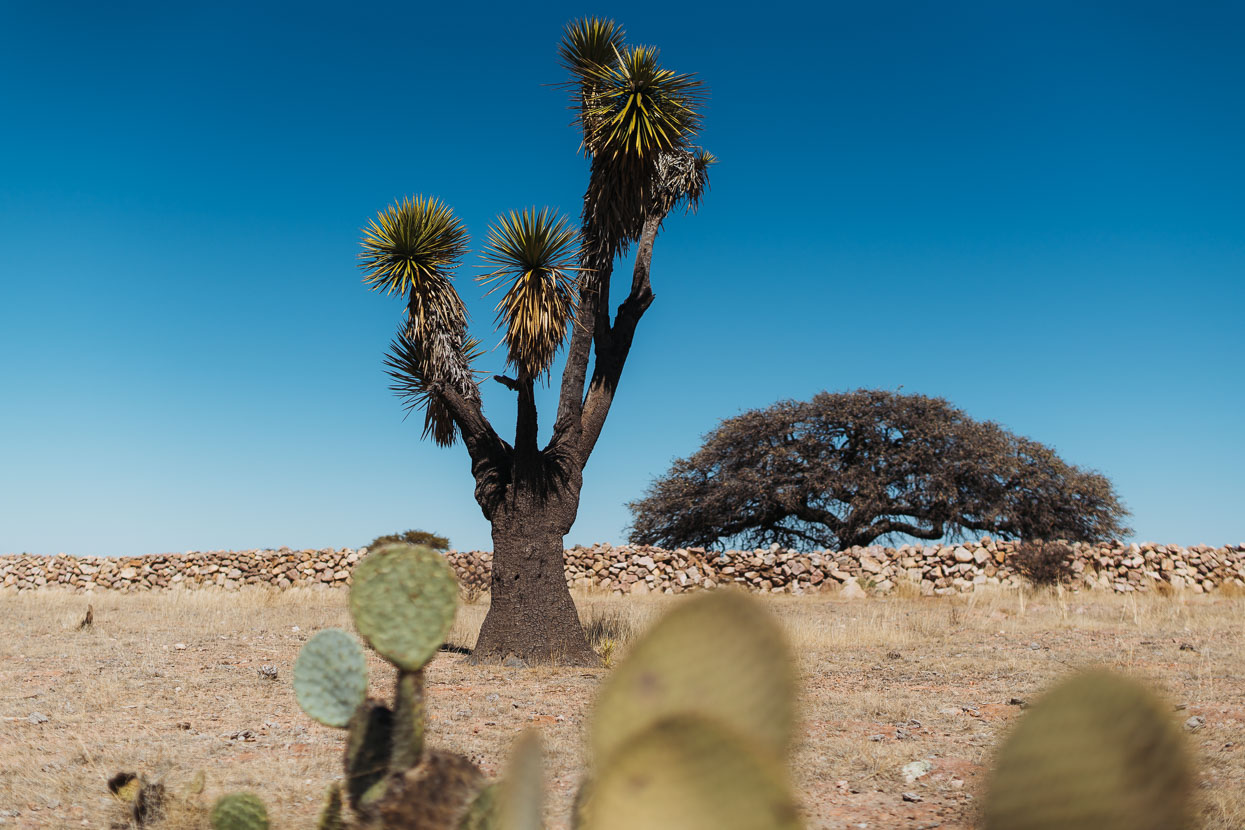
Yucca made an appearance in the late afternoon. Stone walls have been omnipresent since we reached the altiplano too – sometimes orderly and well built to stand the test of time and others crumbling and forgotten.
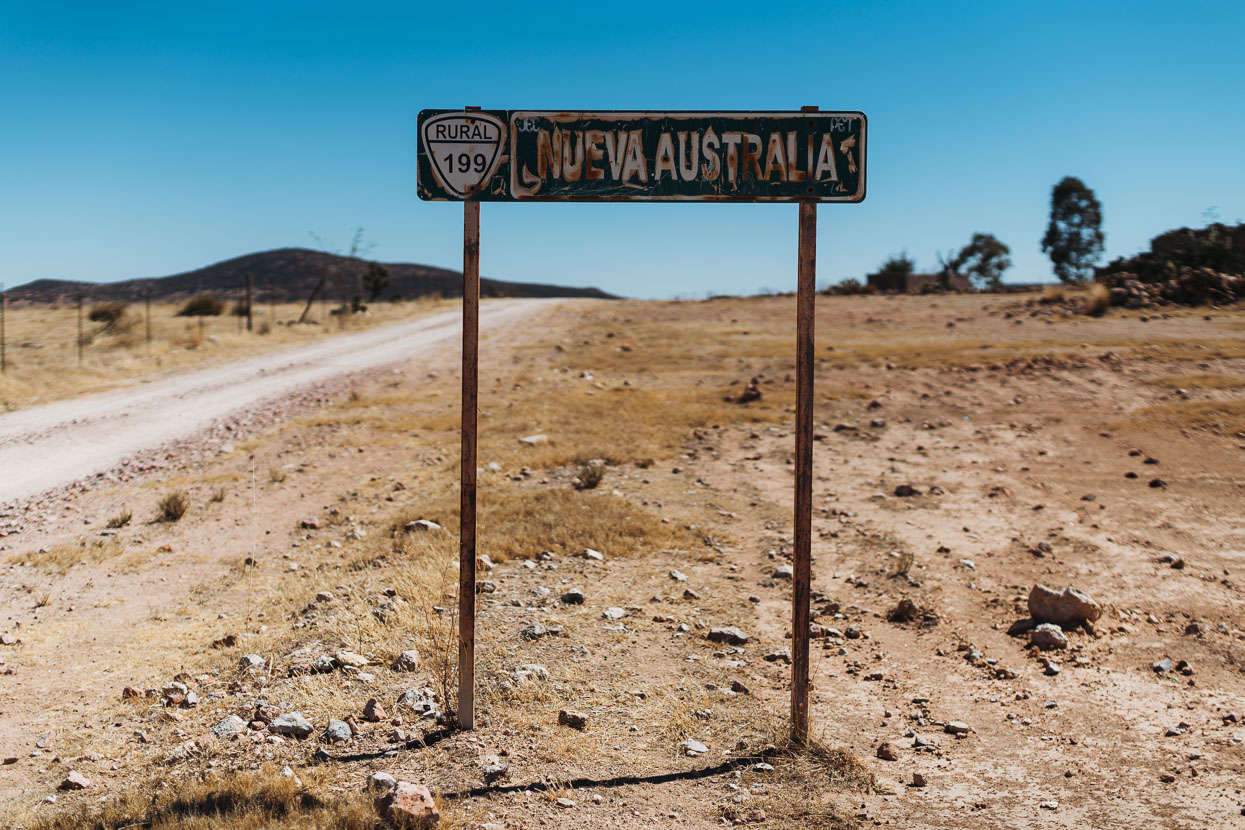
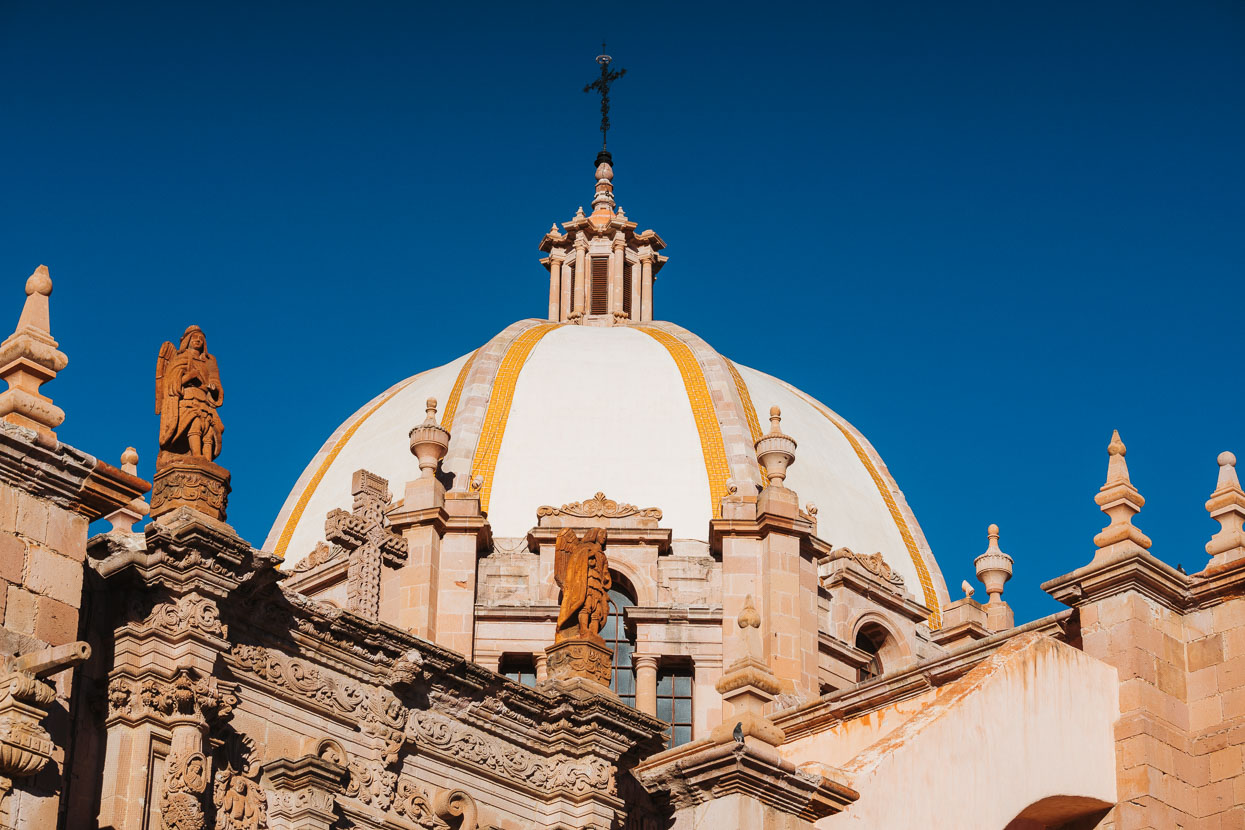
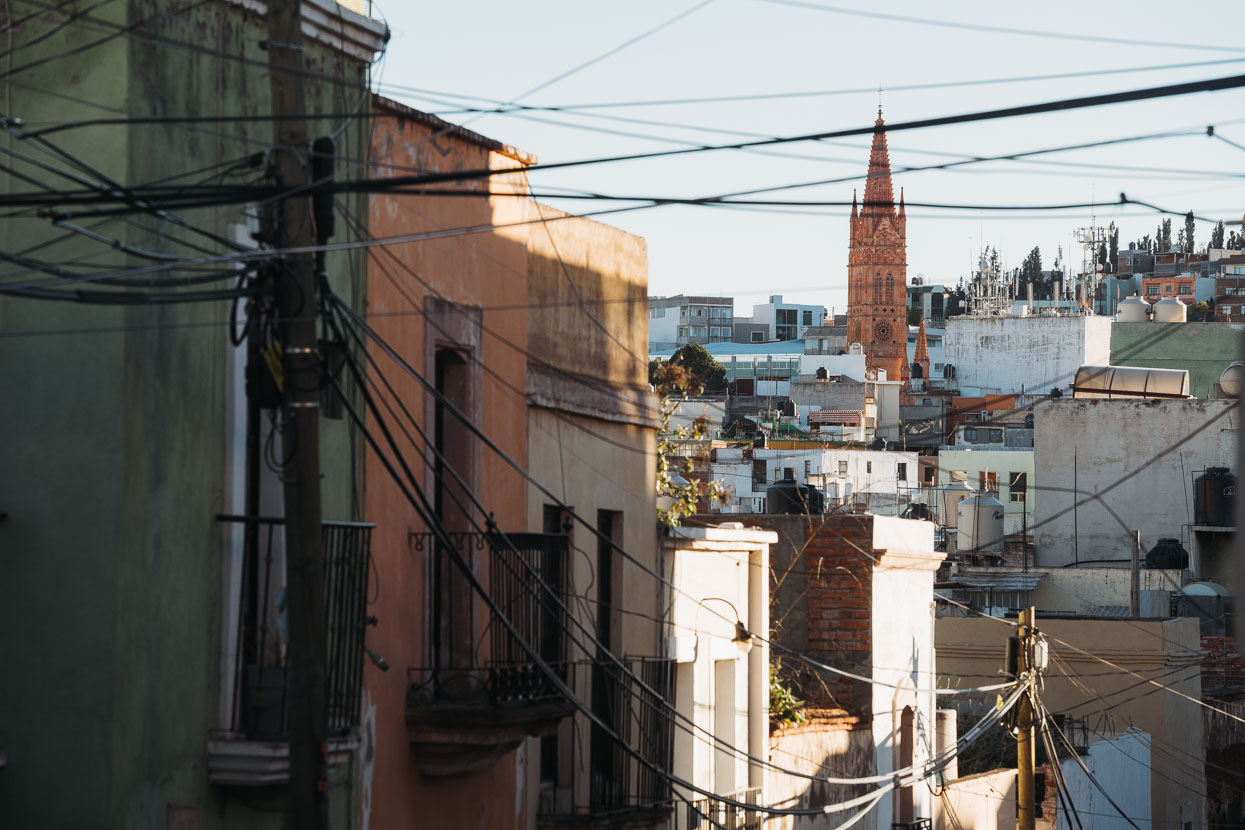
We instantly fell in love with Zacatecas’ cobbled streets and colonial architecture. It’s a place full of regal character. Where Durango seemed blue collar and practical, Zacatecas felt classy and conservative; but in that rough-around-the-edges, relaxed Mexican way. The Centro swallows you with its steep and narrow streets and tall stone buildings – making you somehow forget the rest of the world entirely.
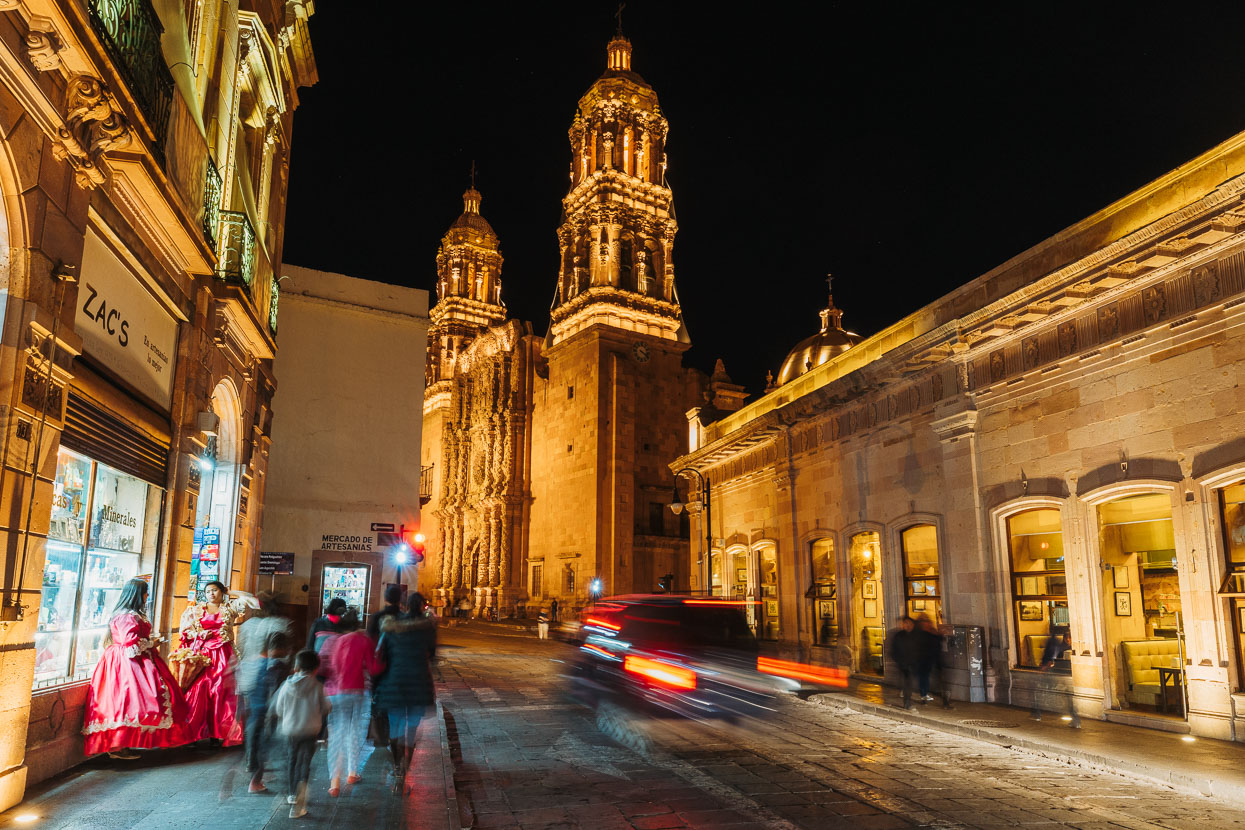
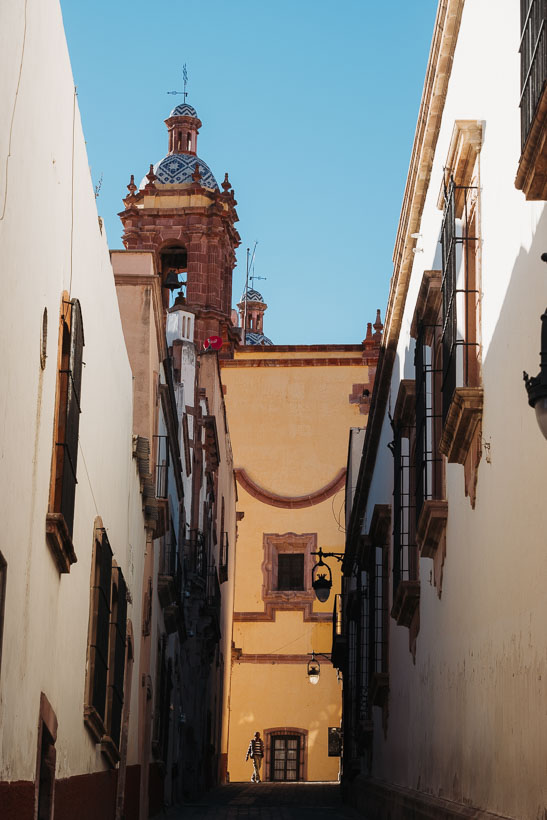
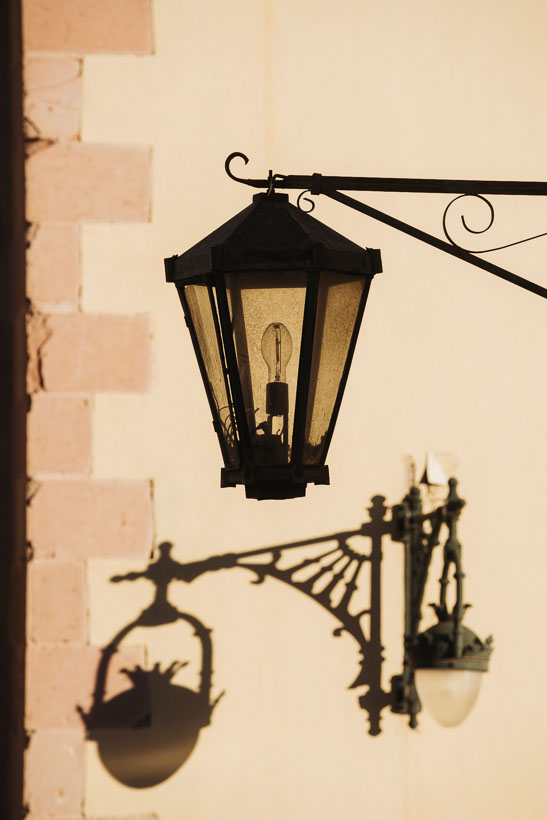
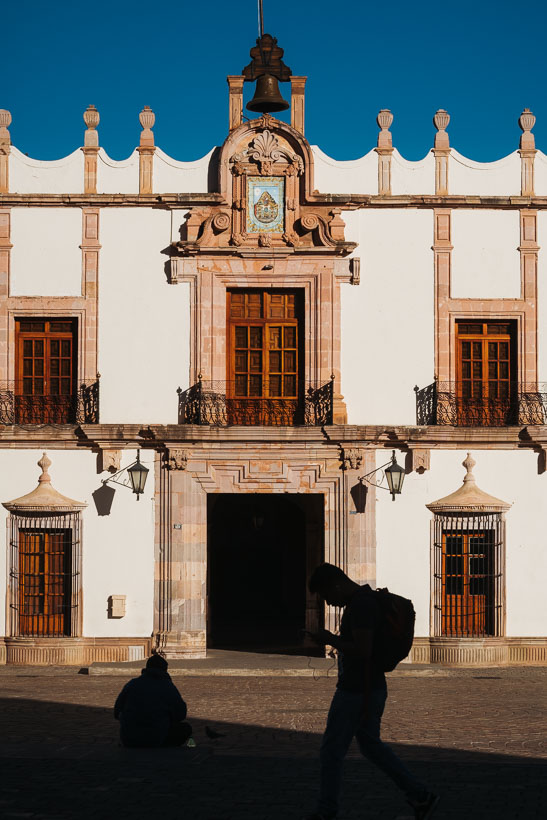
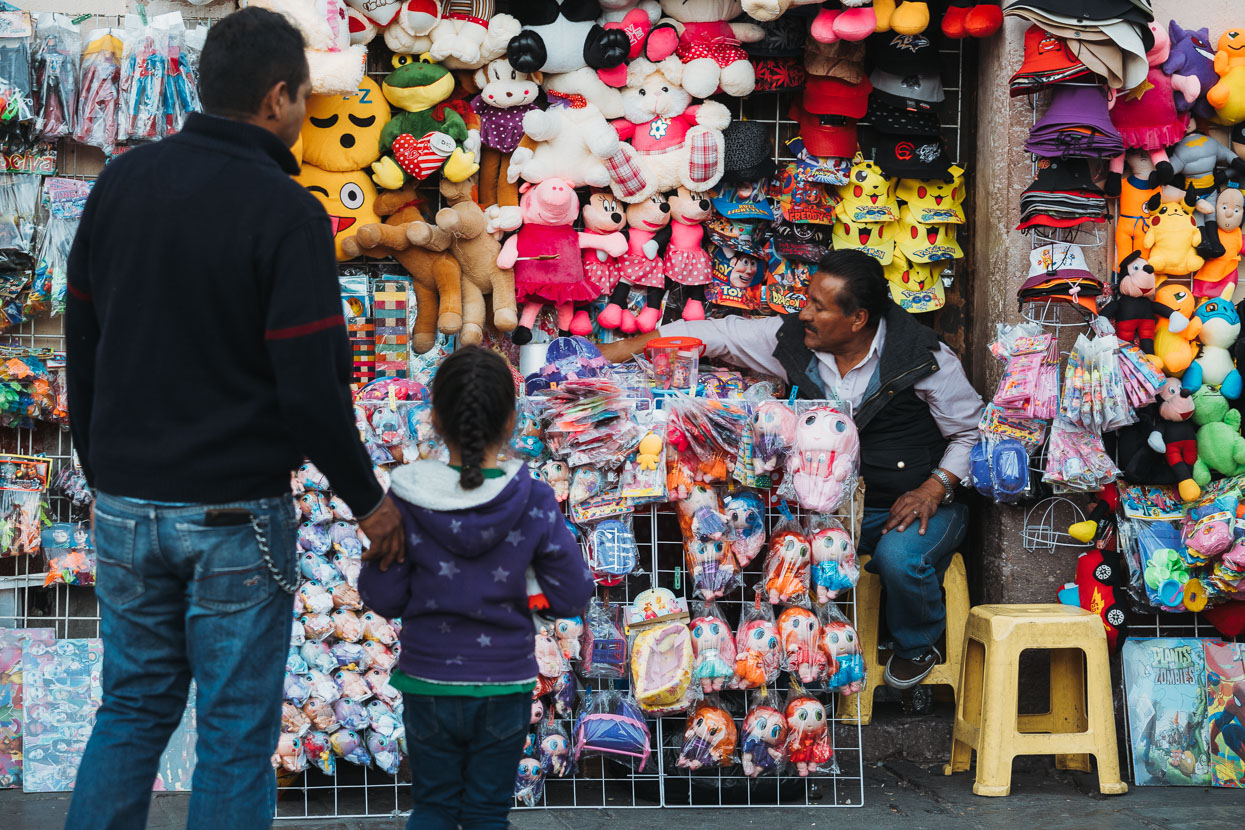
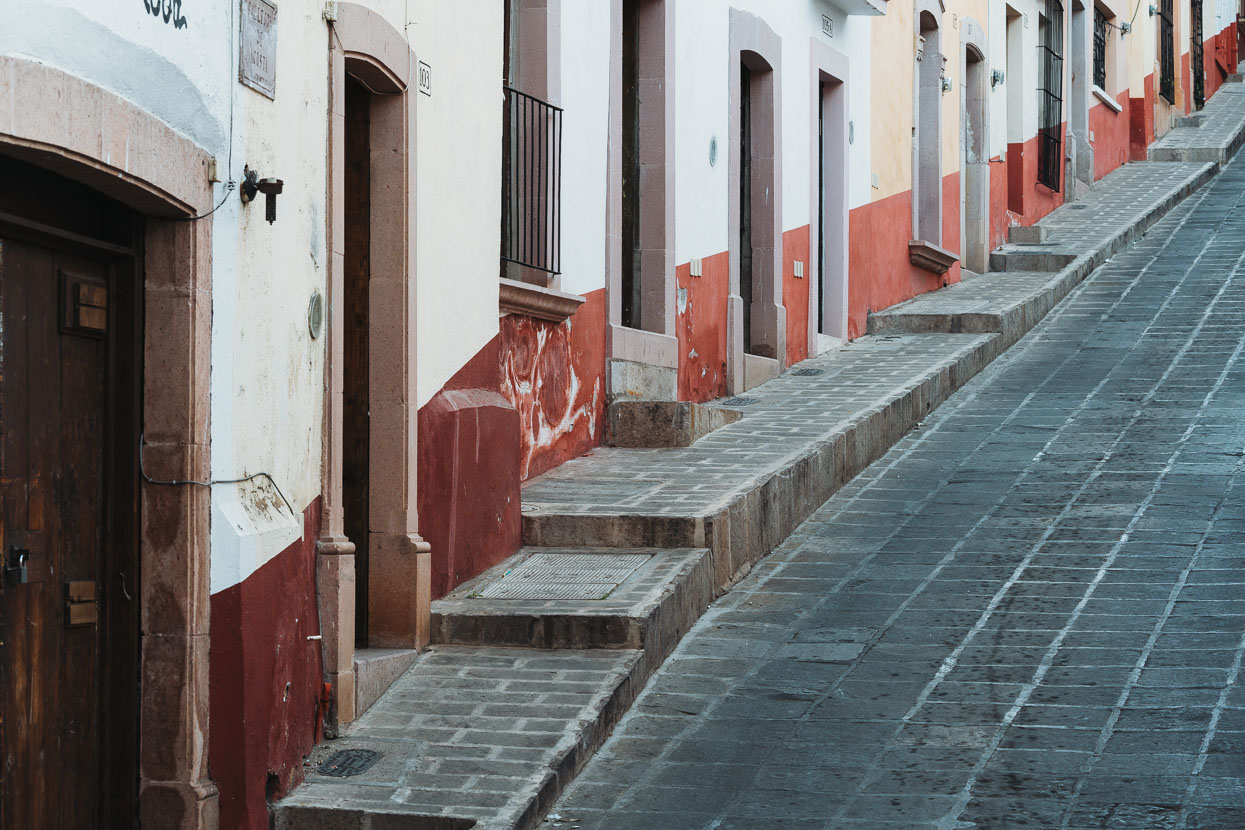
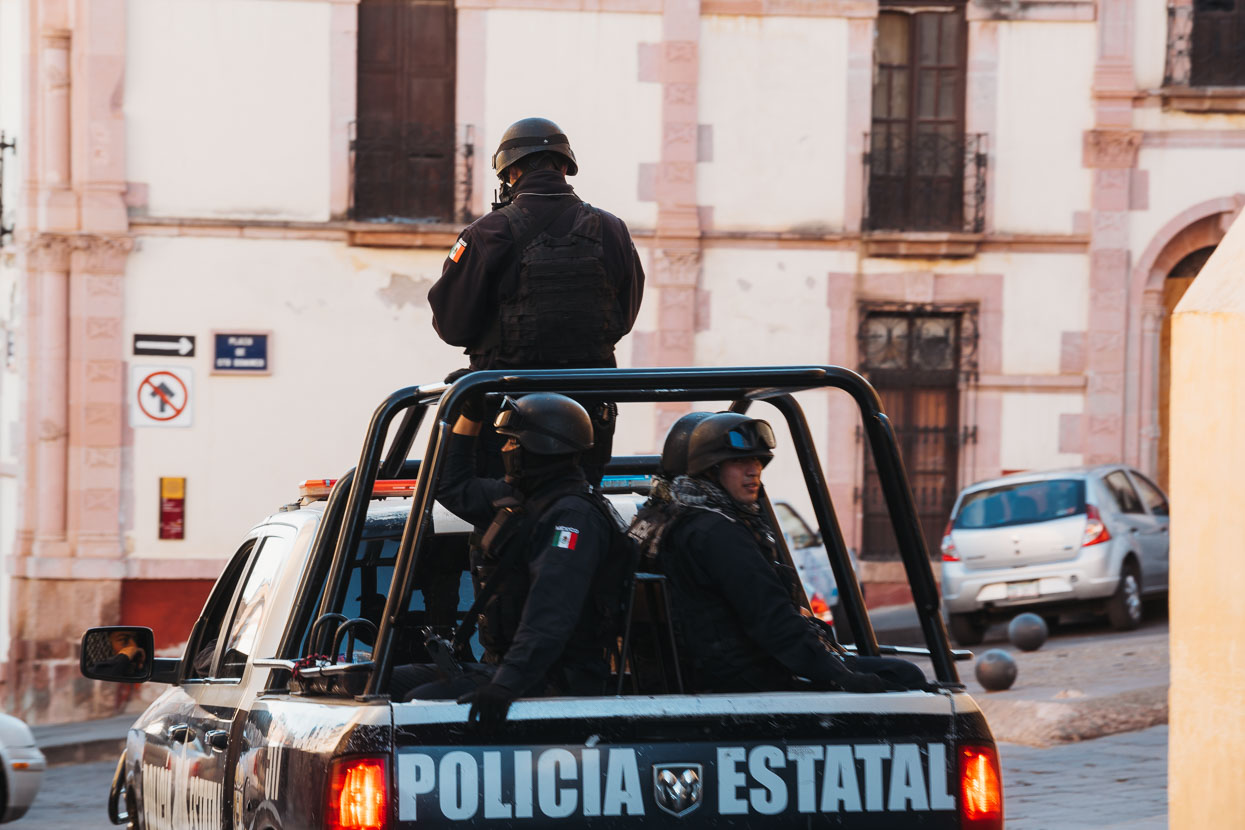
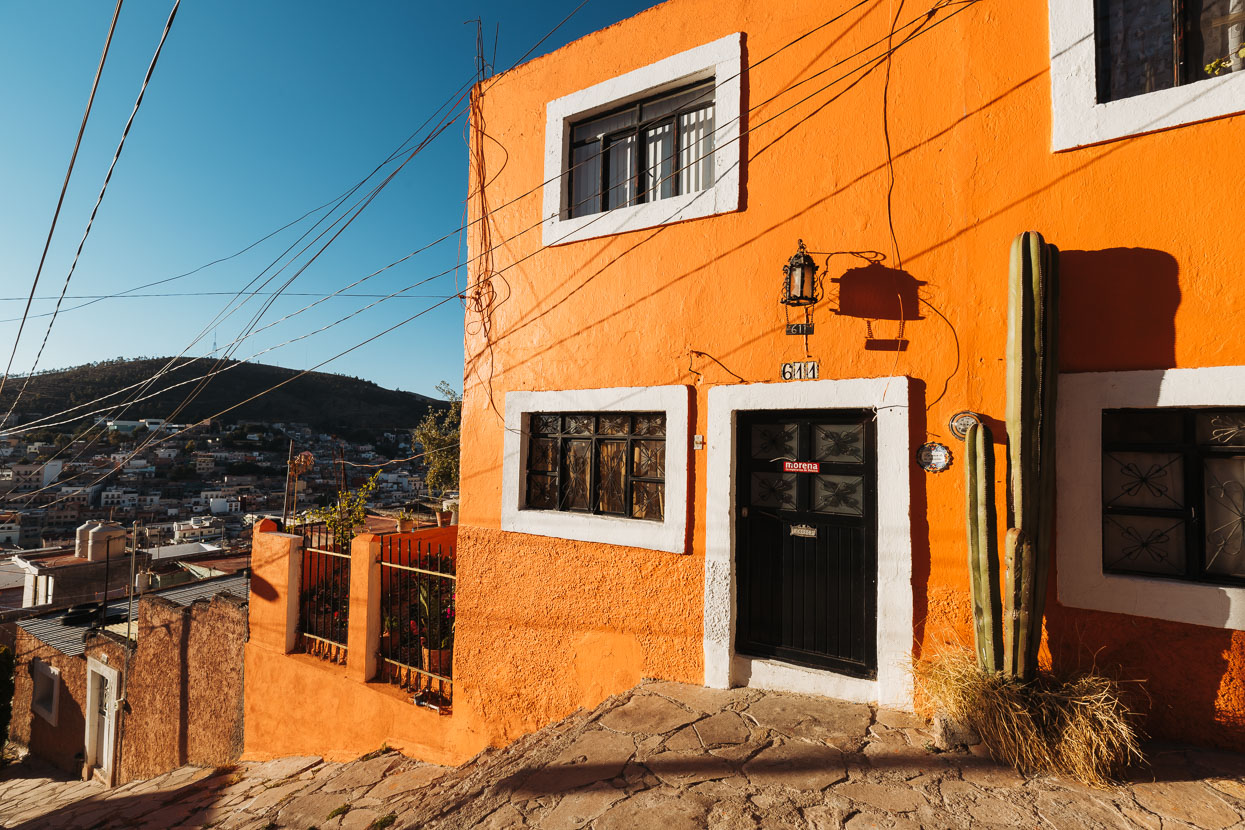
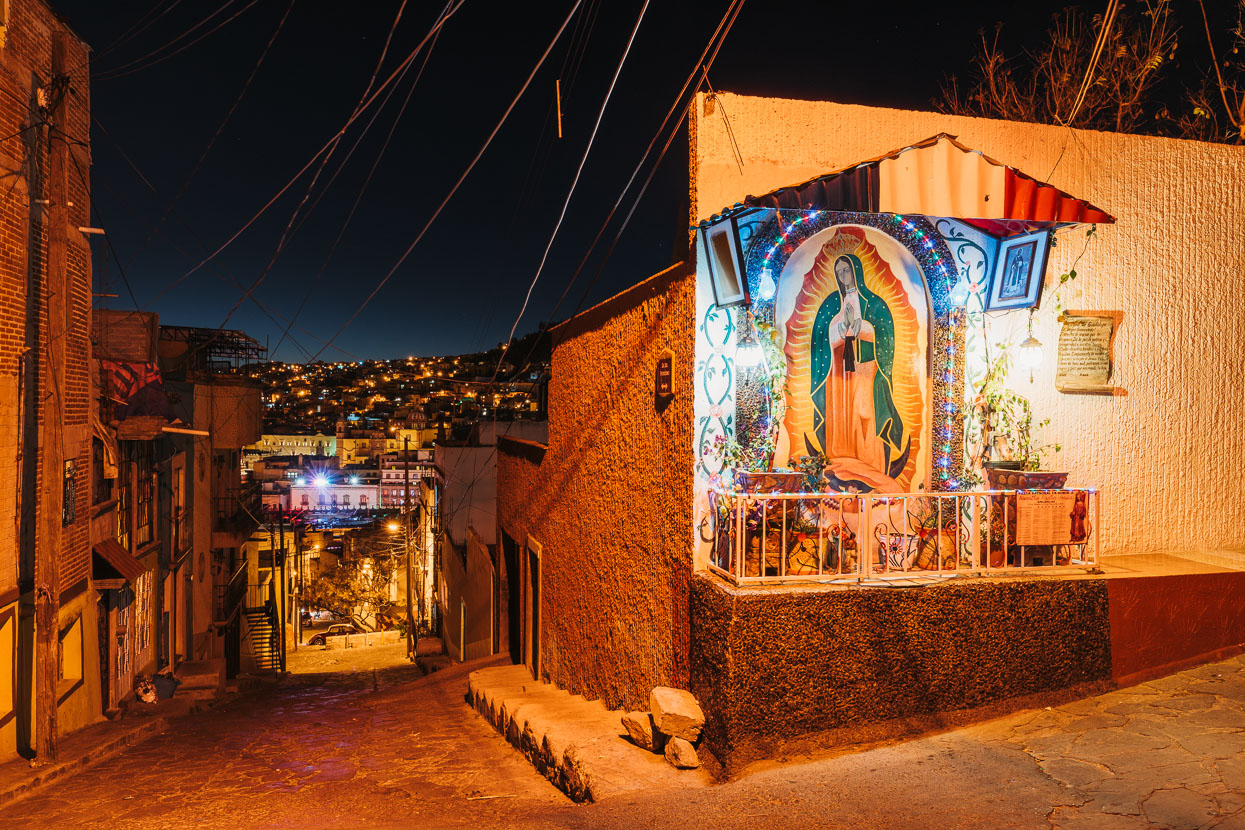
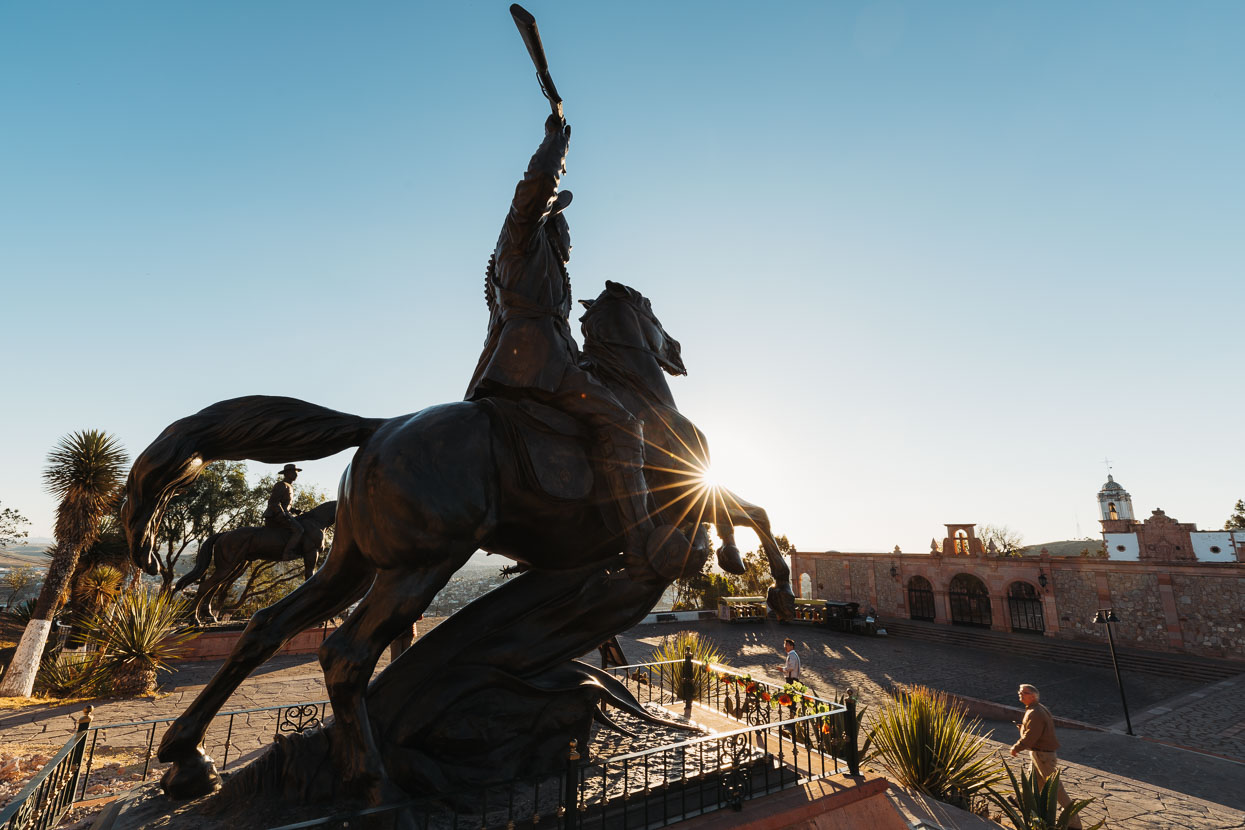
La Bufa – a large volcanic plug – towers above the city and is a great place to catch a view and see some amazing bronze statues; including revolutionary Francisco ‘Pancho’ Villa.
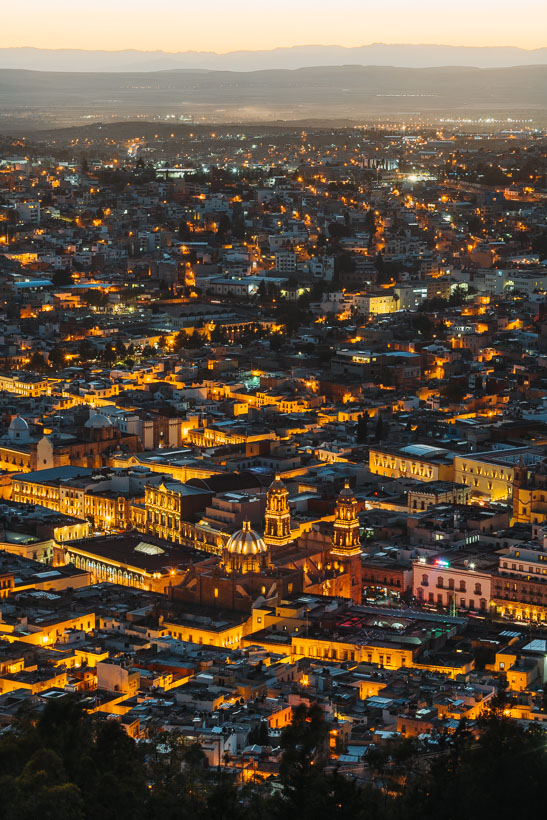
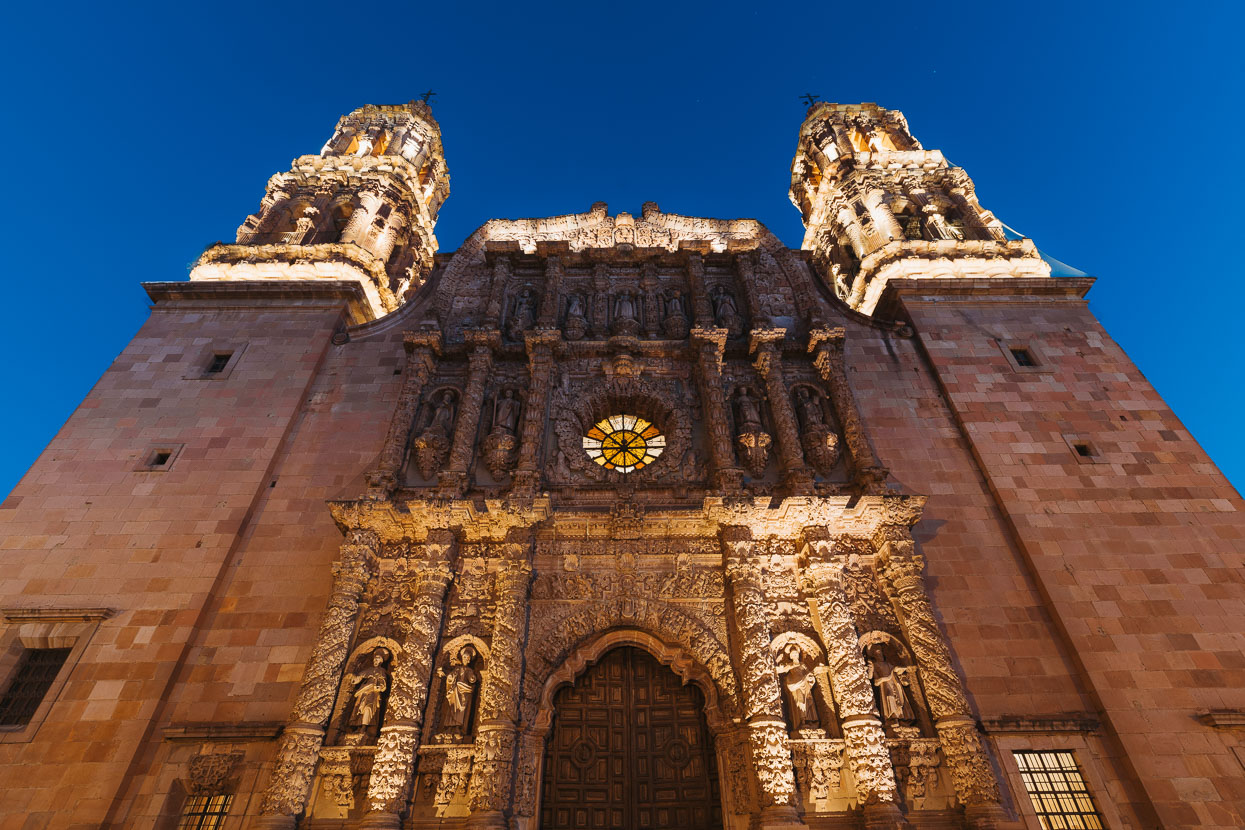
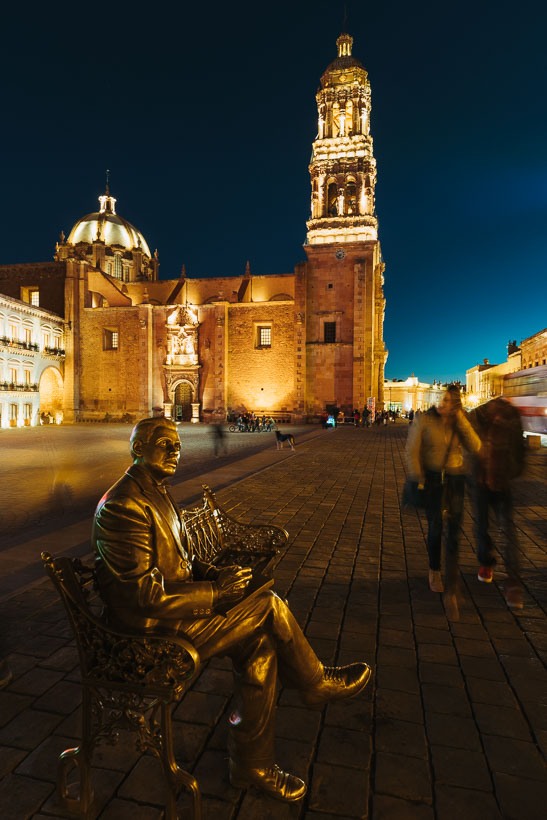
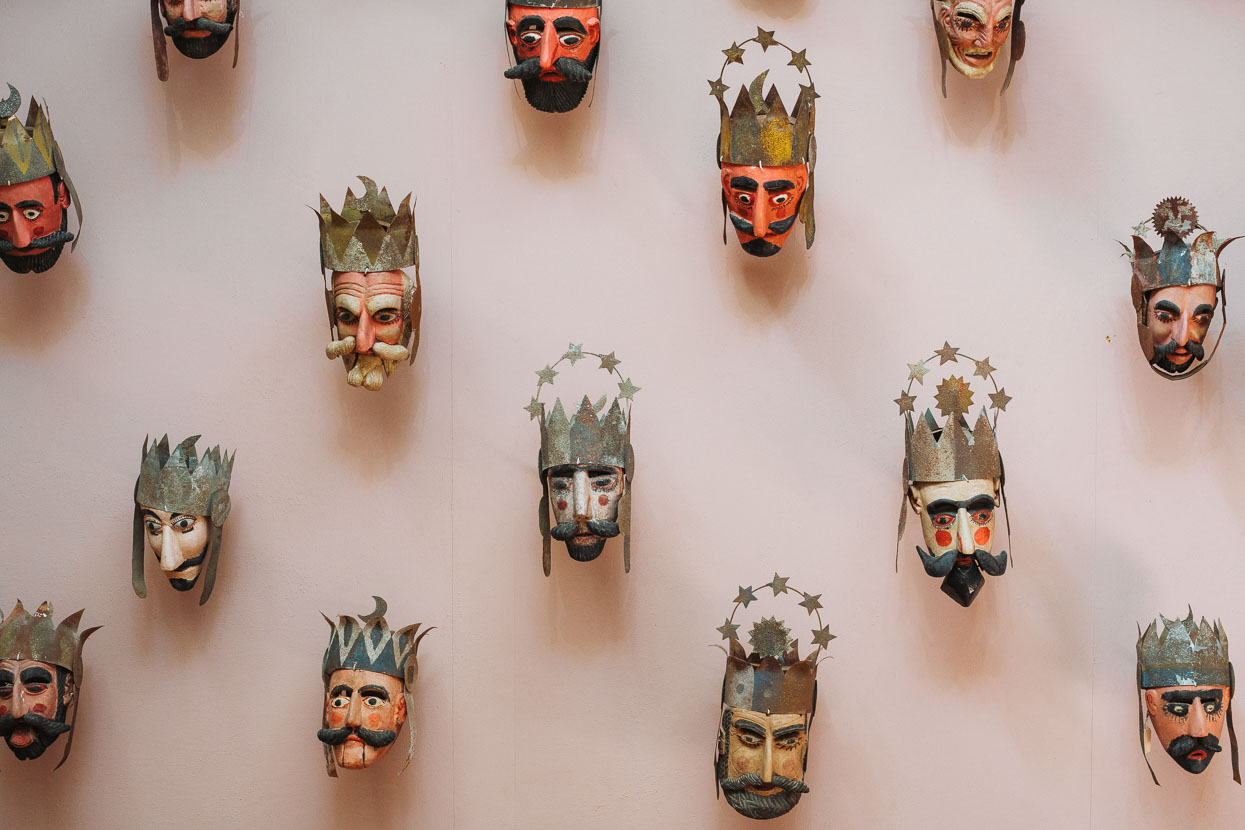
The mascara museum ‘Museo Rafael Coronel’ located in an old monastery was an interesting diversion from our typical rest day activities of eating and blogging. When travelling vehicle-based as we did for four months in Mexico in 2010 we are avid museum visitors but this time, by bike, we find little motivation to do the typical tourist activities. It seems that long days cycling through Mexico’s hilly countryside, villages and cities is ample stimulation – we see day-to-day life in full clarity and week by week are starting to make sense of how this amazing country ticks along.
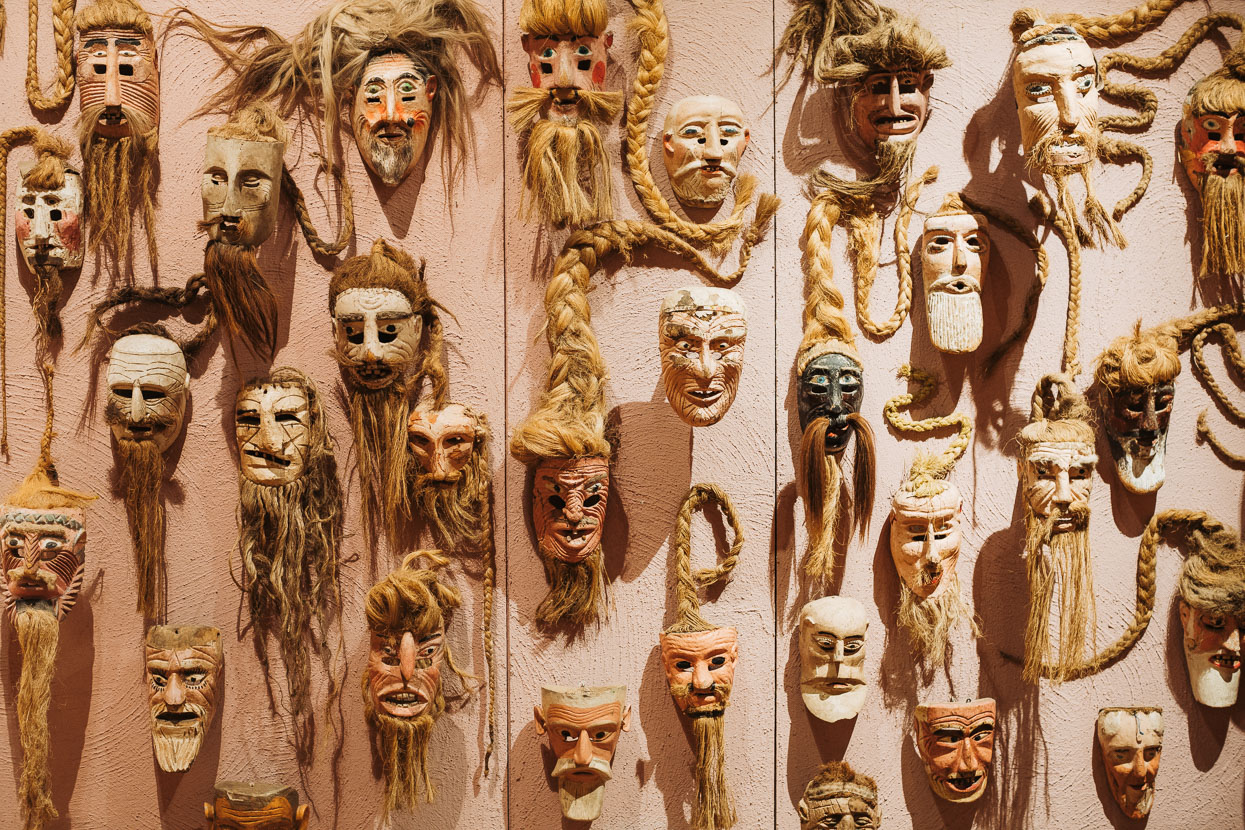
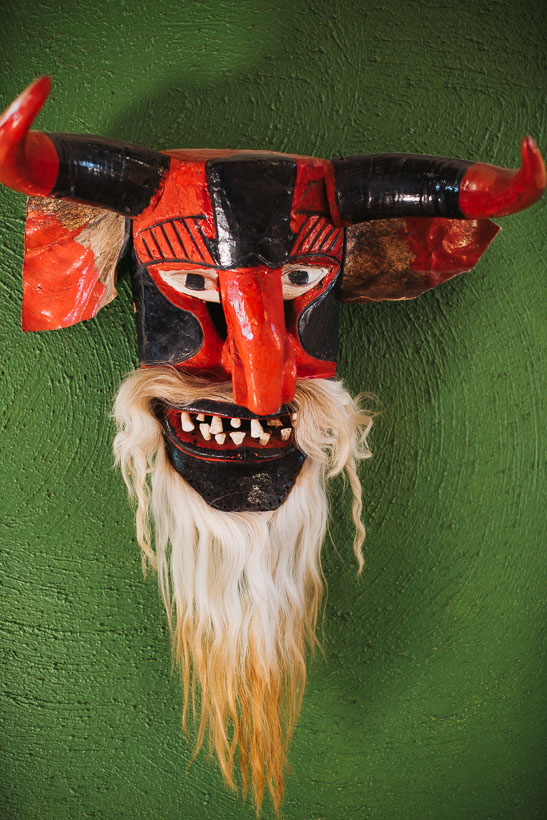
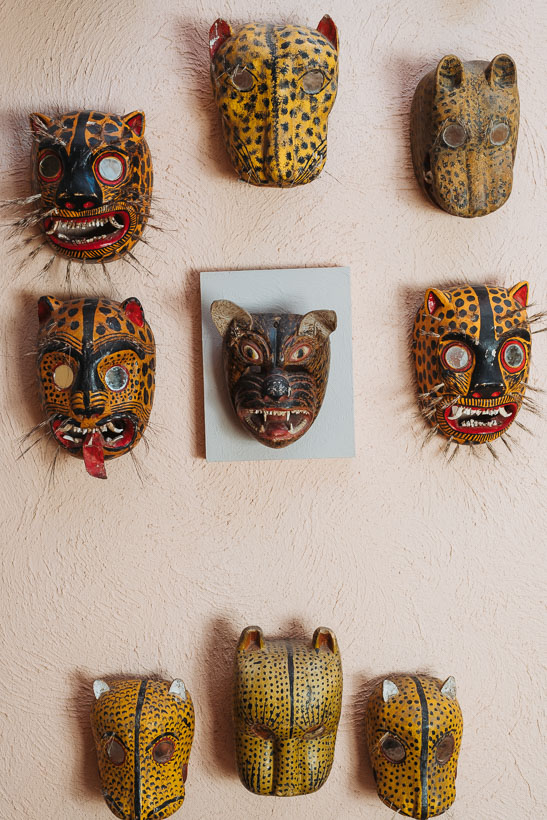
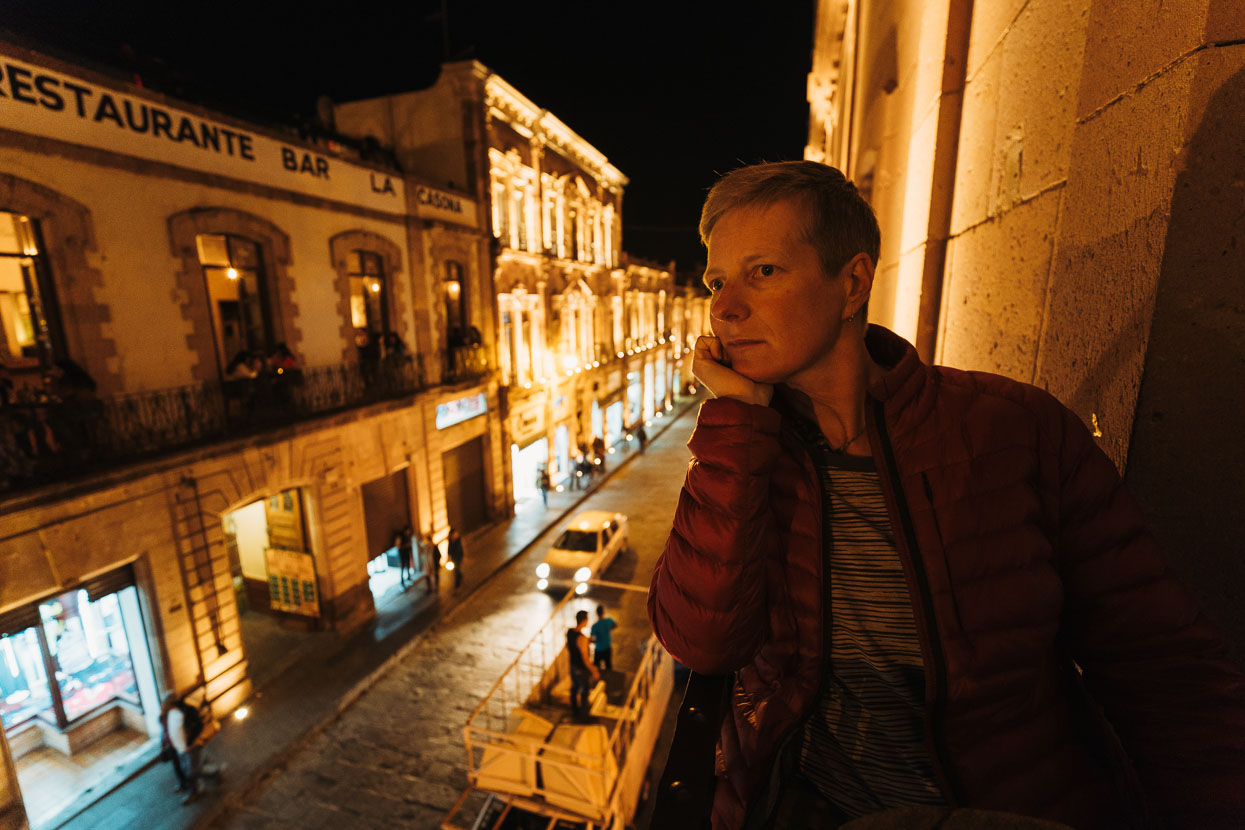
We had planned two days off in Zacatecas, but somehow it stretched to four, such was the appeal of this interesting place. It was nice to relax and catch up on admin. We planned and booked our week of Spanish study in Guanajuato and I worked on an article for Wilderness magazine and blog updates.
We were very lucky to enjoy the company of Warm Showers hosts Francisco and Sandra and their entertaining friend Ernesto. These great people showed us Zacatecas in the evenings and live right in the heart of the city – the door to their building opening onto one of the nicest plazas. Being with local people was great for practising our Spanish, and put us in touch with what was on in town. Seeing the state chamber orchestra play Bach and Mozart was a couple of hours of blissful music immersion – something we realise we’ve both been missing.
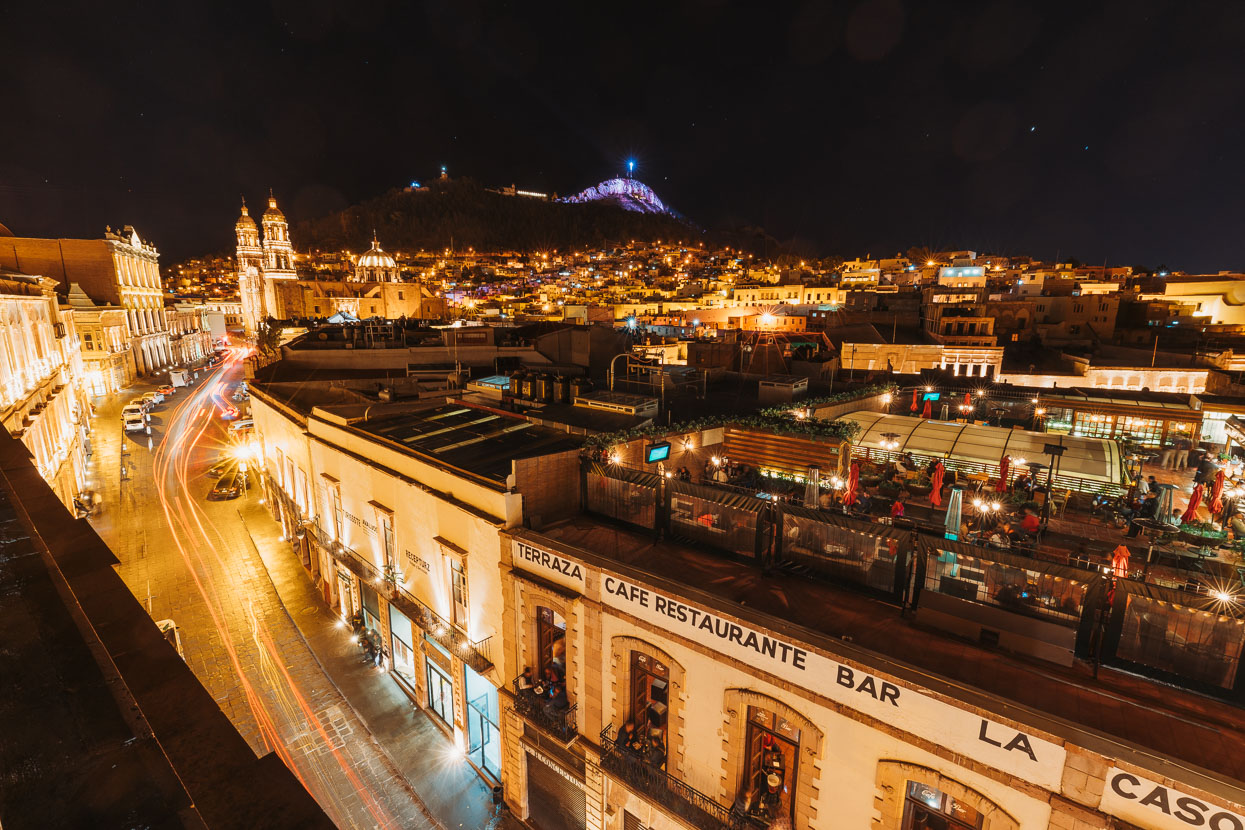
Rooftop view from Franciso and Sandra’s building. La Bufa top, centre.
Thanks to Biomaxa, Revelate Designs, Kathmandu and Pureflow for supporting Alaska to Argentina.

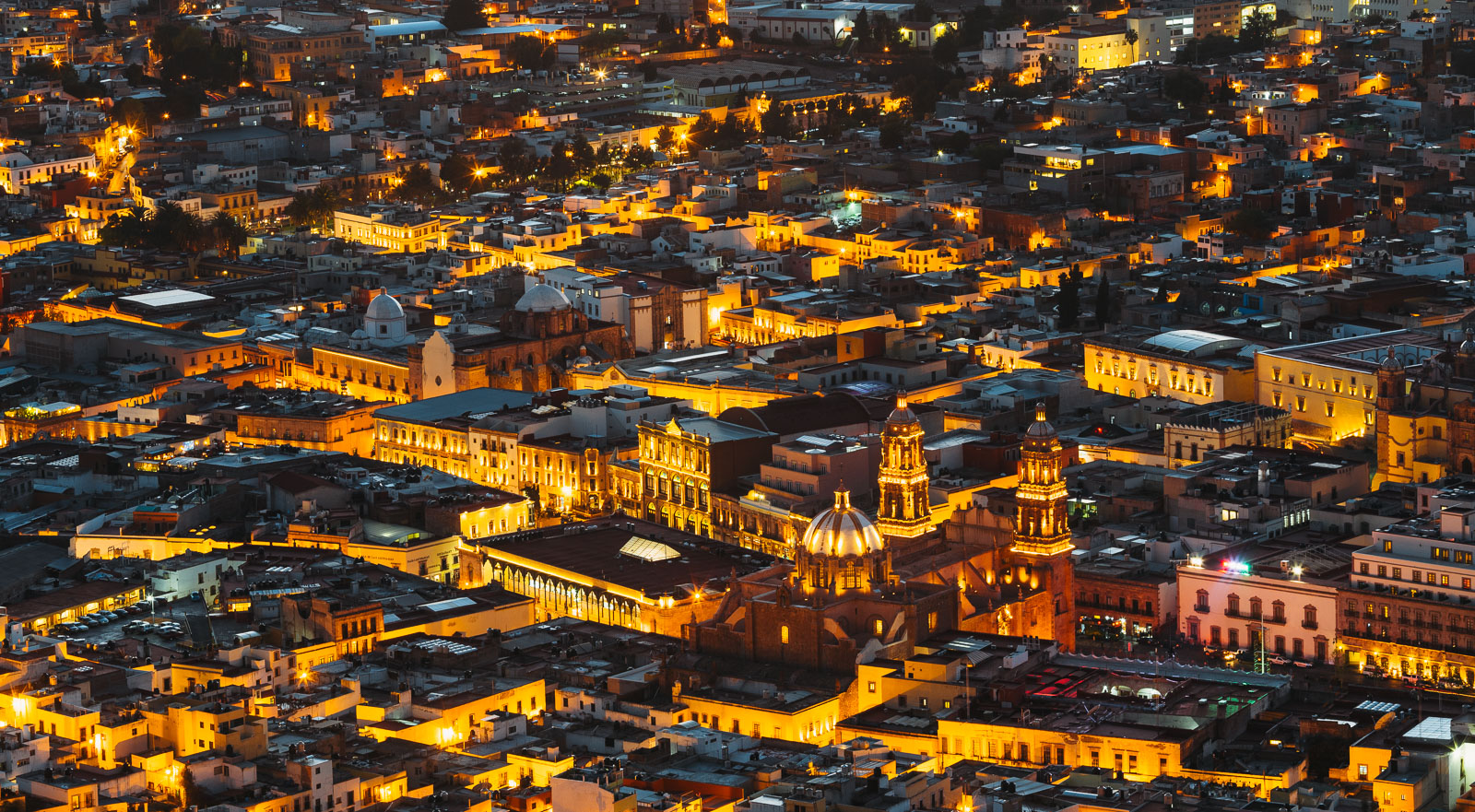


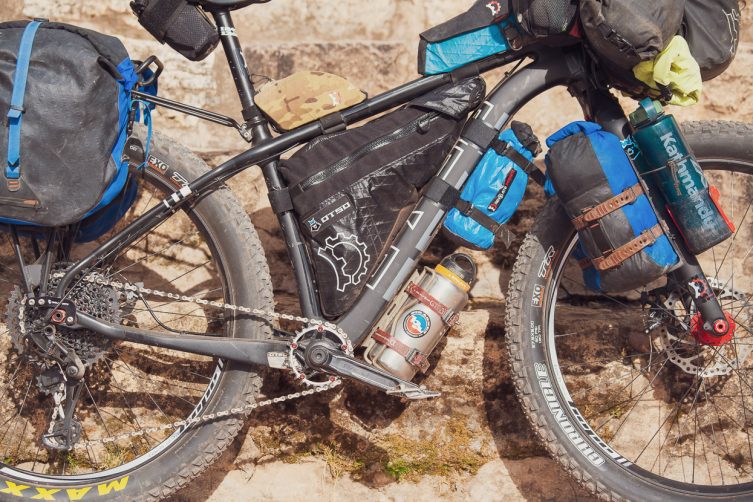
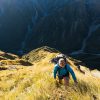
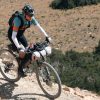
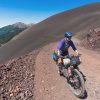

que rica! ilana and i reckon that jeraldo and his perro look lo mismo. safe travels amigos 🙂
Thanks JV! Loving it.
Nice!!!
Awesome stuff, loving the updates
Thanks for post. Love your trip and photos. Thanks so much for sharing. How many days and miles was the Durango – Zacatecas route?